International Student & Scholar Handbook
2025-26
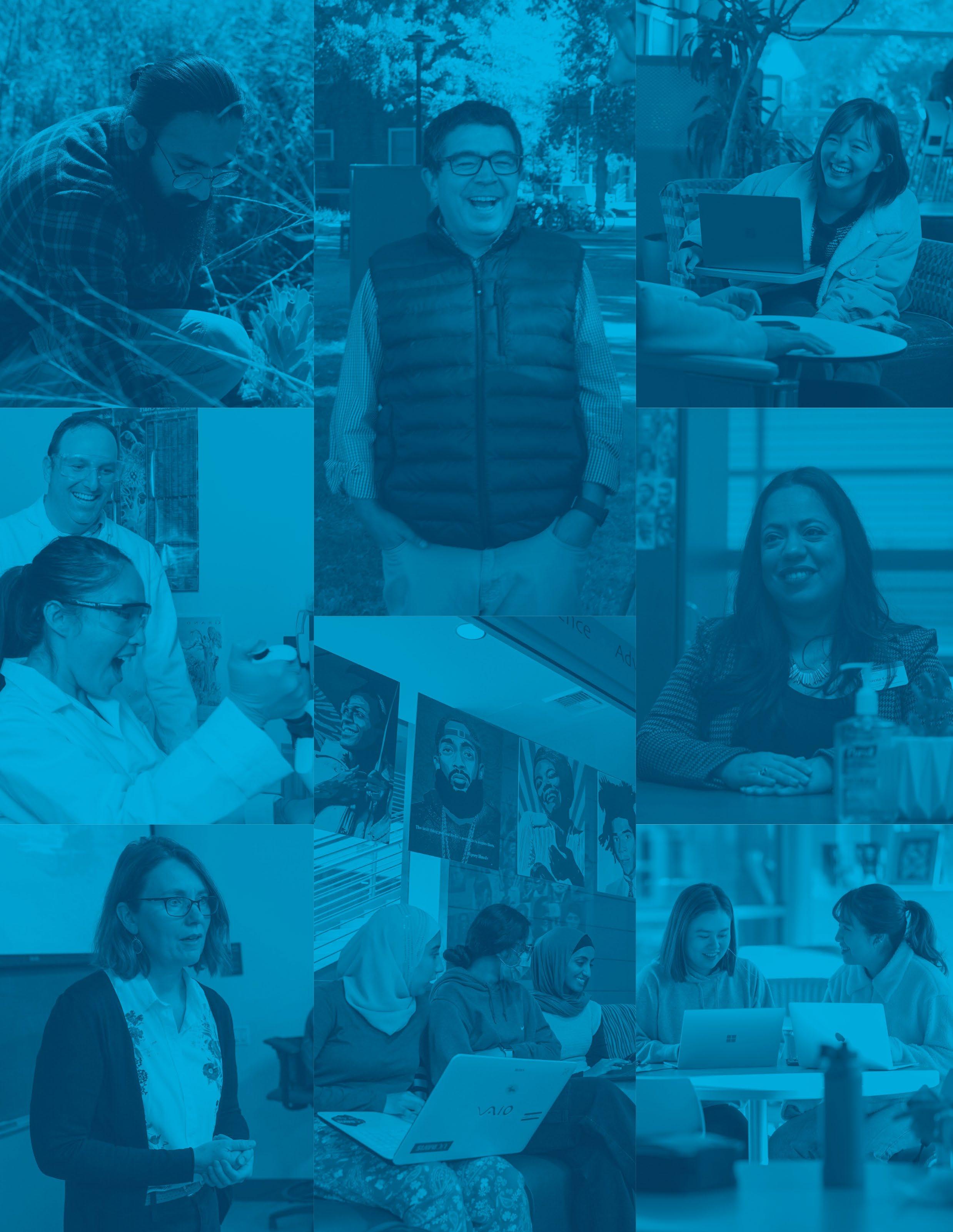
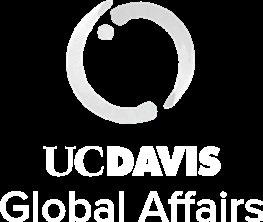


2025-26



Dear international students and scholars,
On behalf of Global Affairs and the Services for International Students and Scholars (SISS) staff, we warmly welcome you to UC Davis. Our team is dedicated to supporting your academic and career success. We look forward to helping you achieve your goals and maximize your experience here. The diverse global community at UC Davis is a part of what makes us great. By exchanging ideas, knowledge, cultures and values, we create a more inclusive and resilient world. UC Davis remains committed to being a welcoming space for all, and we continue to advance justice, equity, diversity and inclusion. These values are at the heart of the UC Davis Global Affairs mission.
We recognize that this is a time of deep challenges and hardship for many around the world. Global conflicts, natural disasters and social injustices have intensified, reminding us of our shared responsibility to foster empathy, inclusivity and support across borders.
This Handbook is designed to be a helpful reference before and after you arrive in California. Within its pages, you’ll find information about getting settled, exploring the surrounding areas and communities, connecting with resources, finding activities, building your social network, and learning about the campus.
Your SISS advisors are here to answer your questions and help you plan your time in the United States. Whether you are navigating new policies, overcoming academic challenges, or achieving career goals, our team is ready to provide the support and resources you need to succeed.
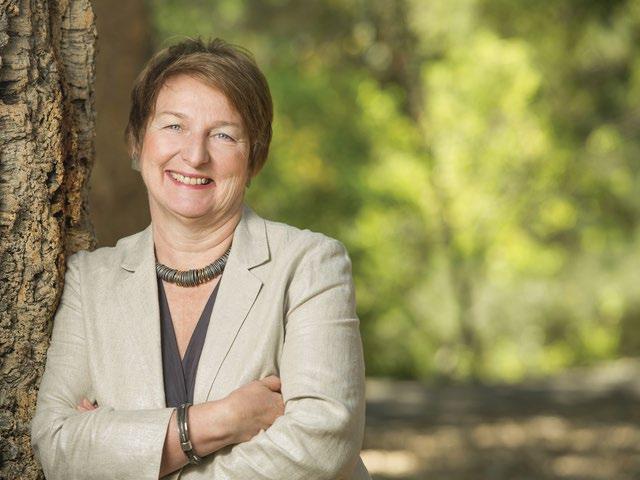
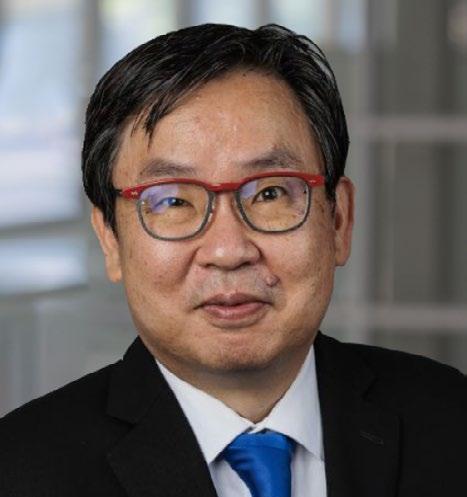
Joanna Regulska
Vice Provost and Dean of Global Affairs Distinguished Professor of Gender, Sexuality and Women’s Studies
Andrew Shiotani Director of Services for International Students and Scholars





Services for International Students and Scholars (SISS) within Global Affairs is here to help you on your journey to achieve your academic or career goals.
SISS staff members assist international students, postdocs, staff, researchers, faculty and their families with:
• Preparing documents needed to apply for a U.S. entry visa
• Providing information about arrival in the U.S. and at UC Davis, including visa and immigration orientation
• Helping to explain the legal requirements for maintaining valid immigration status while in the U.S.
• Assisting with questions involving U.S.-based employment, international travel, and more
• Providing information, advice and resources regarding financial, personal, cultural, and academic concerns
The SISS International Student Services team serves more than 8,000 UC Davis international students from all over the world by issuing Form I-20 (for F-1 students) and Form DS-2019 (for J-1 students), and advising students about their U.S. immigration requirements, such as maintaining valid legal status, and seeking benefits such as employment authorization.
The team also works closely with other offices across the university to ensure that the UC Davis international student experience is successful and fulfilling.
SCHEDULING AN APPOINTMENT WITH AN INTERNATIONAL STUDENT ADVISOR:
Schedule in-person or Zoom appointments. Advisors are assigned by the first letter or your surname and/or area of professional study. Please find your advisor by visiting siss. ucdavis.edu/people, or by emailing siss@ucdavis.edu.
The SISS International Scholar Services team provides visa and immigration services to UC Davis’s international scholars and employees, including visiting scholars, postdoctoral researchers, faculty, staff and their family members.
In addition to assisting with a variety of scholar-related visa categories (including J-1, H-1B, TN, E-3, O-1, and lawful permanent residence), our team serves as a point of referral for scholars on a broad range of issues, including arrival, campus resources, cross-cultural adjustment, employment eligibility, and more.
SCHEDULING AN APPOINTMENT WITH AN INTERNATIONAL SCHOLAR ADVISOR:
You may schedule an appointment with a member of the International Scholar Services team by contacting the appropriate advisor as listed at siss.ucdavis.edu/people, or by emailing sissscholar@ucdavis.edu.
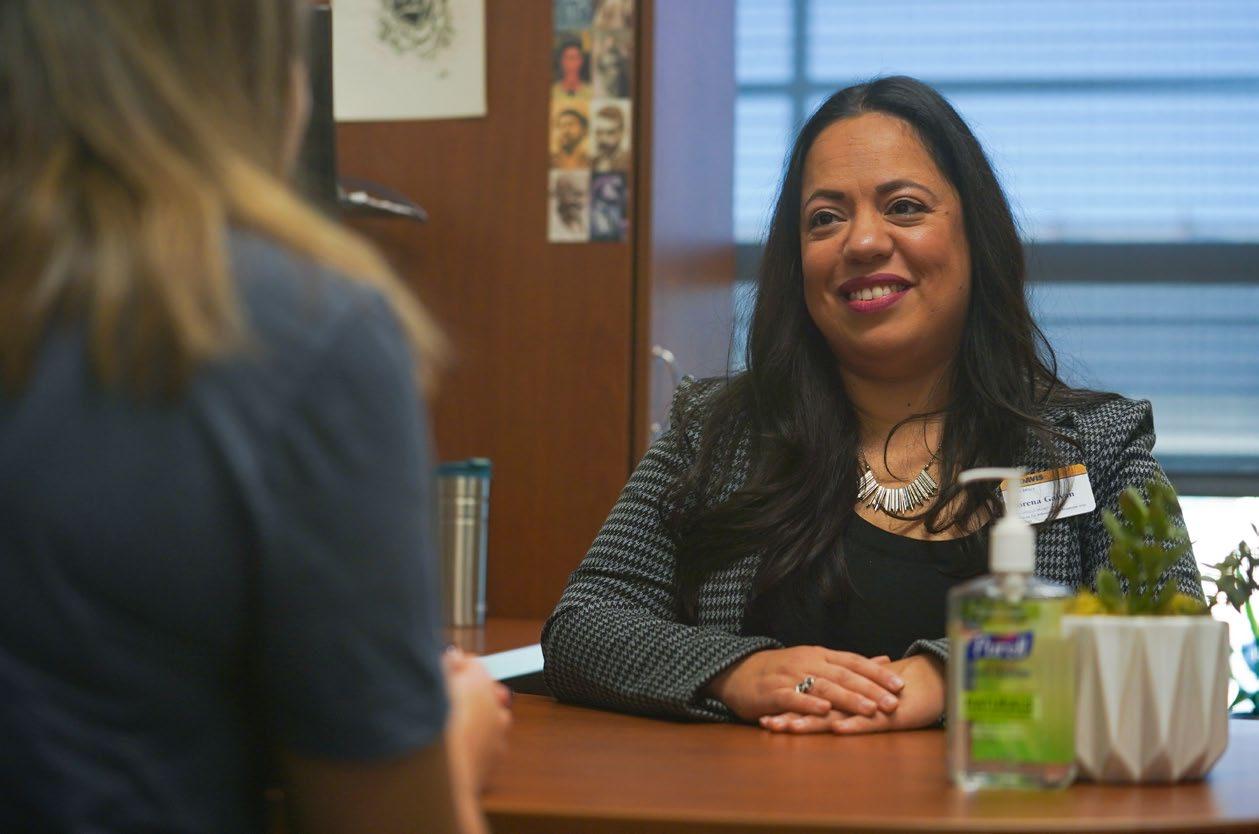
Contact: siss@ucdavis.edu or phone at 530-752-0864.
Find general contact information at siss.ucdavis.edu/contact-us.

UC Davis is a diverse community comprised of individuals having many perspectives and identities.
We come from a multitude of backgrounds and experiences, with distinct needs and goals. We recognize that to create an inclusive and intellectually vibrant community, we must understand and value both our individual differences and our common ground. The UC Davis Principles of Community is an aspirational statement that embodies this commitment, and reflects the ideals we seek to uphold.
The University of California, Davis, is first and foremost an institution of learning, teaching, research and public service. UC Davis reflects and is committed to serving the needs of a global society comprising all people and a multiplicity of identities. The university expects that every member of our community acknowledge, value, and practice the following guiding principles.
We affirm the dignity inherent in all of us, and we strive to maintain a climate of equity and justice demonstrated by respect for one another. We acknowledge that our society carries within it historical and deep-rooted injustices and biases. Therefore, we endeavor to foster mutual understanding and respect among the many parts of our whole.
We affirm the right of freedom of expression within our community. We affirm our commitment to non-violent exchange and the highest standards of conduct and decency toward all. Within this context we reject violence in all forms. We promote open expression of our individuality and our diversity within the bounds of courtesy, sensitivity and respect. We further recognize the right of every individual to think, speak, express and debate any idea limited only by university regulations governing time, place and manner.
We confront and reject all manifestations of discrimination, including those based on race, ethnicity, gender and gender expression, age, visible and non-visible disability, nationality, sexual orientation, citizenship status, veteran status, religious/ non-religious, spiritual, or political beliefs, socio-economic class, status within or outside the university, or any of the other differences among people which have been excuses for misunderstanding, dissension or hatred. We recognize and cherish the richness contributed to our lives by our diversity. We take pride in all our achievements, and we celebrate our differences.
We recognize that each of us has an obligation to the UC Davis community of which we have chosen to be a part. We will strive to build and maintain a culture and climate based on mutual respect and caring.
Read more about the Principles of Community at excellence.ucdavis.edu/principles-community-statement.
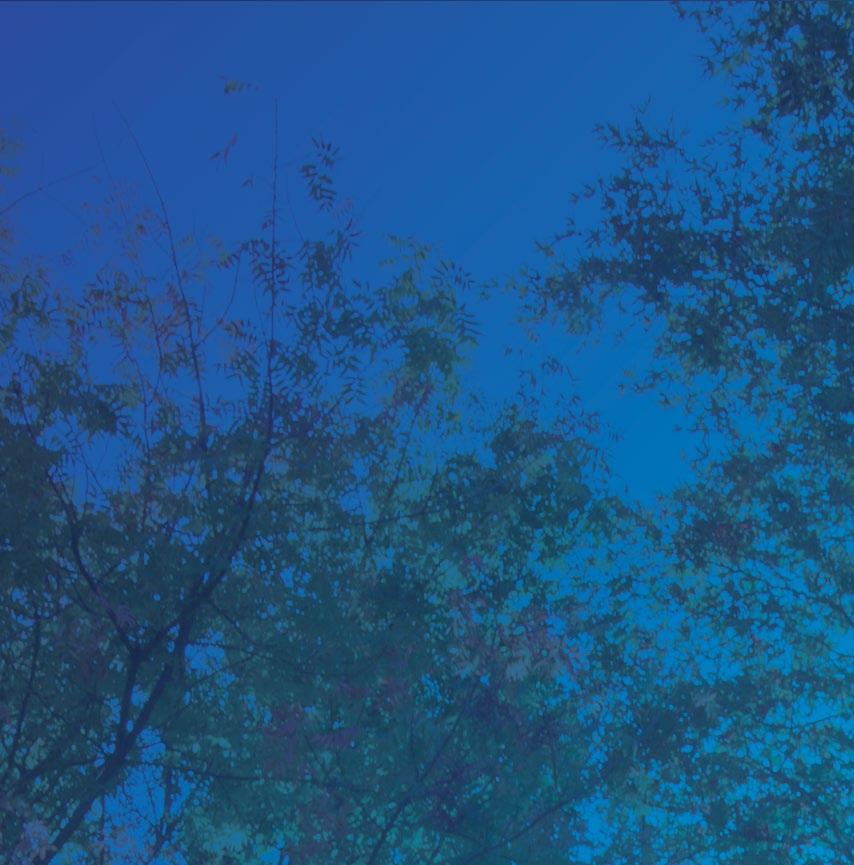

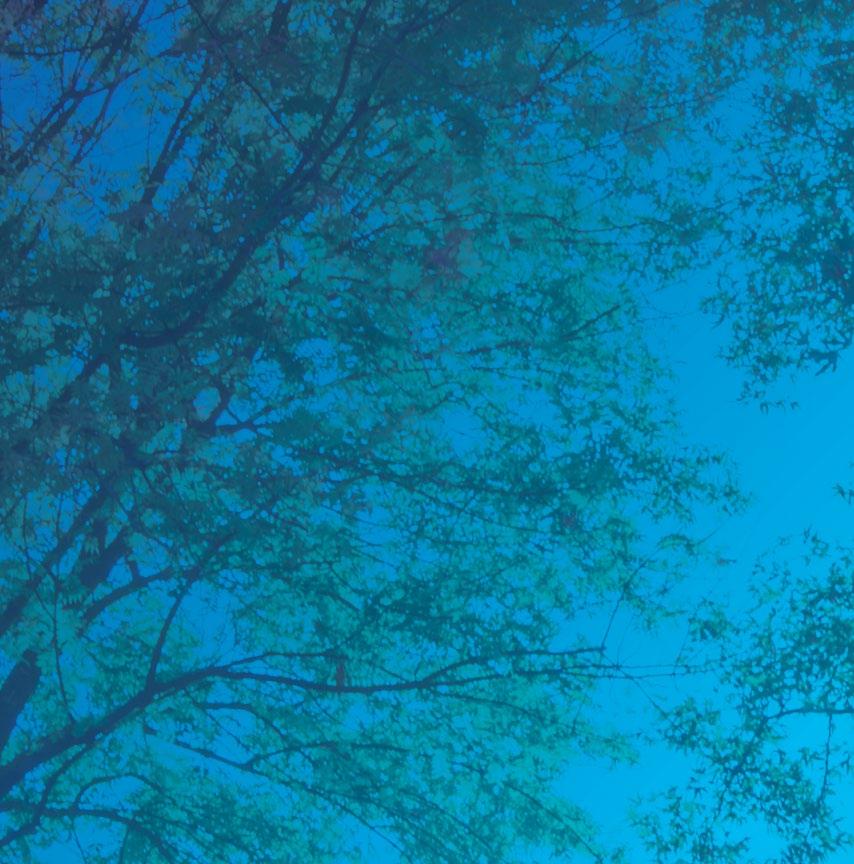
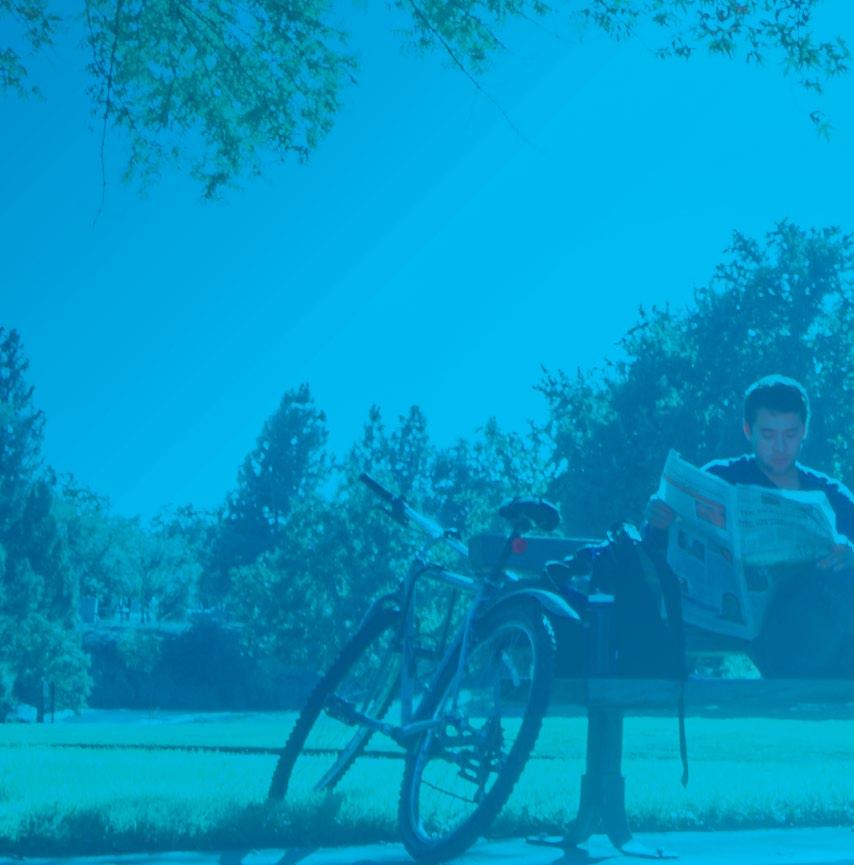
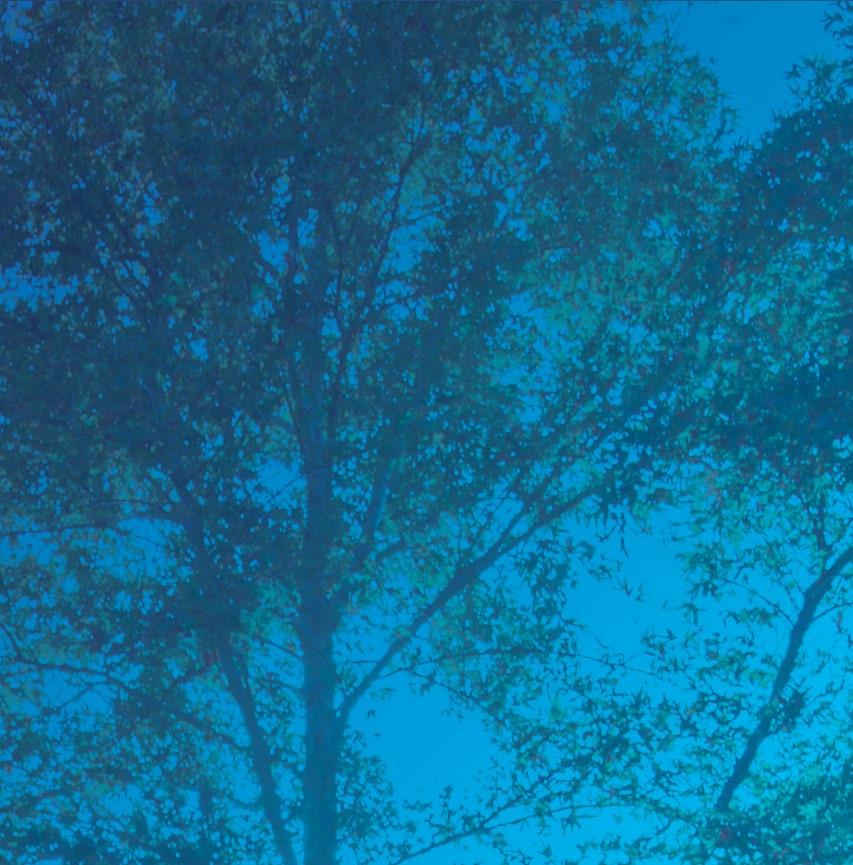
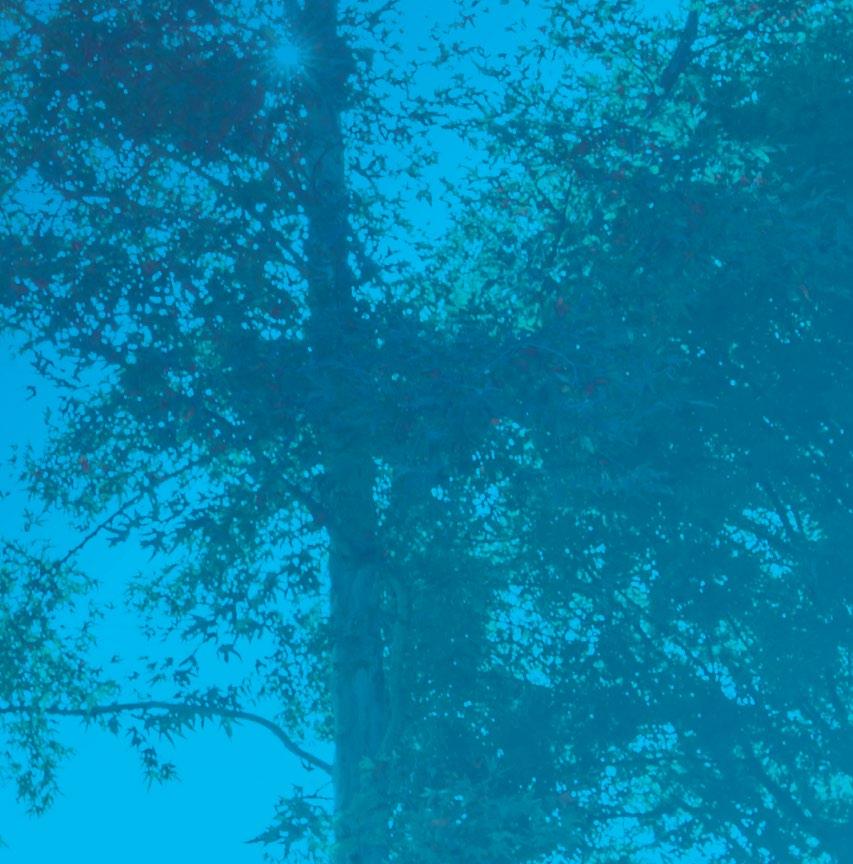



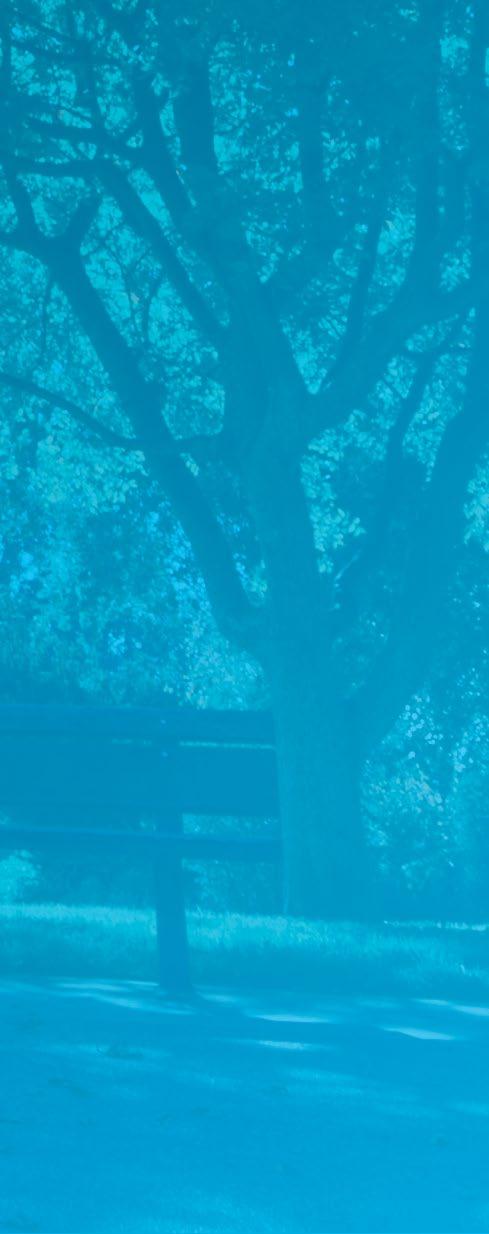
Checklist for International Students

Find this information online at siss.ucdavis.edu/pre-arrivalchecklist.
1 myadmission.ucdavis.edu Submit Statement of Intent to Register
2 Request an I-20 or DS-2019 from Services for International Students and Scholars (SISS) iglobal.ucdavis.edu
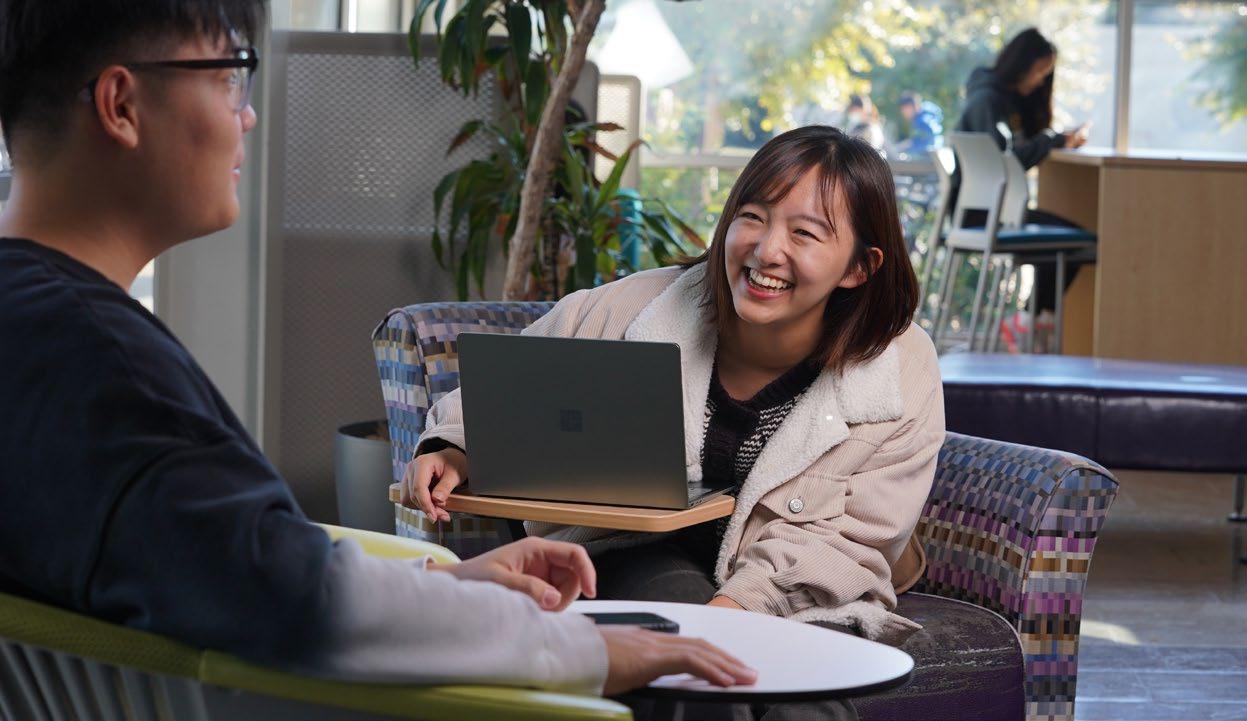
7 Make Flight and Ground Transportation Arrangements siss.ucdavis.edu/airport-transportation
3 Pay the SEVIS Fee or Request a SEVIS Record Transfer fmjfee.com
8 Pay Your International Student and Administration Fees siss.ucdavis.edu/fees-and-tuition
4 Apply for your Visa siss.ucdavis.edu/visa-and-entry-united-states
9 Provide Proof of Immunizations sources/new-students.
5 Look at Housing Options siss.ucdavis.edu/housing
6 Know Your Orientation Requirements siss.ucdavis.edu/international-orientation
10
Connect with your International Academic Advisor with Questions
• College of Agricultural and Environmental Sciences: caesadvising@ucdavis.edu
• College of Biological Sciences: cbsundergrads@ ucdavis.edu
• College of Engineering: engugrad@ucdavis.edu
• College of Letters and Science: Isinternational@ ucdavis.edu Questions? Email siss@ucdavis.edu.

1 Department Initiates Visa Sponsorship Process with SISS
6 Plan for Dependent Children Schooling
2 Obtain Your Immigration Document from SISS and Apply for Your U.S. Entry Visa
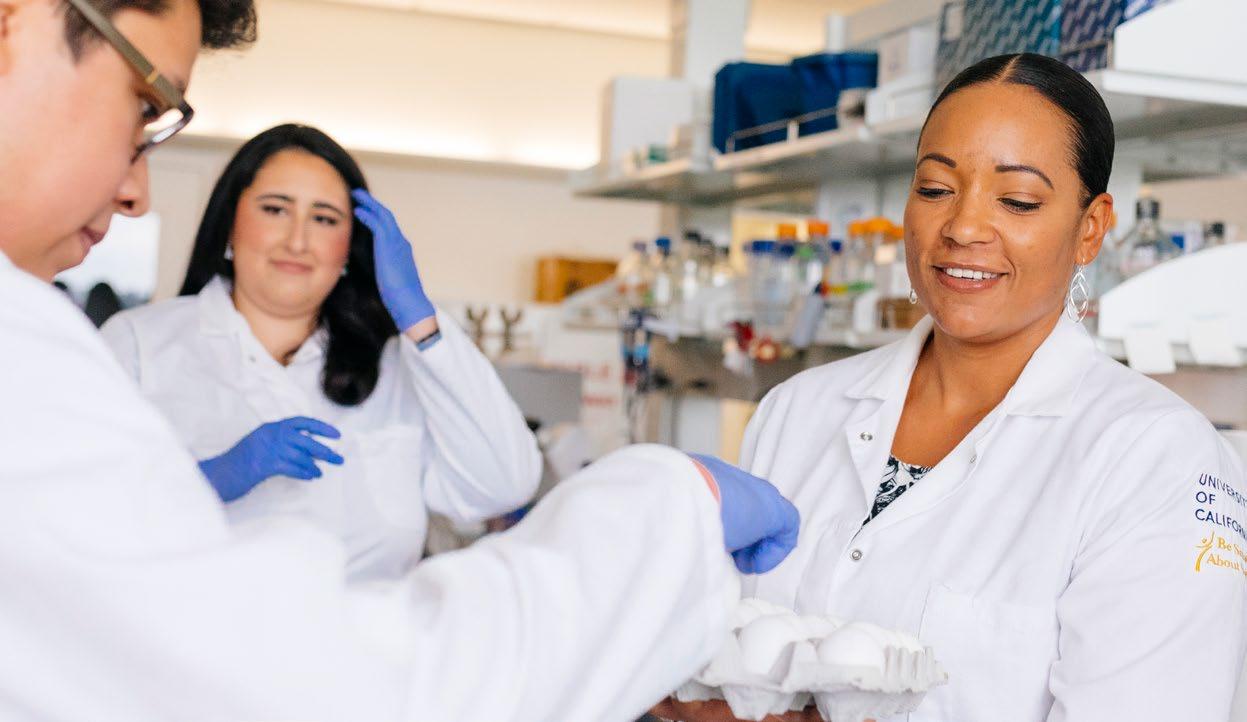
3 Plan Your Flight to the U.S. and Ground Transportation Options
4 Plan Housing Options
5 Plan Your Health Insurance and Medical Needs
7 Check-in with SISS and Your Department
8 Apply for Your Aggie ID
9 Apply for Your U.S. Social Security Number, if Necessary
10 Contact SISS and Your Department with Questions
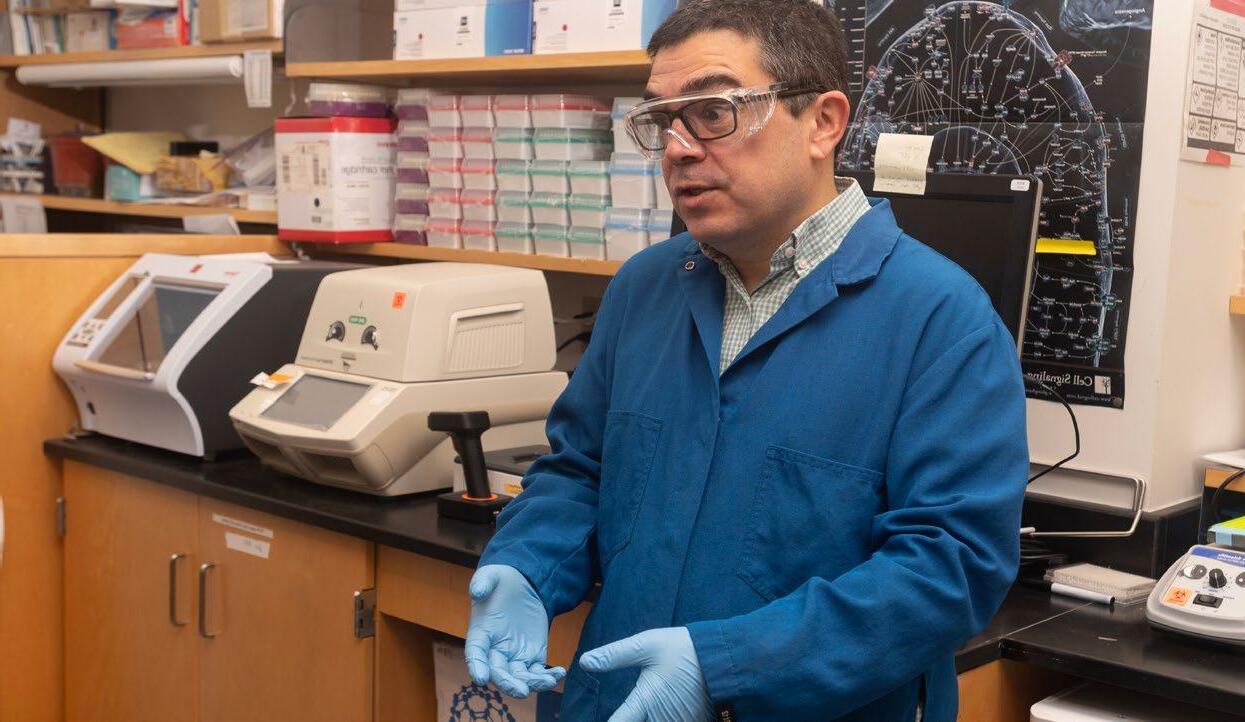
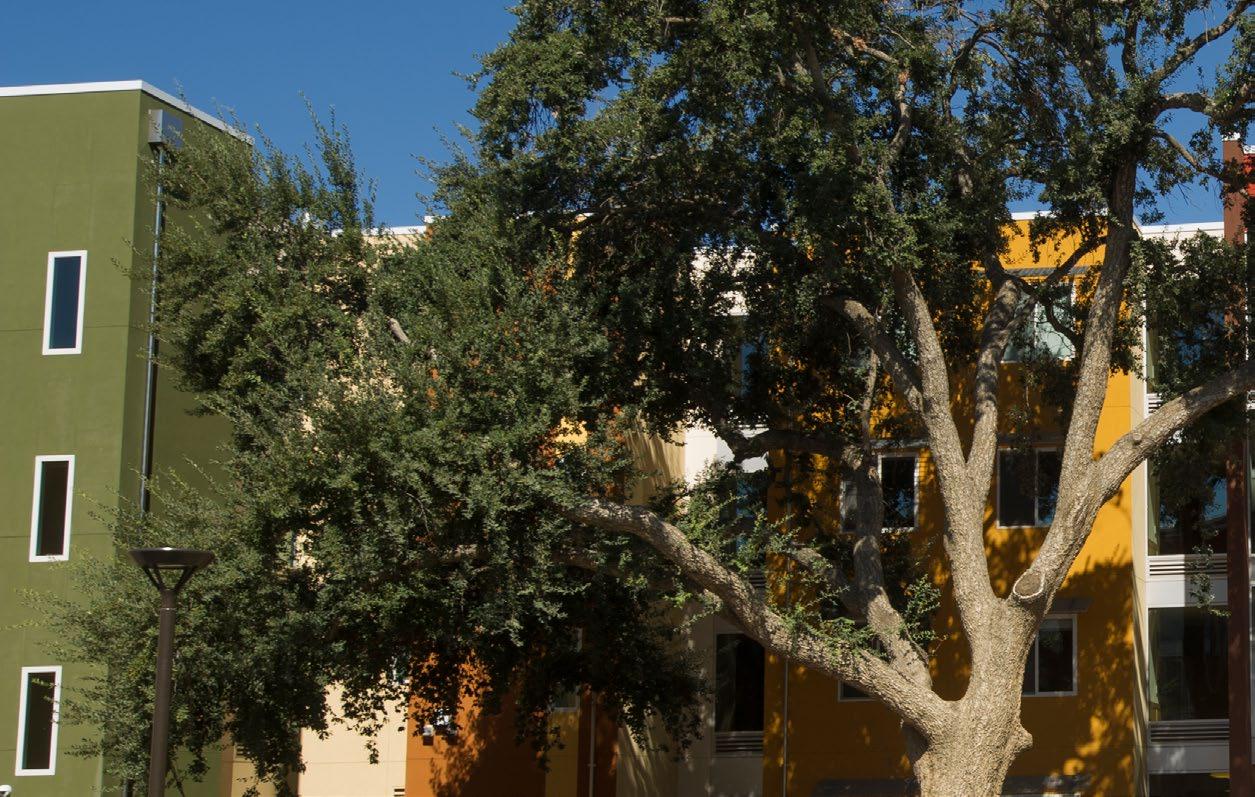
Incoming first-year and transfer undergraduate students under the age of 24 who are entering for the fall quarter are guaranteed on-campus housing as long as they meet all eligibility requirements. First-year students are offered housing in the Residence Halls: Segundo, Tercero, and Cuarto. Residence halls have different types of rooms, such as singles for one person or double and triple occupancy rooms shared among roommates. Each room type has furniture for each occupant: a bed, a wardrobe or closet for clothes, and a desk with a lamp. All three housing areas have dining commons, where meals are prepared and served. More information about on-campus housing and meal plans can be found at housing.ucdavis.edu
Incoming transfer undergraduate students under the age of 24 who are entering for the fall quarter are guaranteed on-campus housing as long as they meet all eligibility requirements. Up to the first 1,000 incoming transfer students entering UC Davis for the fall quarter are guaranteed housing in The Green at West Village, oncampus apartments operated by UC Davis Student Housing and Dining Services. Read more about The Green at thegreen.ucdavis.edu. More information about on-campus housing and meal plans can be found at housing.ucdavis. edu.
UCEAP students must secure housing before classes start. There are many options to rent on and off campus. Learn more in this handbook or online at siss.ucdavis.edu/ housing
There are on-campus housing options for graduate students, but experts recommend that you start looking for housing as early as possible. You can ask your graduate coordinators or your program contacts to assist you.
Graduate students may also want to consider Orchard Park and Primero Grove, which offer family housing and are managed by Student Housing and Dining Services.
Depending on the year, move-in dates for residence halls are typically around middle or late September. Students moving into The Green will move in the middle of September. Find general move-in information at housing.ucdavis.edu, and specific dates are provided to each student via the “MyHousing” portal.
Students moving in winter or spring quarter should contact Student Housing at studenthousing@ucdavis. edu.
In addition to the residence halls and on-campus apartments, UC Davis students can also explore PublicPrivate Partnerships. These additional on-campus housing choices are privately owned and managed, and represent a wide range of community and lifestyle options for students to make campus their home. Leases with these properties are independent of the university. Learn more at housing. ucdavis.edu/apartments. Incoming graduates with families may want to consider how close schools and childcare will be to your home. For guides on how to find childcare and schools in Davis and surrounding areas, visit siss.ucdavis. edu/childcare-and-school-enrollment
UC Davis offers family-friendly apartments on campus to transfer, graduate, and professional students. Apartments come with furnished or unfurnished options, and come equipped with full-size kitchens, including a refrigerator, stove and oven. More information about apartments at UC Davis can be found at housing.ucdavis.edu/apartments.
There are housing cooperatives on the UC Davis campus open to students. Housing cooperatives value community involvement, so residents are often required to contribute to the upkeep of the house. Most cooperatives host weekly communal dinners and social activities for residents to get to know each other. To learn more about each housing co-operative, visit housing.ucdavis.edu/apartments.
Scholars will need to secure housing off campus. You can secure housing in and around Davis, but we recommend you start looking early. See page 10 for more. Find additional details, including short and long-term housing at siss.ucdavis.edu/housing.
Securing housing in and around Davis can be challenging, so it’s best to start looking early. Those working or learning in Sacramento may have an easier time securing housing. When looking for off-campus housing, Consider cost, length of lease, and proximity to campus and shopping if you do not have a vehicle, and school districts if you have children.
A range of apartment options in Davis vary in price and proximity to campus, and options in Sacramento vary in price, amenities and location. Depending on the apartment, some may have furnished options, though that is not common. Typically, monthly rent covers some utilities (water, sewage and trash), but tenants must set up and pay for electricity and/or gas and Wi-Fi. The rental agreement or lease is usually an eight to 12-month lease and requires renters to pay the first and last month’s rent as well as an initial security deposit that can be returned if the apartment is left without damages.
Houses can offer larger living spaces and additional amenities such as private yards and garages. Unlike apartments, some homeowners (landlords) may require the tenant to pay all utilities, while others may include it in the rent. Housing rental agreements usually require an initial security deposit, and may be for between 3-12 months.
Residents (including homeowners or other renters) may be looking for housemates or roommates. With this type of living arrangement, you can expect to share general spaces like the kitchen, living room and bathroom. Be sure you understand all the privileges and limitations a private homeowner may want before making any type of agreement.
The Associated Students of UC Davis (ASUCD) maintains an online database of off-campus housing. You can find apartments, houses, rooms in a shared house or apartment, and people looking for roommates through the list. Sign up at chl.ucdavis.edu
ASUCD also provides guidance through Housing Advising for Undergraduate Students (HAUS). Search for it on asucd. ucdavis.edu
Students can find resources to help their housing search through Student Housing and Dining Services: housing. ucdavis.edu.
UC Davis students often use Facebook groups to look for roommates in a shared home or apartment. You’ll need a UC Davis email address to join the groups. Use Facebook to search two popular search terms, “UC Davis Off-Campus Housing” and “Sublease and Short-Term Housing.”
The Nextdoor App is a free mobile application that connects the user with their neighbors. Through this app, users are able to get information on community events, safety alerts, and find recommendations for goods and services in Davis.
• Landlord: The person who owns the property you would rent.
• Lease term: The rental contract you sign that guarantees you the home for a specific period of time.
• Maintenance: Necessary repairs to the property that are the responsibility of the property manager or landlord.
• Property manager: The person hired by the landlord to manage the property on the landlord’s behalf
• Rent: The monthly payment you make for your home.
• Security Deposit or Deposit: Additional money you pay at the time you sign the lease to cover any damage or cleaning needed when you move out.
• Sublease: When you rent your room or apartment to someone else.
• Tenant: The person renting the property from the property manager or landlord.
• Utilities: Services such as power (electricity, gas), trash and water.
• How long is the lease term?
• Does the rent include utilities such as water, trash, electricity or gas? And if not, what are the estimated costs for those services?
• What is the cost of the security deposit, and under what circumstances could you receive all or some of it back after your lease has ended?
• What is covered by maintenance?
• When do you need to tell the manager if you don’t plan on renewing the lease?
• What is the noise and activity like in the neighborhood?
• Information for tenants in Davis: cityofdavis.org/cityhall/social-services-and-housing/rental-resourcesprogram
• Information for tenants in Sacramento Tenant Rights: cityofsacramento.gov/community-development/ code-compliance/rental-info-hub

Scams are fraudulent attempts to trick people out of their money. Unfortunately, these lies are easy to fall for, and you might not know a phone call, email or interaction is fraudulent until it is too late. International students and scholars can be targets of scams and should take extra precautions to avoid them.
How to Tell if an Email, Text, Direct Message, or Phone Call Might be a Scam: The 4 P’s
Scammers lie about who they are. They pretend to be contacting you from a reputable organization, such as the government, UC Davis, a bank, wireless carrier, the utility company, etc. Scammers can also make it look like they are contacting you from an email address or phone number within the organization.
Scammers come to you with either a problem you need to resolve or offer you something, such as money or a job. Whatever it is, it will come as a surprise. In order to resolve the issue or accept the prize or job, they will ask you to provide one or more of the following: personal information, financial information, or money.
Scammers are successful when they can make people react without thinking. That is why they will use pressure to get you to do what they say. There will be an urgent deadline or they may threaten you with legal action or blackmail to arrest you, sue you, take away your driver’s or business license, or deport you.
A scammer might say you are at risk of deportation, in trouble with the government or law enforcement, that there’s a family emergency, a computer virus, something wrong with your visa or that you owe money, and that you must act now to prevent harm or legal complications.
How to Prevent Being Scammed: BARS
Use your phone or email settings to BLOCK unknown phone numbers and email addresses.
As a common practice, do not share your personal information with anyone you don’t know. AVOID giving that information or money when you didn’t expect the request.
You will be asked to provide something to the scammer, often related to money. Sometimes you’ll be asked to confirm your credit card or bank information, or asked to pay money by wire transfer, payment app or on a pre-paid gift card. Some may even try to get you to take their money and then pay it back to them.
Scammers are successful when they can make people react It can be hard to stand up to pressure or threats but RESIST the temptation to provide money or personal information to someone you don’t know. It’s okay to not be polite when you are protecting yourself.
SEEK help from a trusted friend or campus resource if you thinks something might be a scam, and if you think you are the victim of a scam, report it to the UC Davis Police Department.
For more information about scams and how to avoid them, visit siss.ucdavis.edu/scams

There are different orientation schedules and requirements for incoming undergraduate students, graduate students, scholars and families. For international student orientation information, go to siss.ucdavis.edu/internationalorientation. For international scholars in J-1 status, go to siss.ucdavis.edu/j-1-orientation
If you will arrive before the start of your rental agreement, you will need to find a place to stay until your lease begins. The average nightly rate for a hotel room in Davis can be $100-$200. Be sure to book a hotel room early. Need help finding hotels in the area? Visit visityolo.com/plans/lodging
From San Francisco International Airport (SFO)
San Francisco International Airport (SFO) is just over 80 miles (130 km) from UC Davis, which can take between one hour and 45 minutes to two hours and 30 minutes, depending on the time of day and traffic. We recommend using a navigation app (like Waze, Google Maps, Apple Maps, etc.) to estimate travel time when deciding upon transportation options. If you are headed to a location in Sacramento from SFO, the distance is farther than to Davis, so Amtrak, taxi, and ride sharing services may be more expensive.
From Sacramento International Airport
Sacramento International Airport (SMF) is just over 20 miles (32 km) from UC Davis which can take between 25 minutes to one hour, depending on the time of day and traffic. Again, we recommend using an app (like Waze, Google Maps, Apple Maps, etc.) to estimate travel time when deciding upon transportation options. If you are headed to a location in Sacramento from SMF, the distance is shorter, so taxi and ride sharing services will be less expensive.
On-demand taxi services are available at both airports, as are app-based ride sharing services like Lyft or Uber, which offer rides in private cars. Depending on the time of day you arrive and traffic conditions, travel time and cost will vary.
There are shuttle vans and hired car services throughout the area that travelers can schedule in advance to pick up from San Francisco International Airport or Sacramento International Airport and drop off to an address in Davis, Sacramento or other local areas. You must make a reservation ahead of time, so book your ride early to ensure they have room. Plan to have access to a phone, such as an airport courtesy phone, pay phone or cell phone that can connect to U.S. numbers.
BART/AMTRAK FROM SAN FRANCISCO
For a relatively inexpensive option, you can take BART (Bay Area Rapid Transit), a public transportation system serving the San Francisco Bay Area. Ride BART from the SFO station to the Richmond station, where you can connect with an Amtrak train to transport you to Davis and Sacramento. Davis and Sacramento have stops along the Amtrak line. You will likely need a car or taxi service from the station to your final destination. Keep in mind, with multiple stops, this option is complicated and requires advance planning and has a longer travel time.
YoloBus offers direct bus service from Sacramento International Airport to UC Davis. Although inexpensive, this bus only comes once an hour, will not deliver you to a specific address in Davis (so make arrangements as necessary) and may not have space for extra baggage.
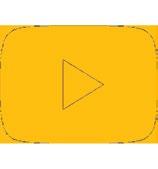

Required
☐ Boarding pass
☐ Passport
☐ I-20 (F-1) or DS-2019 (J-1)
☐ Valid F or J visa or relevant visa documentation (Canadians are exempt)
☐ Spending money
☐ Vaccination Records
☐ Phone (or buy in U.S.)
☐ Admissions letter
☐ Home country driver license
☐ Transcripts
☐ Copies of your important documents (passport, visa, I-20/DS-2019, etc.)
☐ Short-term supply of any required medications or prescriptions
Review prohibited and restricted items here: cbp.gov/travel/uscitizens/know-before-you-go/prohibited-and-restricted-items
☐ Travel-size toiletries (for a week)
☐ Family photos (or other reminders of home)
Recommended Clothes
☐ Business casual
☐ Exercise
☐ Casual
☐ Walking/comfortable
☐ Swimsuit
☐ Undergarments
☐ Coat/jacket
• Put any items you will need for a few days (like a change of clothes) in your carry-on in case your checked bag gets misrouted and arrives late.
• Do not bring customs-prohibited items (e.g., fresh fruit, meat).
• Do not put valuable items in your checked bag.
• Average Autumn temperatures in Davis: Daytime: 21-32°C (70-90°F) Nighttime: 4.5-13°C (40-55°F)
• During winter, it tends to rain. Make sure to purchase a raincoat, rain boots and an umbrella. More information can be found on page 18.
☐ Chargers
☐ Eyeglasses and contact lenses
☐ Adapter/converter
☐ Laptop/tablet
☐ Camera
☐ Travel pillow
☐ Earplugs
☐ Travel-size toiletries
☐ A light jacket
☐ Credit card
☐ A change of clothes
Please check the U.S. Food and Drug Administration website for tips on how to travel to the U.S. with medication: fda.gov/consumers/ consumer-updates/5-tips-traveling-us-medications
Review accepted COVID-19 vaccinations and proof of vaccinations here: cdc.gov/coronavirus/2019-ncov/travelers/proof-ofvaccination.html.
☐ Bed sheets and blanket
☐ Pillows
☐ Umbrella and rain gear
☐ Cosmetics
☐ Toiletries
☐ Towels
☐ Clothes
☐ Hair dryer
☐ UC Davis gear
☐ School supplies
☐ Electronics (laptop, tablet, phone)
If living on-campus, bring about $500 USD cash. If living off-campus, bring about $1,000 USD cash. (You may need to bring more or less depending on your situation).
Setting up a bank account may take time, so it is a good idea to have cash beforehand.
Teaching assistants and postdocs should plan to have enough finances until November because they won’t get paid until after they begin working. Contact your program for details.
Visa and Mastercard credit cards are the most widely accepted credit cards in the U.S.
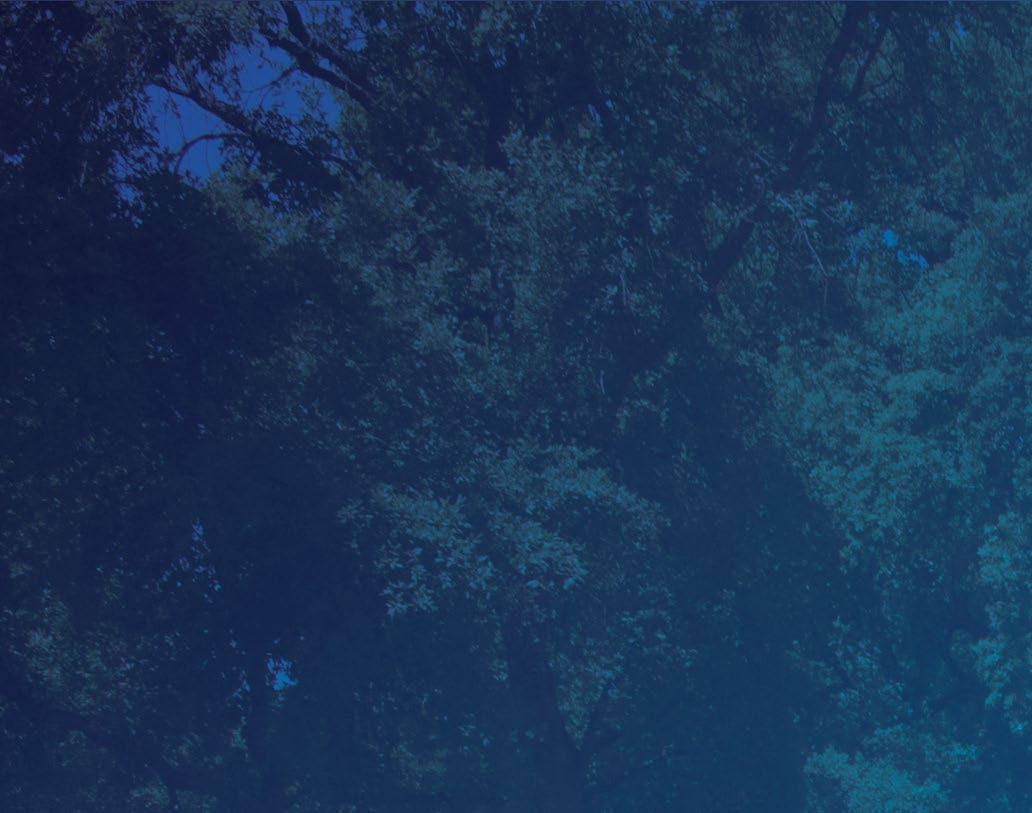

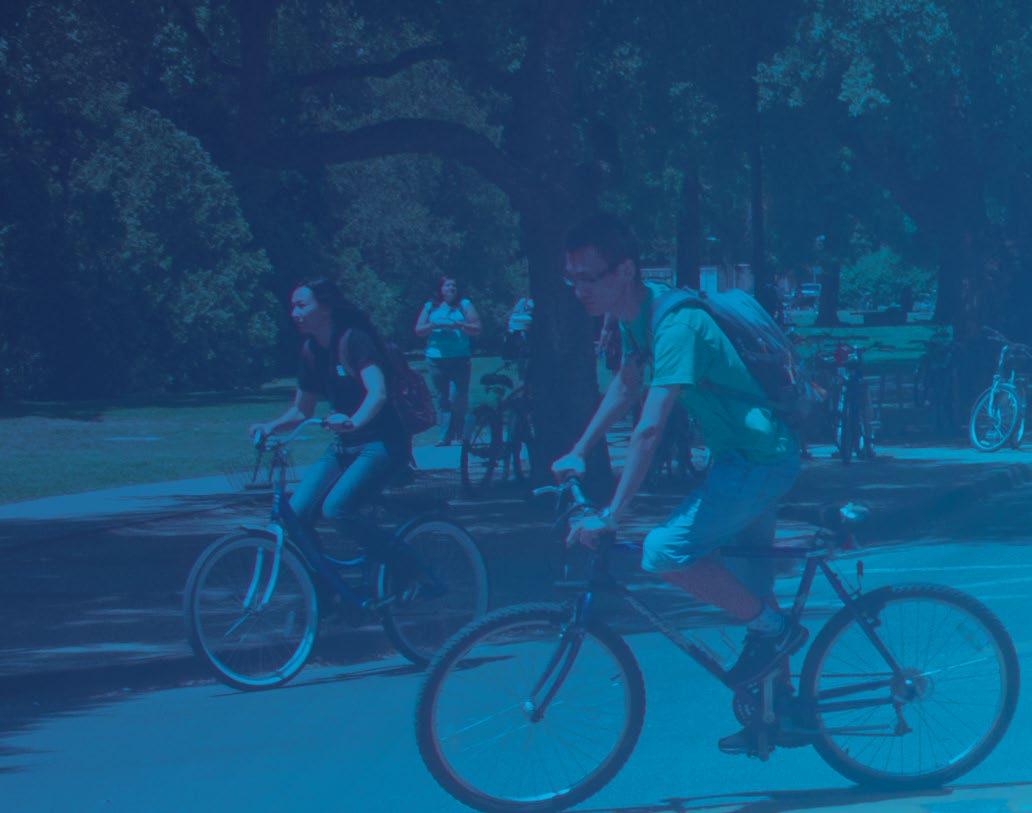
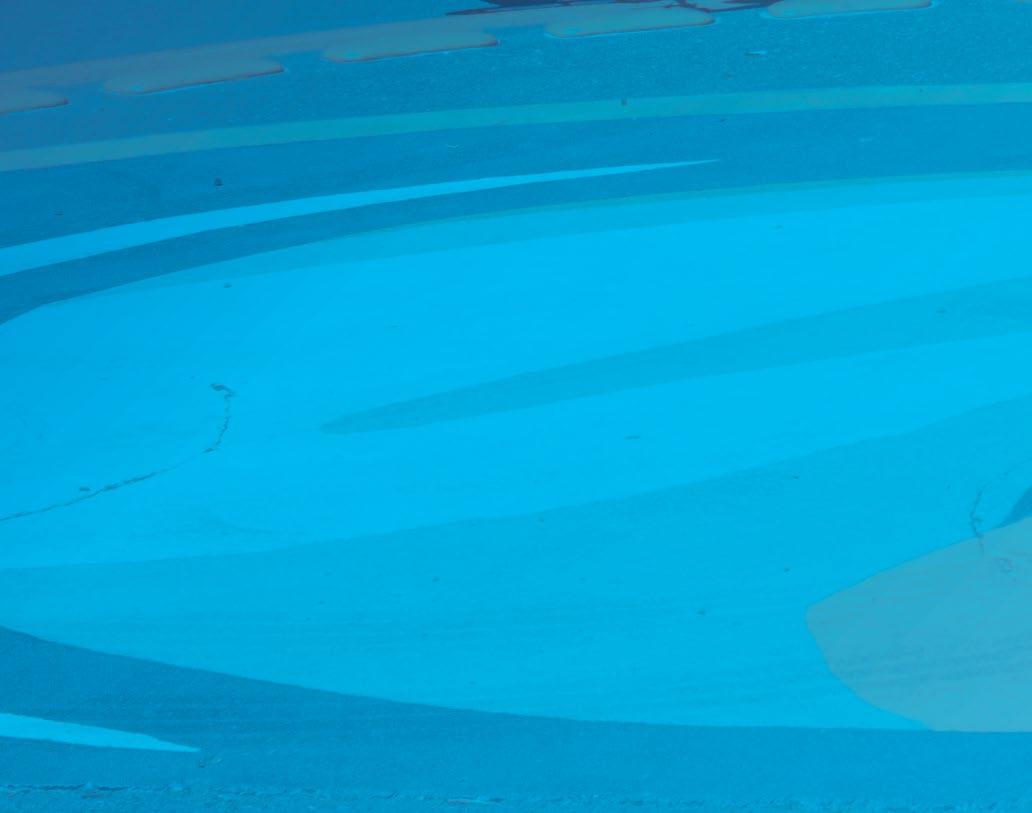
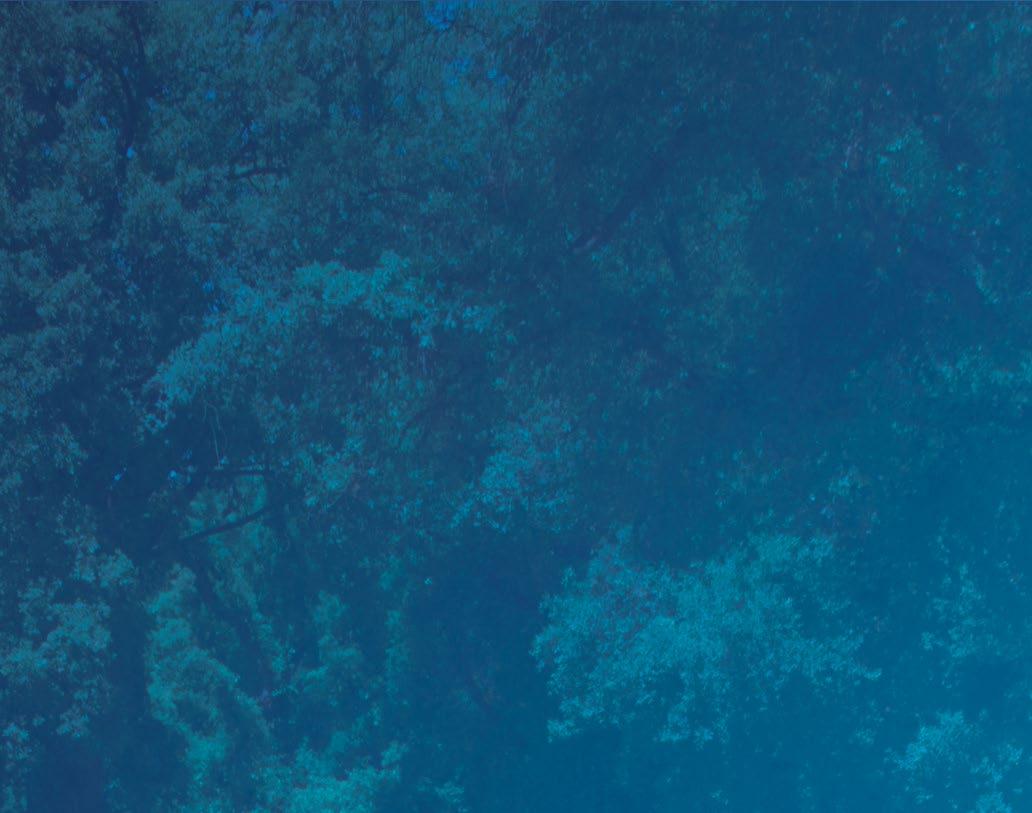
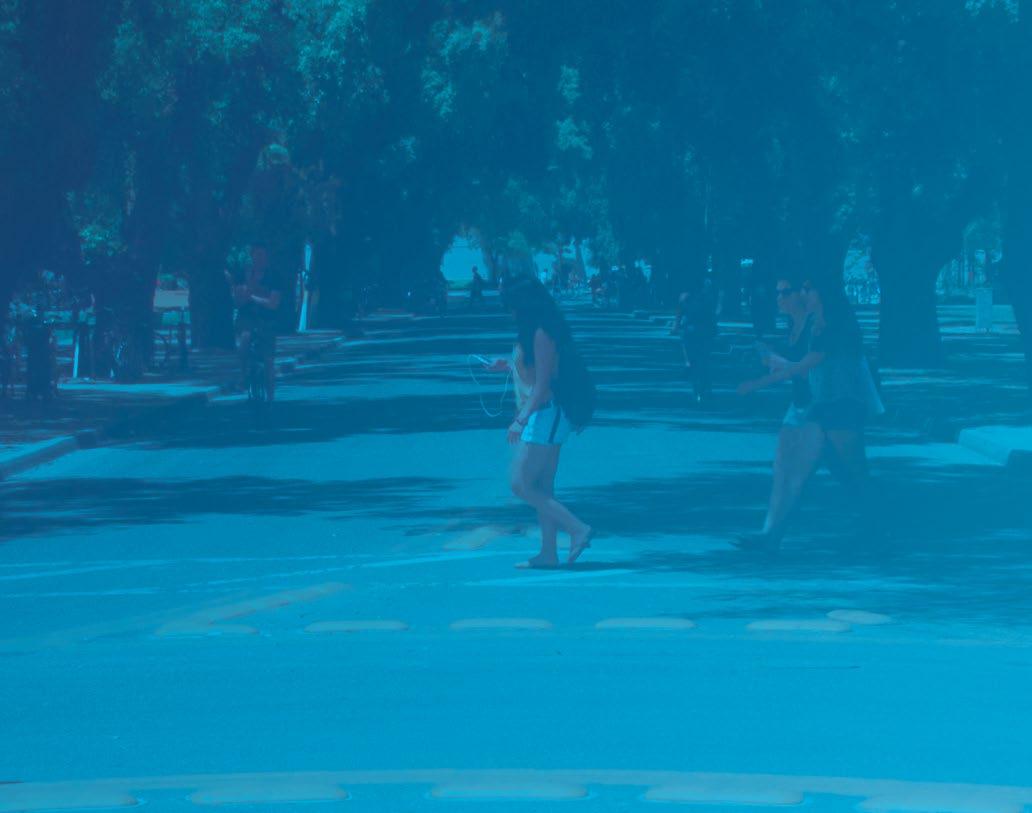


If you’re moving into residence halls or on-campus housing, they often come fully furnished, so you may not need to buy furniture, but you may need bedding or bathroom products.
If you are living off campus, you will probably need to furnish your own living space. Many different types of stores carry furniture, housing supplies, electronics, and other items you might need for your new home.
Some retailers keep store availability updated online so you can see what is in stock before you go or order it for delivery.
Furniture and supplies are heavy! Do not plan to get everything back to your housing on a bicycle. Some retailers may offer delivery for a fee.
Moving furniture is easier if you are able to rent a car or truck, but there are strict requirements for driving in California.
See the Getting Around Town section on page 21 for more transportation options.
• Target (Davis, Woodland, Sacramento)
• TJ Maxx (Davis, Sacramento)
• Best Buy (Woodland, Sacramento)
• HomeGoods (Woodland, Sacramento)
• Walmart (Dixon, Woodland, Sacramento)
• Marshall’s (Woodland, Sacramento)
• IKEA (Sacramento)
Tenants are typically asked to pay for internet and electricity in addition to their rent. For more information about housing, utilities and avoiding scams, visit siss.ucdavis.edu/housing
Pacific Gas and Electric (often called “PG&E”) provides both natural gas and electricity in Davis. To set up an account or find out more about cost, visit pge.com
Sacramento Municipal Utility District (known as “SMUD”) provides electricity to Sacramento. To set up an account or find out more about cost, visit smud.org
There are a few options for internet providers in Davis and Sacramento. To find reliable service in your area and compare costs, visit inmyarea.com/internet.
If your rental agreement doesn’t cover water, you will need to ensure this is switched into your name so the provider knows who is responsible for paying the bill. In Davis, water service is provided by the City of Davis Public Works (cityofdavis.org/residents/utilities-water-sewer-garbage) and in Sacramento it is provided by the City of Sacramento Department of Utilities (cityofsacramento.gov/utilities).
Your retail agreement may not include garbage services. If you need to set them up in your name, call the provider directly. Both Davis and Sacramento have the capacity to pick up solid waste, recycling and green waste or composting.
Check with your provider to learn how and when those things are picked up. In Davis, Recology provides waste management services to residents (recology.com/recologydavis) and in Sacramento, the City of Sacramento Recycling and Solid Waste Division (cityofsacramento.gov/publicworks/recycling-solid-waste) is responsible for these services.
In grocery stores, you’ll find fresh produce, dairy, meats, bread, non-perishable food. They also sell a variety of drinks, and some grocery stores have their own section of freshly baked goods. Most have toiletries and a limited supply of household products, but these items may be more expensive than at other retail outlets.
• Davis Food Co-op
• Grocery Outlet
• Nugget Market (2 locations)
• Safeway (2 locations)
• Save Mart Supermarkets
• Trader Joe’s
• Target Sacramento (several locations)
• Bel Air
• Grocery Outlet
• Nugget Market
• Raley’s
• Safeway
• Save Mart Supermarkets
• Trader Joe’s
• Target
• Walmart
There is an “ethnic” food section in most grocery stores, but the selection can be rather limited. If you’re cooking a meal from home, you may need to visit a cultural grocery store to find the ingredients you need. The next page will help you find nearby options.
Whether you are looking for specific food options, or curious about a restaurant’s menu and pricing, the review app Yelp offers a wide variety local reviews that can help you decide what new places to try in Davis. You can download the app on your mobile device or go to yelp.com.
The Davis Farmers Market is a well-known open-air market held on Saturday mornings year round and seasonally on Wednesday evenings at Central Park (4th and C Streets). Other locations are seasonally available, but the Davis Farmers Market is a great place to buy fresh fruits and vegetables, fresh baked goods, flowers, and more. For more information, visit davisfarmersmarket.org.
There are several Farmers Markets in Sacramento and its surrounding areas. Learn more at sacramento. downtowngrid.com/listings/local-farmers-markets
No one has to miss a meal or live without basic necessities. This student-run, student-led organization-provides food and other basic essentials to UC Davis students, faculty and staff and is located in Memorial Union. Learn more at thepantry.ucdavis.edu
Free produce for UC Davis students! Check in with the Memorial Union Information Desk for the days and times.
This pay-what-you-want food truck operates on campus Monday through Friday during the academic year and serves students only. Each day, students will find a nutritious and delicious meal. Order as much as you want (up to three meals) and pay what you can, but there’s no pressure to pay. The truck is open from 11 a.m.-2 p.m. or until it runs out of food. Locations change daily. Learn more at aggiecompass. ucdavis.edu/aggieeats
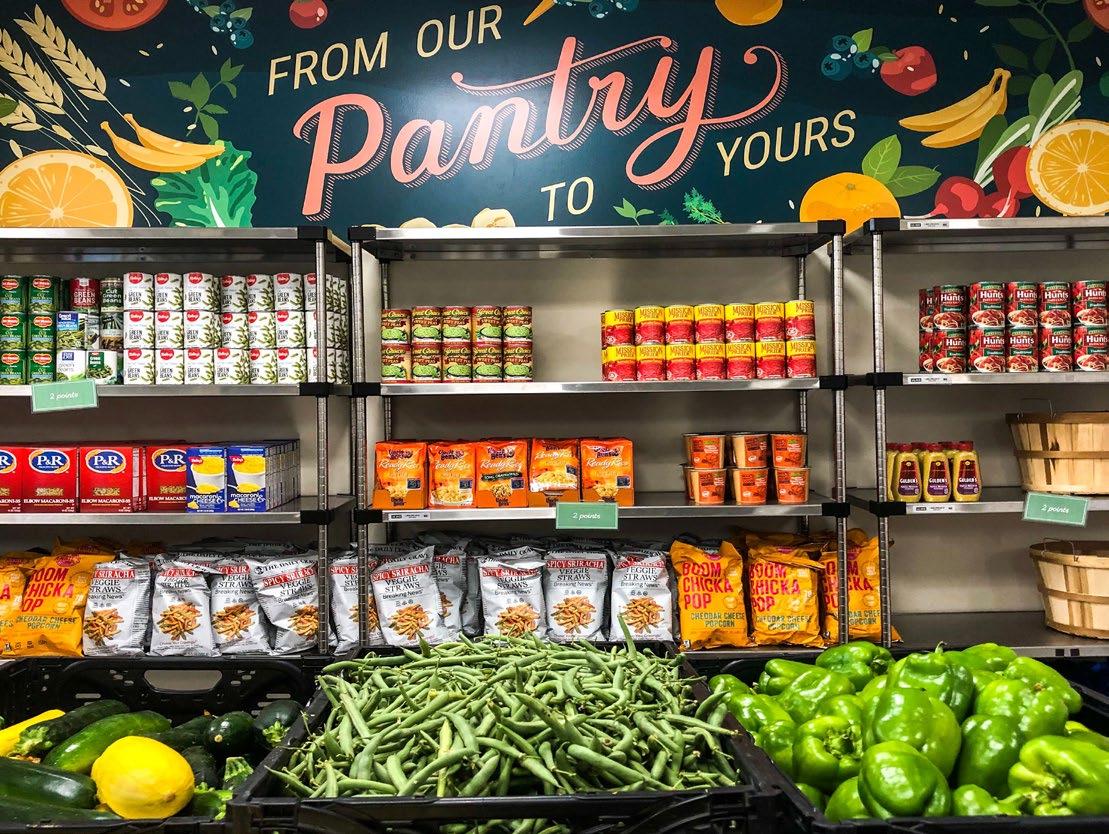

• Ho Ho Market | Cantonese, East-Asian
• International Food Market | Primarily Indian and Middle Eastern
• Kobe Mini Mart | Japanese
• Kim’s Mart | Primarily Korean, Chinese, and Japanese
• Tarad Thai Asian Market | Southeast Asian
• Apna Bazaar | Indian, Pakistani
• La Superior | Mexican Woodland
mi/19 km
• Asian Feed Center | Chinese, Vietnamese
• Babylon City Market | Mediterranean, Middle Eastern
• Corti Brothers | Italian, International
• European Delicatessen | Eastern European
• La Superior Mercados | Mexican
• Mediterranean Market | Middle Eastern, Mediterranean
• Osaka-Ya | Japanese
• Oto’s Supermarket | Japanese
• Panadería La Esperanza | Mexican
• Red Star International | Latin, Caribbean
• Red Sea Market | Middle Eastern, carries Halal meats
• SF Supermarket | East and Southeast Asian
• Shan Market | Pakistani, Indian, Fijian, Middle Eastern, carries Halal Meats
• Sundays Asian Farmer’s Market | Asian produce from local growers
• Venera European Market | Eastern European
• 99 Ranch Market | Northeast and Southeast Asian
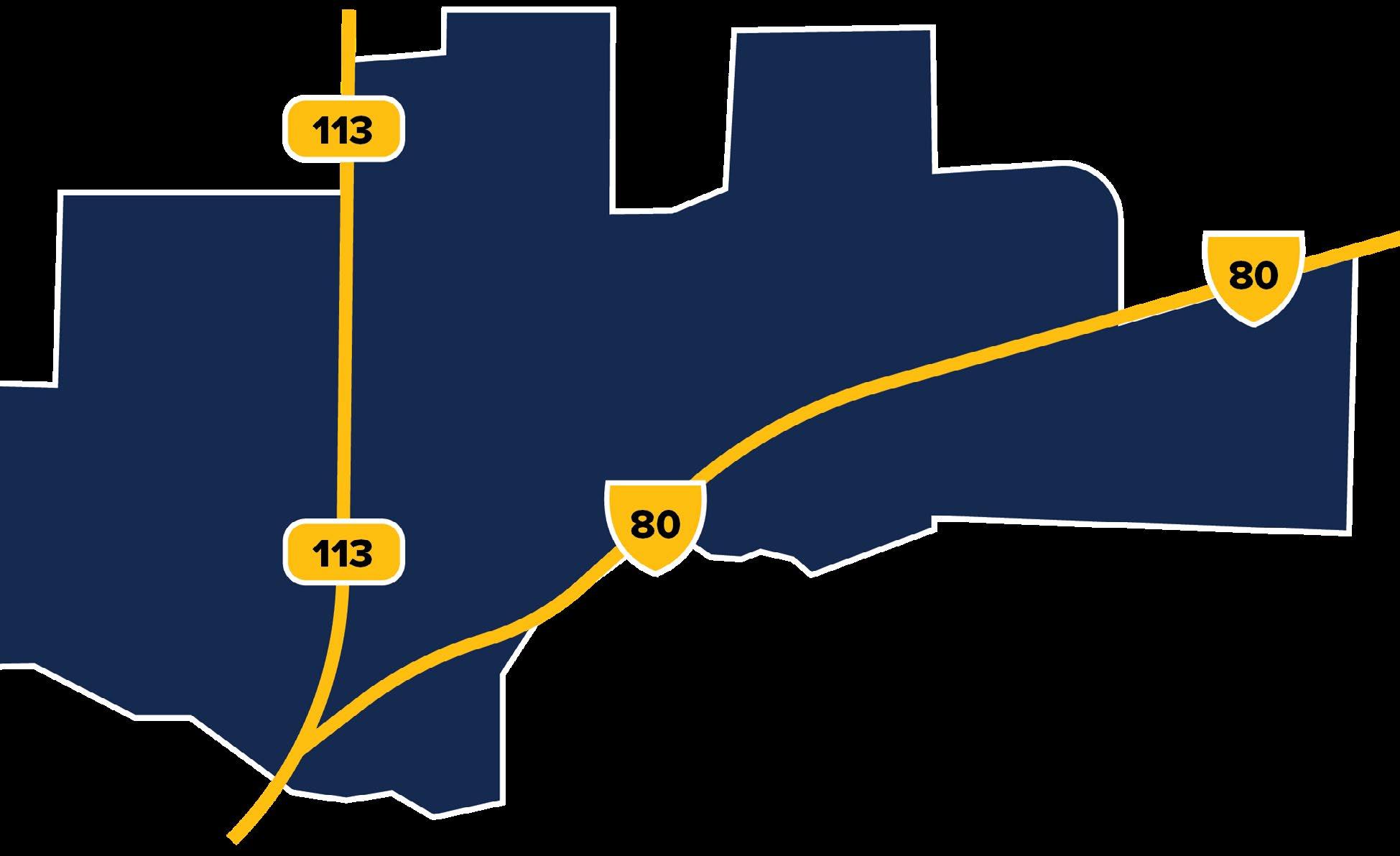
Sacramento 15 mi/24 km
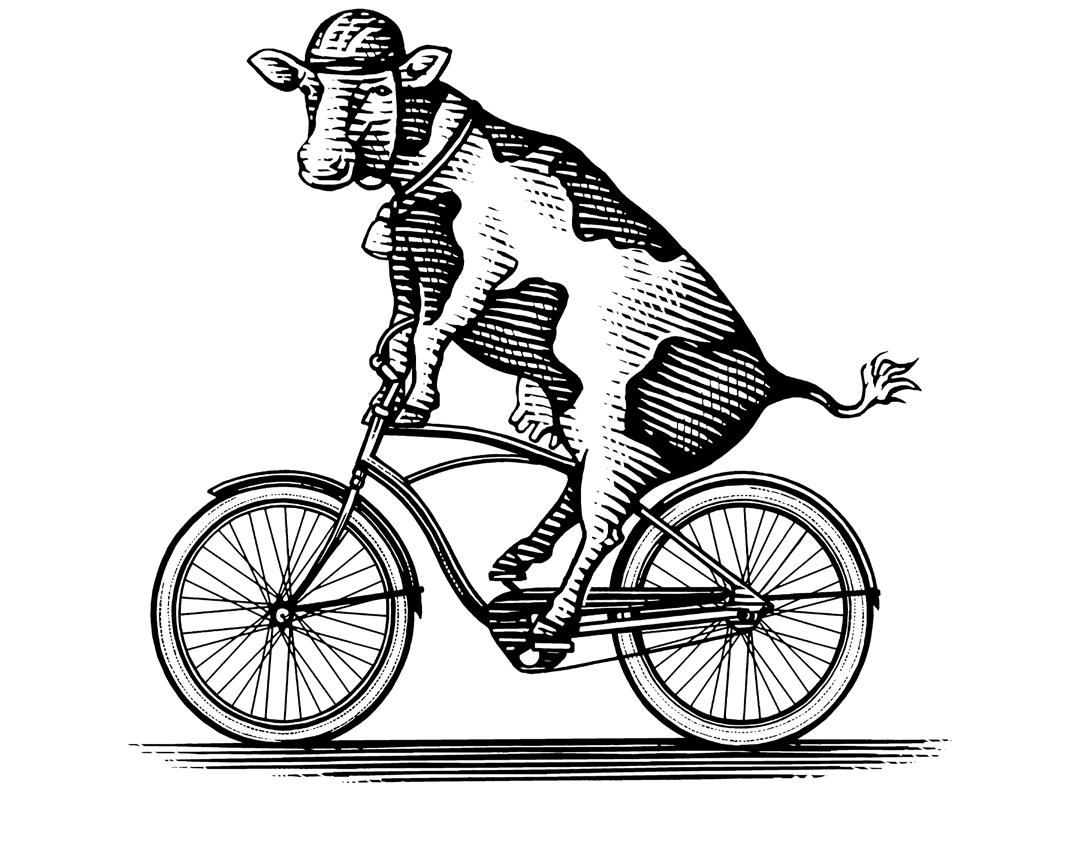

Pharmacies are retail establishments where you can get your prescription medications, find over-the-counter medicine and receive limited medical services, like a flu or COVID vaccine. Similar to supermarkets, pharmacies sell some household items, baby-care supplies, menstrual products, beauty and personal care products, and usually have packaged snack foods and drinks.
→ CVS Pharmacy (2 in Davis)
→ Target (1 in Davis, 1 in Woodland)
→ Walmart (1 in Woodland)
→ Walgreens (1 in Woodland)
→ These and other pharmacy options are available in Sacramento.
Not everyone coming to UC Davis will have a car or access to a car, and public transportation can make shopping difficult. Ordering products online–especially furniture–can cost more because of shipping, but may be easier for some students and scholars without transportation.
The Amazon@UC Davis store is located right next to the Campus Store in the Memorial Union, with its own entrance and hours (9 a.m.–9 p.m., daily). It provides a convenient location to pick up and return Amazon orders. For more information, visit memorialunion.ucdavis.edu/amazonucdavis. Amazon Lockers are self-serve kiosks on campus where you can have Amazon orders securely delivered. For more information, visit housing.ucdavis.edu/mail-andpackages/amazon-lockers.
Community members and students from UC Davis sell used goods like furniture, bikes and electronics on Facebook and NextDoor. It can be useful to find discounted and low-cost daily-use items, but you’ll usually have to find a way to pick up the items.
Post Offices are operated by the U.S. Postal Service (USPS). You can buy stamps or send and receive larger packages. There are two locations in Davis. Learn more at usps.com.
U.S. mail is delivered by USPS Monday–Saturday (except holidays), and campus mail is delivered Monday–Friday. If you live on campus, service centers have designated areas for outgoing mail. There is a mail box in front of the Memorial Union that takes outgoing mail. For more information, visit housing.ucdavis.edu/mail-and-packages
If you live off-campus, check with your apartment complex if they have a designated area for outgoing mail. If you’re in a house, be sure there is a safe place to receive packages or seek another pick-up location.
Fed-Ex and UPS offer packing, shipping, and printing services. They are a little more expensive than the U.S. Postal Service, and offer a full range of international shipping services. For more information, visit fedex.com or theupsstore.com

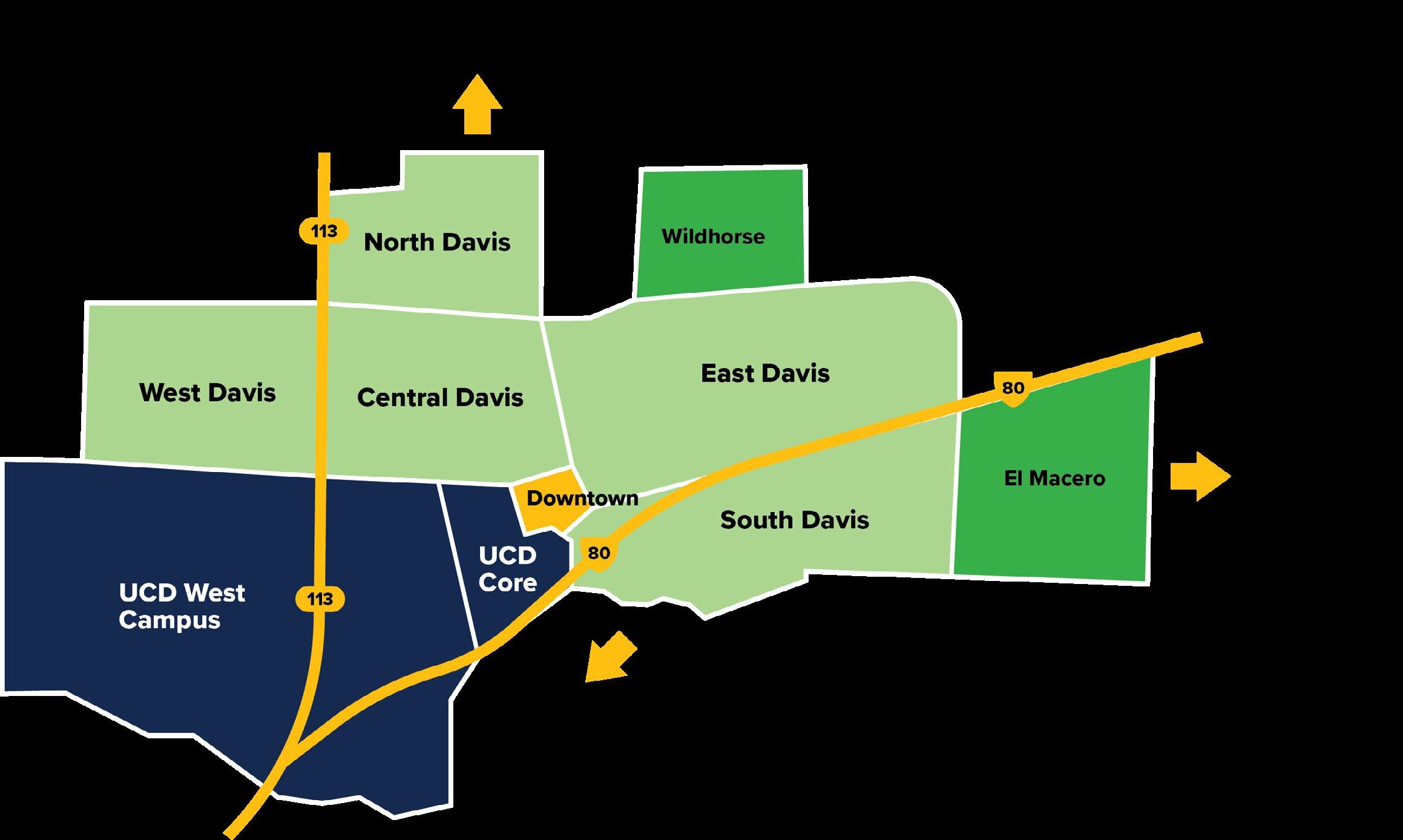
Davis experiences all four seasons and sees an average of 49.8 cm (19.6in) of rain each year.
→ Fall: 21-32°C (70-90°F)
→ Winter: 13-16°C (55-60°F) with lows below 4°C (40°F)
→ Spring: 19-27°C (66-80°F)
→ Summer: 32-38°C (89-100°F) with highs above 38°C (100°F)
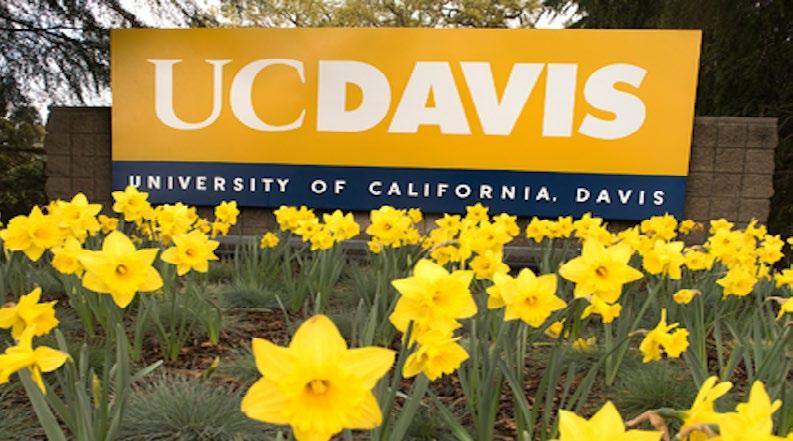
With just over 10 square miles (nearly 17 square kilometers), Davis’s landscape and climate are ideal for year-round biking—even during the winter if you don’t mind a little rain.
In addition, Greenbelt bike paths connect various areas to town, and there are many community parks throughout the city to enjoy.
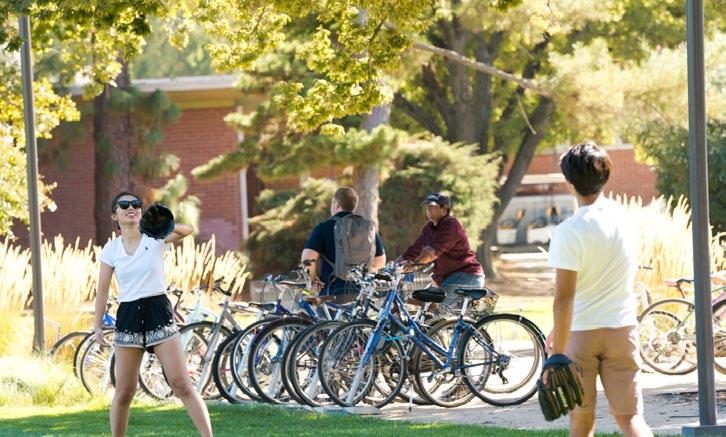
Population: 67,096
→ Davis to Sacramento: 20 min (16 mi/26 km)
→ Davis to Napa: 50 min (50 mi/80 km)
→ Davis to San Francisco: 90 min (80 mi/129 km)
→ Davis to Lake Tahoe, South Shore: 2 hours (120 mi/193 km)
→ Davis to Lake Tahoe, North Shore: 2 hours 10 min (127 mi/204 km)
→ Davis to Los Angeles: 5 hours 30 min to 7 hours 30 min (367 mi/590 km)
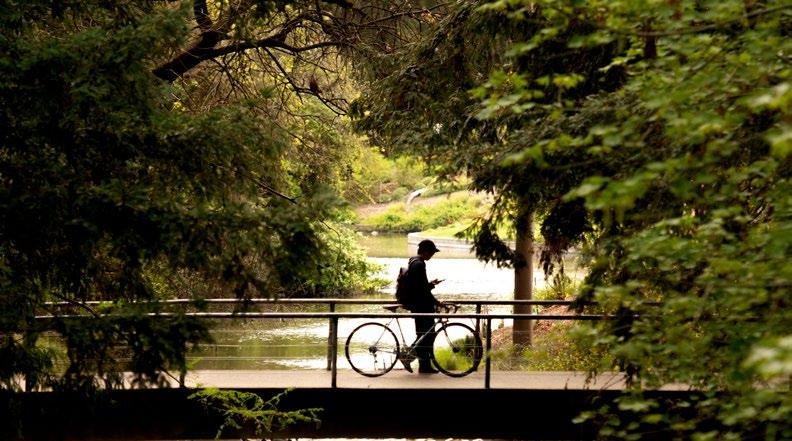

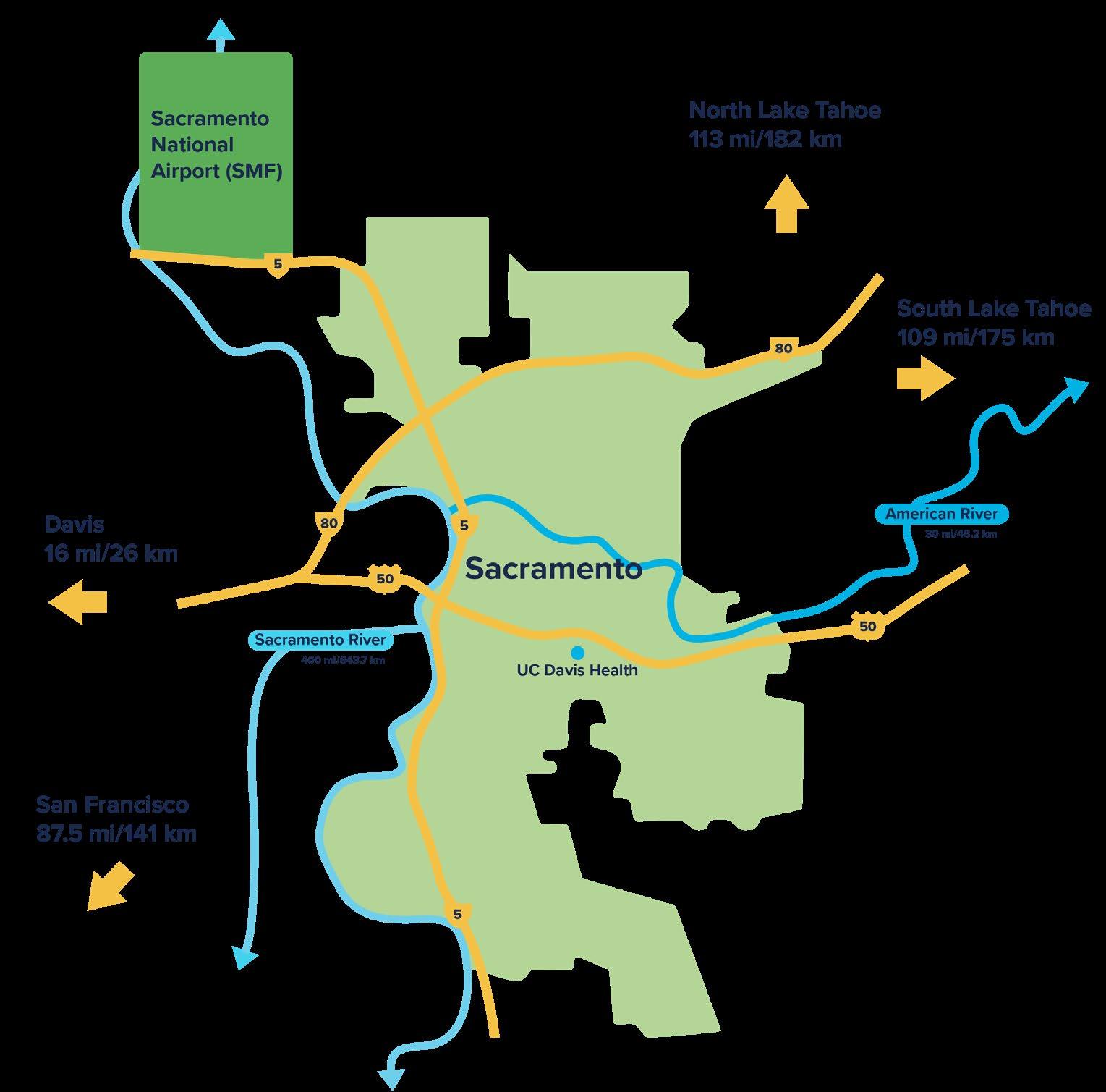
Sacramento experiences all four seasons and sees an average of 47 cm (18.5in) of rain each year.
Average Temperatures in Sacramento:
→ Fall: 21-32°C (70-90°F)
→ Winter: 13-16°C (55-60°F) with lows below 4°C (40°F)
→ Spring: 19-27°C (66-80°F)
→ Summer: 32-38°C (89-100°F) with highs above 38°C (100°F)
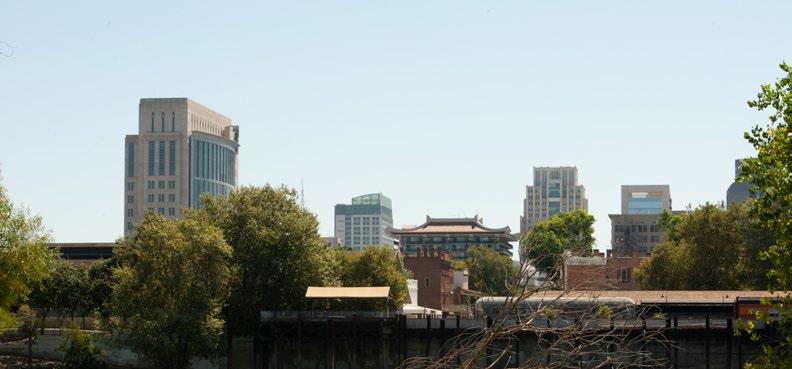
As the state’s capital city and a hub for political activity, Sacramento is widely known for its diversity. Local media estimates there are around 1,700 restaurants throughout the city offering an international culinary experience.
Spread over nearly 100 square miles, the city is best navigated by car or public transit.
Sacramento is known as the “City of Trees” due to its estimated one million trees that line many streets and parks, creating a large urban forest.
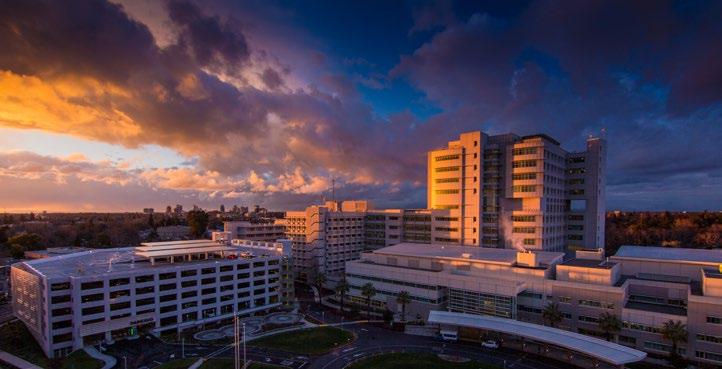
Population: 528,001
Distances from Sacramento by Car (without traffic):
→ Sacramento to Davis: 20 min (16 mi/26 km)
→ Sacramento to Napa: 60 min (61.3 mi/99 km)
→ Sacramento to San Francisco: 1 hour 45 min (87.5 mi/141 km)
→ Sacramento to Lake Tahoe, South Shore: 1 hour 50 min (109 mi/175 km)
→ Sacramento to Lake Tahoe, North Shore: 1 hours 50 min (113 mi/182 km)
→ Sacramento to Los Angeles: 5 to 7 hours (385 mi/620 km) N S E W

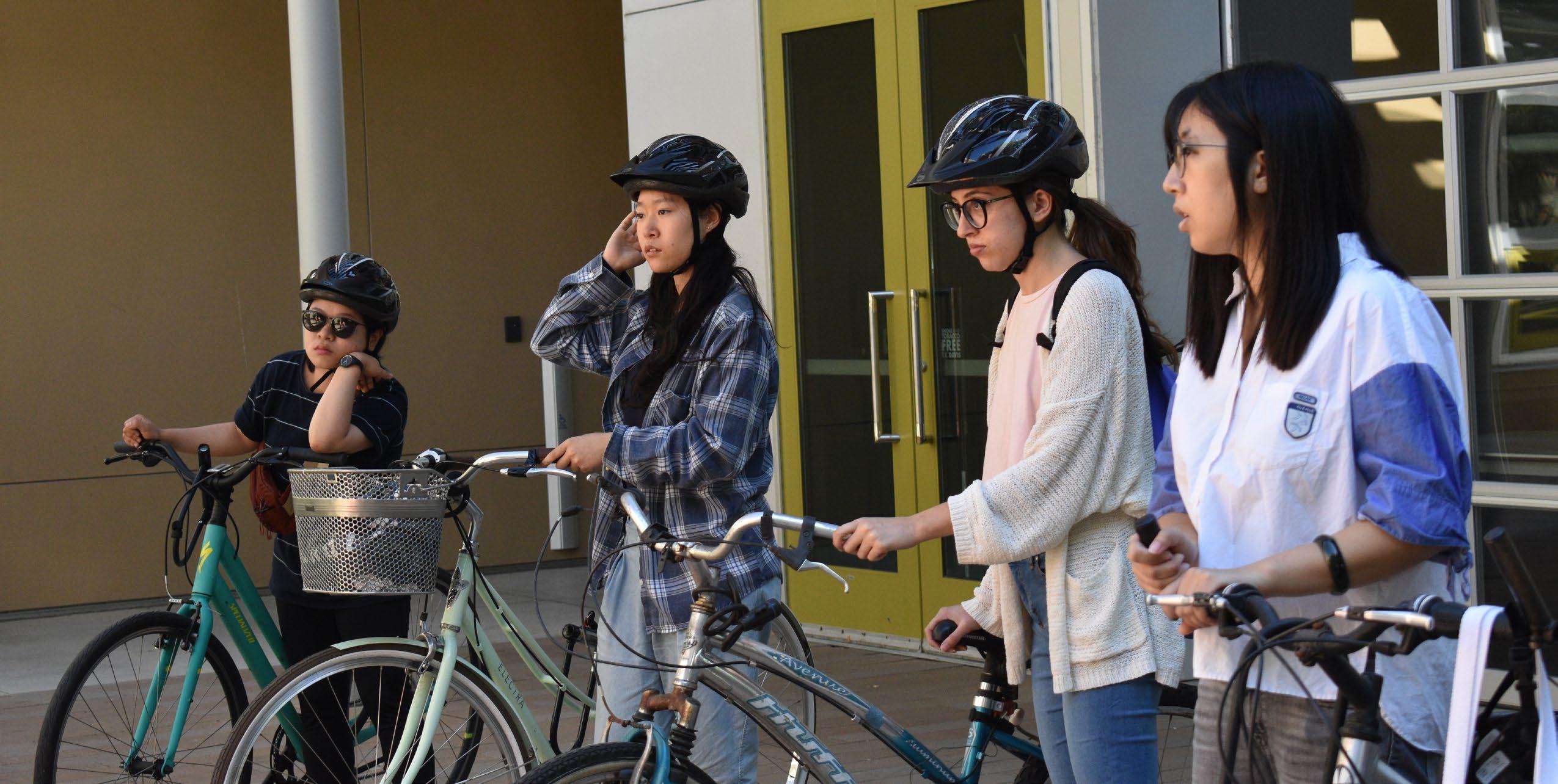
Unitrans
Unitrans is the bus system driven by students that runs on campus and throughout the city of Davis. Rides are free for UC Davis undergraduate students with student ID. For information about the cost per ride for all other riders or a multi-ride pass, go to unitrans.ucdavis.edu.
Rides on Yolobus are free with a UC Davis undergraduate student ID. The Yolobus goes from Davis to West Sacramento, Sacramento International Airport (SMF), and the nearby town of Woodland. It runs late on weekends, while Unitrans does not. Fares and routes are listed at yolobus.com.
The intercampus bus service provides transportation between UC Davis and UC Berkeley for faculty, staff and students. For information about cost and to purchase tickets, visit facilities.ucdavis.edu/fleet-services/davis-berkeley-shuttle.
This zero-emission shuttle provides transportation between the UC Davis and UC Davis Health campuses Monday through Friday. UC Davis and UC Davis Health employees and students can show their Aggie card to ride at no cost. Other passengers pay a standard fare. Visit causewayconnection.com for more information.
Amtrak
Amtrak is the national train service in the United States. From the Davis and Sacramento stations, you can get to other parts of California, including the San Francisco Bay Area and Los Angeles. It’s also possible to take Amtrak to cities like Portland, Oregon and Seattle, Washington or even across the country to Chicago. You can check fares and buy tickets online at amtrak.com.
BART is a rail system that can get you around the San Francisco Bay Area or to and from San Francisco International Airport (SFO), but it does not come all the way to Davis or Sacramento. The closest stations are in Richmond or Antioch, CA. Check the website for routes at bart.gov.
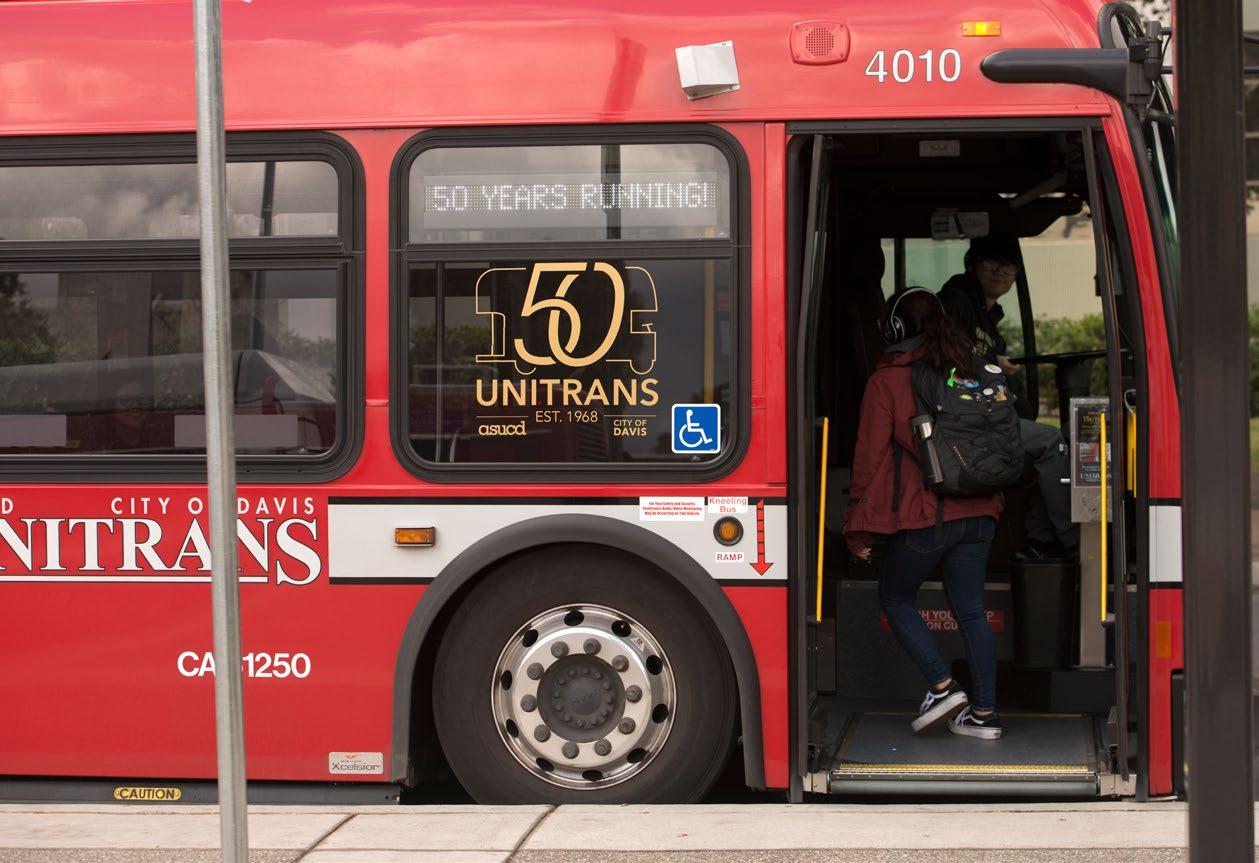
Most students, staff, and faculty on the UC Davis main campus ride bicycles because they are convenient, inexpensive and fun. Though Davis is bike-friendly town, it is important to learn how to be safe when cycling and to know and follow the rules. Bicycles are considered vehicles under California law, and riders must follow the same traffic safety laws they would when driving, like signaling turns and stopping at all stop signs. Riders should wear helmets, always yield when entering a bike circle, signal when exiting a roundabout or turning, and remember that pedestrians have the right of way in crosswalks. Always lock your bike when you park it. For more information about bicycle safety visit taps.ucdavis.edu/bicycle/education.
All bikes on the UC Davis campus must have a current California Bicycle License. Bicycle registration is not strictly enforced, but may be helpful if your bicycle is stolen. You can register your bike with UC Davis Transportation Services (TAPS) for $12. For more information, visit taps.ucdavis.edu/bicycle/education
Struggling with a flat tire, rusty chain, or loose brakes? All across campus, you will find self-service bicycle repair stations. Any bicycle shop in town offers repair services, so check with them on prices. The Bike Barn on campus provides repairs at low costs. Visit their website at bikebarn.ucdavis.edu
Bicycles are the most popular way to get around Davis, but there are different kinds such as road bikes, mountain bikes and cruisers. Need help figuring out which bike is right for you? Visit localwiki.org/davis/Bicycles
There are a few options for incoming students and scholars new to the city.
1. You can buy a new bike at a retail outlet like Target or Walmart, but you will find better quality bicycles and knowledgeable staff at one of Davis’ many dedicated bicycle shops. For more information, go to localwiki. org/davis/Bicycle_Shops
2. Used bikes are usually cheaper but may have some damage from use. There are options for used bikes online, on sites such as sacramento.craigslist.org Alternatively, abandoned and unclaimed bicycles are sold through publicly held auctions in October and early May. For more information, go to taps.ucdavis.edu/ bicycleprogram/events
3. You can find bikes to rent short-term or long-term at localwiki.org/davis/Renting_a_Bike.
Don’t have a car and don’t feel like taking the bus or riding your bicycle? Sometimes you can find other people on campus looking for a passenger. Check the Facebook Group: facebook.com/groups/UCDavisRideSharing
Similar to a taxi, ride sharing apps call a driver (in their personal vehicle) to your exact location.
→ Lyft: An on-demand ride and ride sharing app that offers car rides with prices similar to Uber. Go to: lyft.com
→ Uber: An on-demand ride and ride sharing app that offers car rides with prices similar to Lyft. Go to: uber.com.
→ Always check the license plate, driver’s name and photo in the app before getting into the car. Make sure they match.
→ Wear a seatbelt. It’s required by law in California.
→ If ridesharing through Facebook, try meeting in a well-lit, public location.
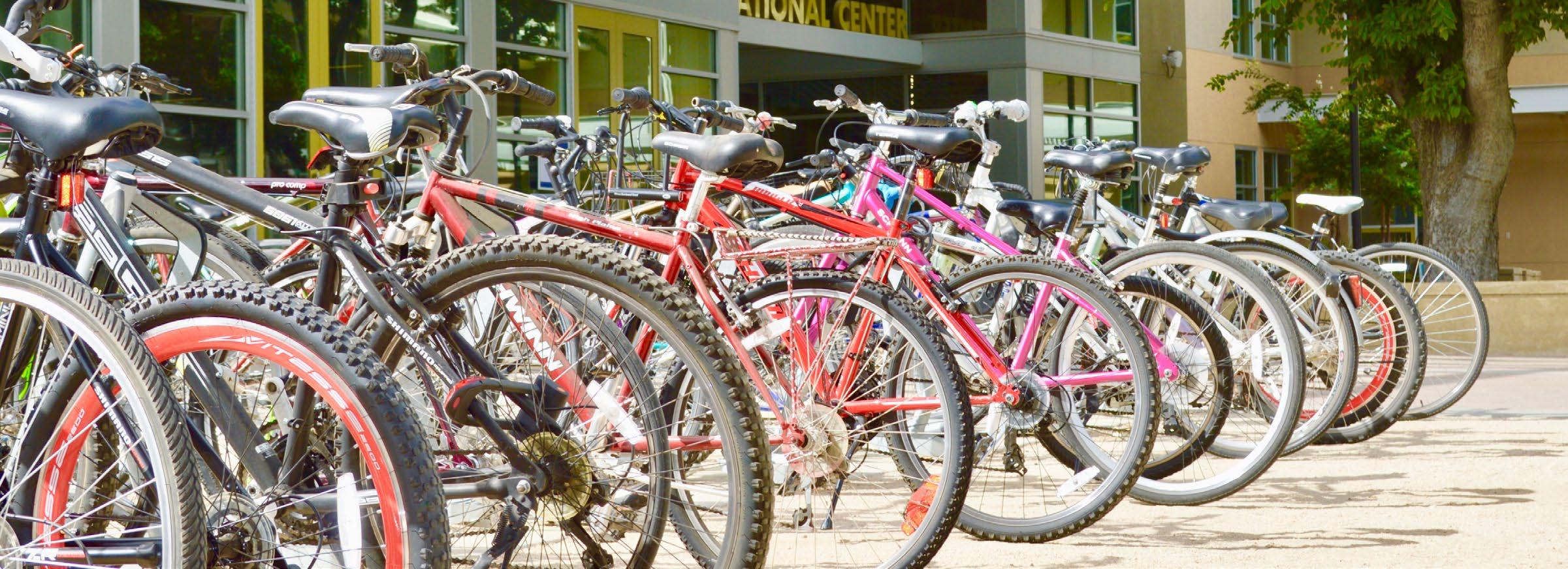
The Mobility Assistance Shuttle provides on-campus rides at specified locations for academic or work-related purposes. Only UC Davis students, staff and faculty members with documented disabilities are eligible.
Rides are on a first-come-first-served basis and must be scheduled at least 24 hours in advance. To schedule a ride, call (530) 752-1084 or visit taps.ucdavis.edu/parking/mas
Safe Rides with the UC Davis Police
Alone on campus and not feeling safe? Safe Ride offers night-time rides from any campus location to any location in Davis. During other hours they provide a ride or walking escort between locations on campus.
Request a ride through the app “UC Davis Safe Ride.” The Safe Rides Instagram account @ucdsaferide will have more information and answers to your questions. For more information, visit police.ucdavis.edu/safe-rides.
Wheelchair accessible service is offered at no charge through the UC Davis Police Department’s Safe Rides Program.
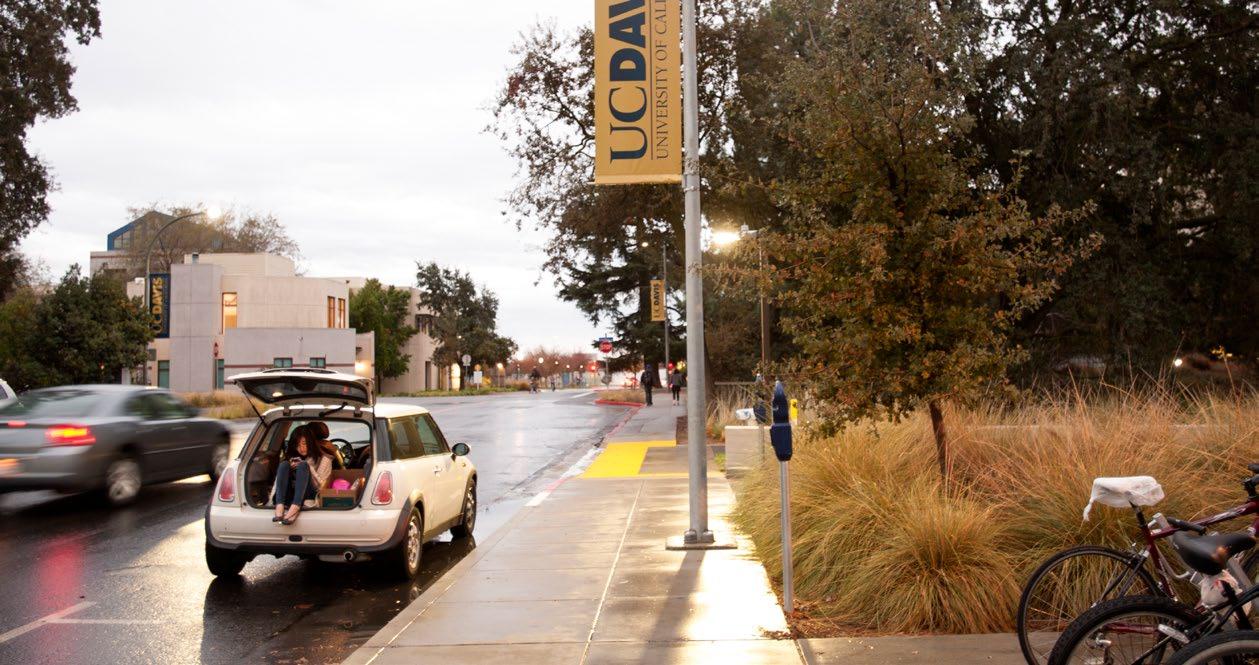
California Driver’s License vs. California ID
A California identification (ID) card is not a license to drive. You need a California Driver’s License in order to drive. Visit dmv.ca.gov to learn more about obtaining a California ID or California Driver’s License.
If you won’t be driving, you may want to consider a California ID. It is important to carry some form of ID (with your photograph, name, address, and date of birth). You need an ID when you cash a check, open a bank account, register your car, etc. Your passport has this information, but it is not wise to carry it with you on a daily basis because it may be lost or stolen. A California ID may be a good solution.
You need a California Driver’s License in order to drive. Driver’s licenses from your home country are valid for 10 days after moving to California. International driver’s licenses are not recognized in California. You may be able to temporarily use your home country’s driver’s license if it is valid, but check with the California Department of Motor Vehicles at dmv.ca.gov first.
To get a California Driver’s License, you must pass both a written exam and a driving exam at the Department of Motor Vehicles. If taking a driving exam, you must make an appointment prior to arriving at the DMV. You cannot drive in California with only an international driving permit. The DMV has locations in Davis, Woodland, Sacramento and other surrounding areas. Find more locations and information about getting a driver’s license at dmv.ca.gov
Transportation and Parking Service (TAPS) now offers daily parking rates instead of a monthly parking permit. Fees can be paid through the mobile app, AMP Park. Learn more at transportation.ucdavis.edu/aggiepark
Note: Some employees can still obtain a monthly parking pass. Check the TAPS website to see if you are eligible.
To rent a car in the U.S., usually you must be over 21, but some companies require you to be at least 25 years old. Insurance for your rental car can be confusing, but is very important, so do research ahead of time or ask about options when renting. Find car rental companies in Davis by visiting localwiki.org/davis/Car_Rental
There are a few car-sharing services in Davis and Sacramento. Car sharing allows you to sign up through an app, rent a car, and pay for only the time you use–by the minute, hour or day. You will need a valid driver’s license. For more information, visit zipcar.com
Yes, but there are some laws to understand: license, registration and insurance. To buy a car, you will need a Driver’s License, and to obtain one, you will need to make an appointment at the California Department of Motor Vehicles (DMV). There are multiple DMV locations in Sacramento. In Davis, the DMV is located at the intersection of 5th St. and Pole Line Rd and accessible via the A, P, Q and Z lines of Unitrans.
A condition of owning a vehicle while living in California is you must register and annually renew your vehicle with the DMV for as long as you own it. State law also requires auto insurance for all vehicles. You can get information about how to buy and register a vehicle online. You will also need proof of car insurance. Do your research to find a provider and policy that works for your budget. Find all the information you need at dmv.ca.gov

When living off-campus in a house or apartment, it is usually required that you pay the property manager with a written check. Paying with a U.S. bank account may be easier for some transactions. You may decide to open a U.S. bank account while still maintaining an existing bank account from your home country for other banking and financial needs.
When opening up a new account, international students and scholars will generally need documentation that proves their identity and residence in the local area, such as their passport, I-20 or DS-2019s, and a lease agreement or utility bill.
International students can open a U.S. checking account online through University Credit Union before they arrive at UC Davis. Opening an account online before you arrive can help save you time and stress when you arrive. Learn more siss.ucdavis.edu/student-banking
Both banks and credit unions let you open a checking or savings or account, but fees and interest rates can vary depending on the institution you pick. Both are insured by the federal government.
Credit unions are non-profit organizations and you must become a member, and banks are for profit. It is also a good idea to talk to your bank in your home country to see if they have a partnership or affiliation with a bank in the U.S. Sometimes this can make handling your money easier.
☐ Money to deposit
☐ Your passport or approved form of identification
☐ Printout of Form I-94 (arrival/departure record) or I-94 card
☐ Form I-20 (F-1 student) or Form DS-2019 (J-1 exchange visitor)
☐ Local mailing address (one of the below):
☐ Signed lease agreement
☐ Utility bill
Exchanging money can become very expensive with interest rates or fees, so check with local U.S. banks to understand any added costs. You can withdraw money directly from a U.S. bank account at any U.S. Automatic Teller Machine (ATM) to avoid excessive fees. If you use a debit card from home, let your bank know that you will be using it in the United States and ask about additional fees. Not all U.S. banks accept foreign ATM cards. There are some ATMs available on campus.
Some businesses or individuals use mobile apps to send or receive payment. It is not as secure as using your bank, but it is fast and convenient.
These apps link to your bank account or debit card in order to make or request payments with other users. Money received can be transferred back to your bank. Venmo is currently only supported in the U.S. and Cash App is currently available in the U.S. and U.K. only. Learn more at venmo.com and cash.app
This online payment system allows you to send and receive payments from other PayPal users. You can also buy from some online retailers using a PayPal account. PayPal offers secure payment exchanges to prevent fraudulent transactions. Learn more at paypal.com
• Branch location - nationwide availability or primarily local.
• ATM locations - on or close to campus, or close to where you live.
• Can your home country bank access your U.S. account.
• Use ATMs affiliated with your bank as much as possible, otherwise, you will be charged extra fees.
• Must use a debit card at ATMs to withdraw cash.
• Can also deposit checks at ATMs.
• Your bank will have a limit on how much cash you can withdraw from an ATM per day.
• You can pay for goods and services directly from your bank account.
• The amount you have in your bank account is the maximum amount you can pay using your debit card.
• It is NOT a credit card (note: some debit cards can have the Visa or Mastercard logo on them and are accepted where those cards are accepted. They still function as debit cards).
• You can pay bills (typically rent and utilities) and for other goods and services with personal checks.
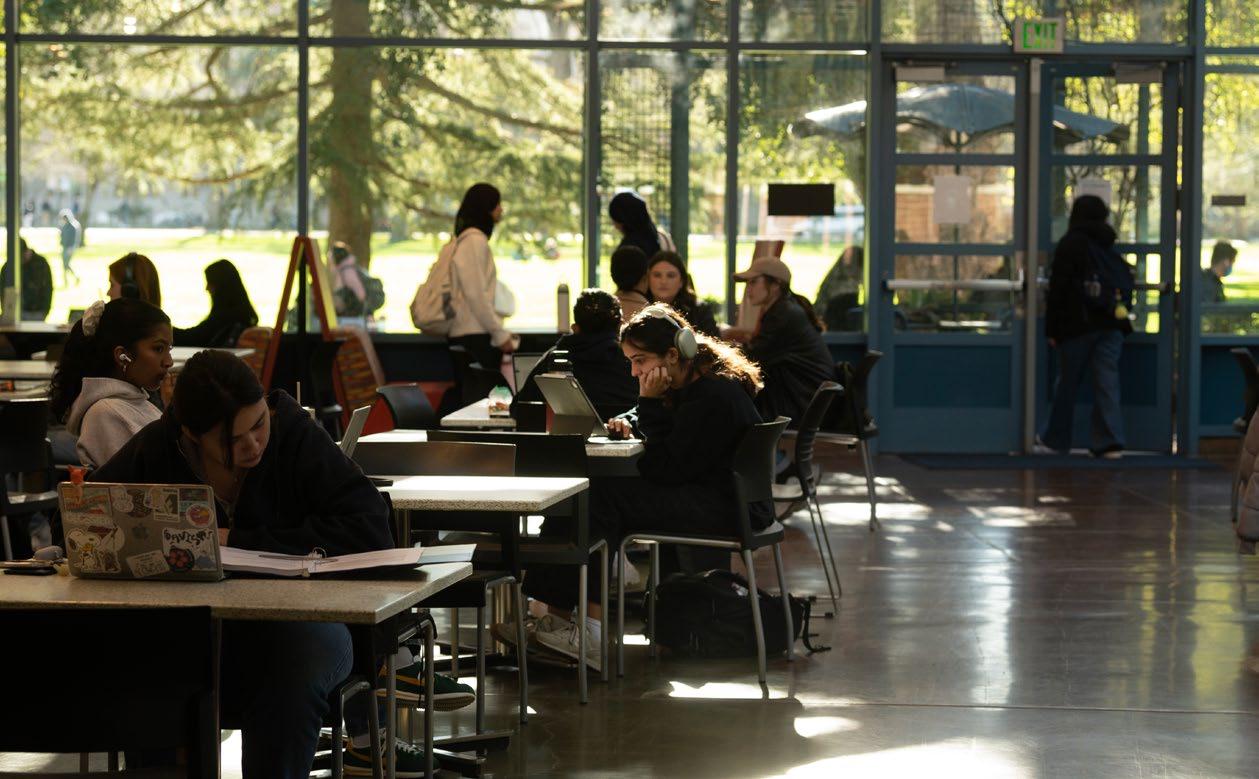
• Check drawn from the bank’s funds, signed by a cashier or teller, so the bank guarantees payment.
• Can be obtained from most banks and credit unions where you bank.
• Usually used for large purchases such as a car or putting down a deposit for an apartment or house rental.
• Pre-paid amount of money that is guaranteed by a third party, like the post office, Walmart, or Western Union.
• Can be obtained at Walmart, U.S. Postal Services (USPS), banks and credit unions, and some convenience stores, supermarkets, drug stores/pharmacies (Walgreens, Rite Aid, CVS, etc).
• Discuss with your bank first about getting a credit card.
• Most international students and scholars may find it difficult to get a U.S. credit card because they have not established a credit history.
• Credit history: You can establish credit by paying your rent and bills on time, not overdrawing your bank account. Use a third-party company (like RentTrack.com
or RentReporters.com) to verify that you’re paying rent on time. Late or missed payments and overdrafts may negatively affect your credit score.
• You can try to get a secured credit card if you are having difficulty obtaining a regular credit card.
• Beware of the interest rate, which can be very high (22%+), requiring you to pay back more than you spend.
• You may receive mail about applying for credit cards.
• The most widely accepted cards are Visa and Mastercard.
• Some stores may not accept certain credit cards.
• Using credit and debit cards is very common in the U.S.
• Some businesses may require a minimum purchase amount to use cards, otherwise, there may be a small additional fee.
• Some businesses may be cash-only.
• When using a credit card, some businesses may ask for identification.
• For safety reasons, consider minimizing the amount of cash you carry daily (less than $50).
• Method of transferring funds from one bank account to another.
• Wire transfers typically take 2-5 business days and can cost money.
• Have your U.S. bank details on hand when you are arranging a wire transfer.
• Be careful of scams when using a wire transfer; they are untraceable once sent and not refundable.
• Pay tuition and fees to UC Davis with your home bank account with Flywire.
• UC Davis’ preferred wire payment method when transferring funds from international banks.
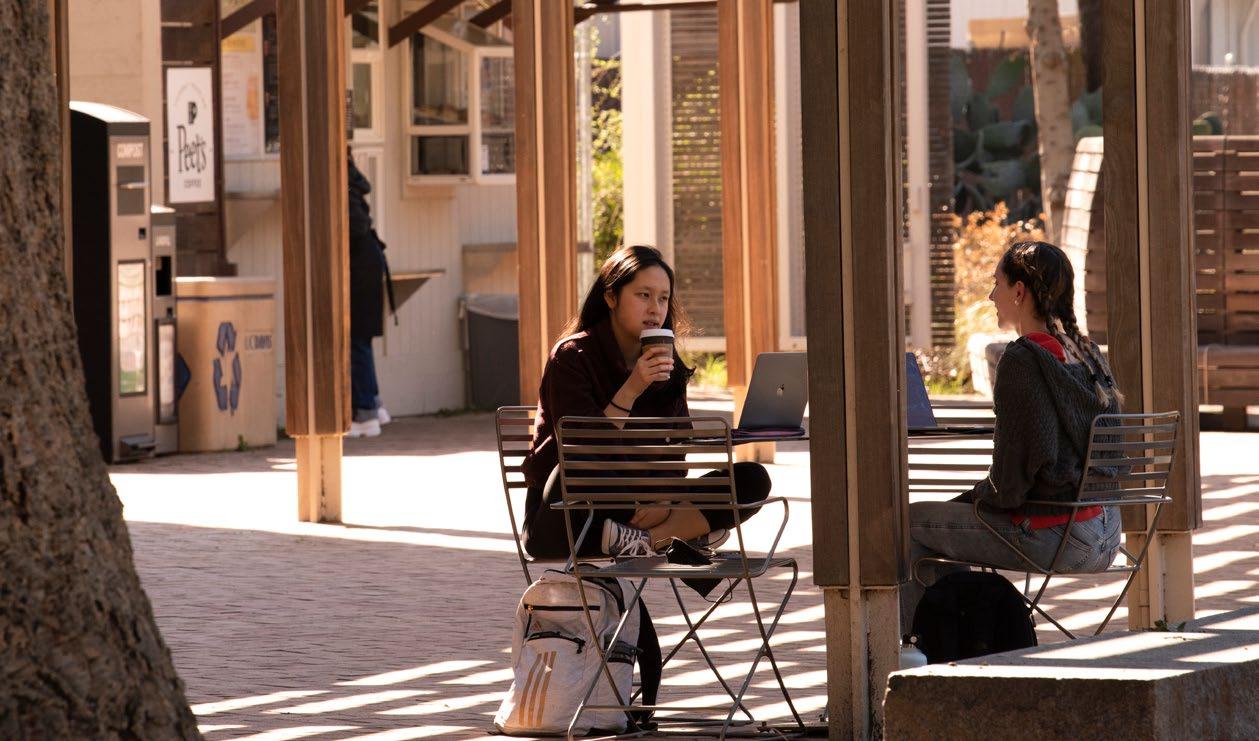
U.S. income taxes can be confusing, even for those who have lived in the U.S. for a long time! Here is some basic information about the U.S. tax system to keep in mind. For more detailed information, go to siss.ucdavis.edu/financial/ general-tax-information
International students and scholars may be subject to federal (national) and state taxes. The U.S. follows a “pay as you go” system, where some of your pay is taken out from each paycheck as income taxes. Then, in April you will file a “tax return” to the federal government, and possibly the state (California). The tax return is your way of telling the government how much you earned during the tax year and how much (if any) of that income was already withheld as income tax. Your tax return calculates if you are owed a tax refund or need to pay more taxes.
Terms to know!
• Internal Revenue Service (IRS)
• Tax year (January-December)
• Annual Tax Day (on or around April 15)
As a condition of your visa, you will be required to file state and federal taxes each year during your stay. The documents needed to file differ depending on your individual situation, such as whether or not you earned taxable income during the U.S. tax year. Note that even those who did not earn any U.S. income and do not need to pay any income taxes may still need to file at least one tax form each year.
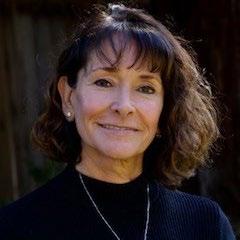
“When it comes time to pay your student fees, look to the Cashier & Payment Solutions Office for approved options and secure payment methods, such as Flywire for international fund transfers. Consulting with a friend or third party is not recommended. Come see us at Dutton Hall Monday through Friday, 10 a.m. until 4 p.m., or email your questions to cashier@ucdavis.edu.”
—Sylvia Montgomery, Cashiering & Payment Card Manager
At the beginning of the year, you may receive documents from UC Davis or any where you earned taxable income. These documents will help you to calculate your tax responsibilities based on your income and the amount of taxes already paid, so store them in a safe place.
To help you with your tax filing obligations, SISS provides access to tax preparation software and tax professionals through programs such as Glacier Tax Prep (for federal tax filings) and Sprintax (for state tax filings, if needed), and organize tax workshops to help you with your tax return. You may also seek your own resources, such as help from a qualified tax professional.
By law, taxpayers are responsible for filing their own tax returns. As a result, UC Davis employees, including SISS staff, are not legally permitted to provide tax assistance or advice. This may be different from tax systems in other countries.

Banner Bank
Bank of America
333 F St, Suite A Davis, CA 95616
325 E St. Davis, CA 95616
BluPeak Credit Union 200 B St Davis, CA 95616
Chase 330 E St Davis, CA 95616
First Northern Bank 434 2nd St Davis, CA 95616
Golden 1 Credit Union
River City Bank
508 2nd St, Suite 101 Davis, CA 95616
239 E St Davis, CA 95616
Travis Credit Union 1380 E Covell Blvd Davis, CA 95616
University Credit Union Memorial Union, 1 Shields Ave Ste. 246, Davis, CA 95616
U.S Bank
Wells Fargo Bank
Yolo Federal Credit Union
304 F St Davis, CA 95616
340 F St Davis, CA 95616
501 G St Davis, CA 95616
M–F 9 a.m.–5 p.m. Closed Saturdays and Sundays (530) 758-6250
M–F 9 a.m.–5 p.m.
9 a.m.–4 p.m. Closed Sundays (530) 757-5020
M–Th 9 a.m.–5 p.m. F 9 a.m.–6 p.m. Sat 9 a.m.–4 p.m. Closed Sundays (866) 873-4968
M–F 9 a.m.–5 p.m. Sat 9 a.m.–2 p.m. Closed Sundays (855) 761-4060 I20 /DS-2019 and Passport chase.com
M–Th 9 a.m.–5 p.m.
F 9 a.m.–6 p.m.
Closed Saturdays and Sundays (530) 758-7500
M–F 10 a.m.–5 p.m. Sat 10 a.m.–2 p.m. Closed Sundays (877) 465-3361
M–F 10 a.m.–4 p.m. Closed Saturdays and Sundays (530) 753-1131
Social Security Number thatsmybank.com
Social Security Number golden1.com
Social Security Number rivercitybank.com
M–F 10 a.m.–5:30 p.m. Sat 10 a.m.–2 p.m. Closed Sundays (800) 877-8328 Passport traviscu.org
T–TH 10 a.m.–2 p.m. Closed Friday through Monday (800) 828-4510
Social Security Number, Driver’s License or State ID Card ucu.org
M–F 9:30 a.m.–5 p.m., Sat 9:30 a.m.–1 p.m. Closed Sundays (530) 756-7283 Passport and $20 usbank.com
M–F 9 a.m.–5 p.m. Sat 9 a.m.–12 p.m. Closed Sundays (530) 756-7660 Passport wellsfargo.com
M–F 10 a.m.–5 p.m. Sat 10 a.m.–2 p.m. Closed Sundays (530) 668-2700
Social Security Number yolofcu.org
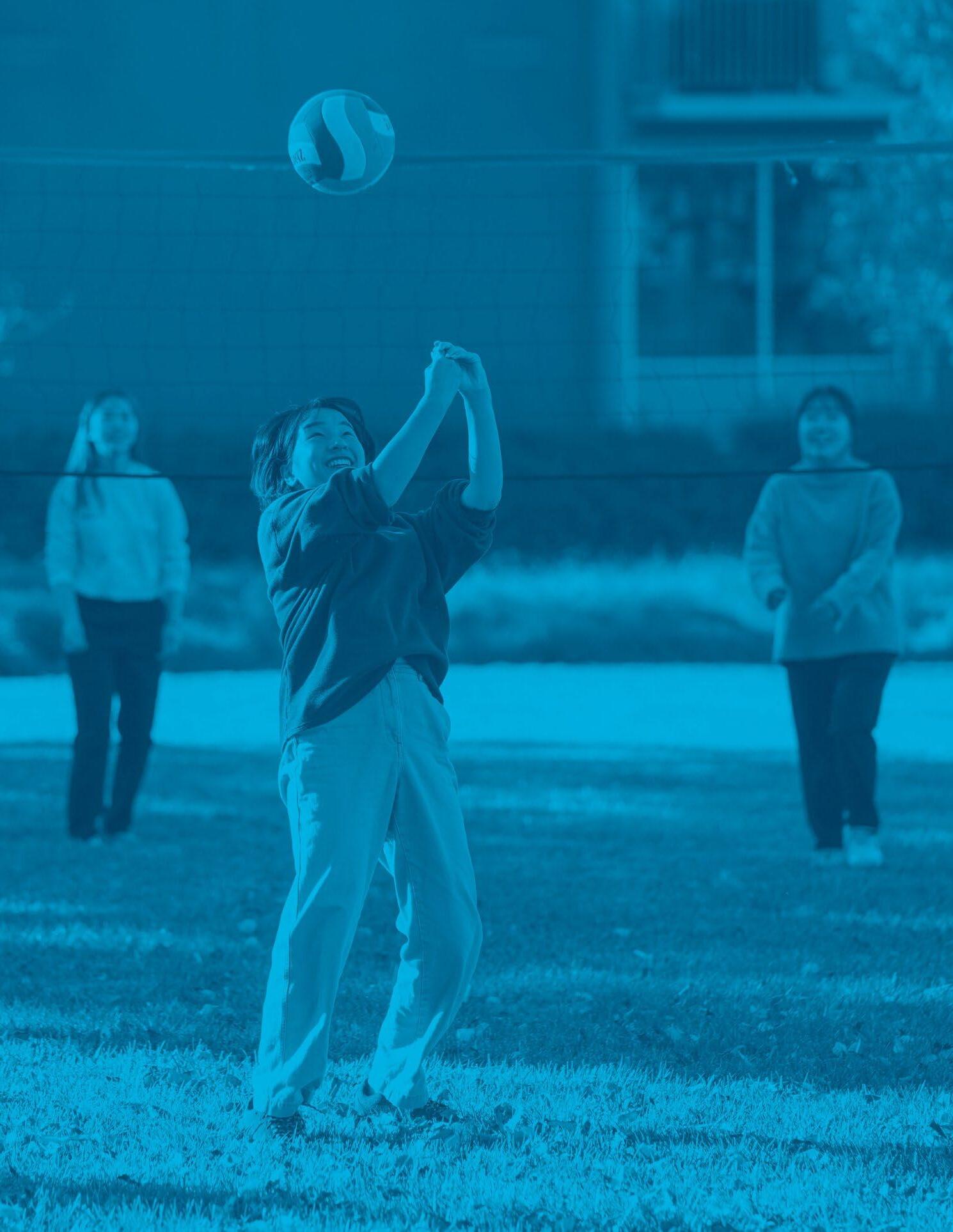

UC Davis Student Health and Counseling Services (SHCS) provides a wide variety of medical, mental health, and wellness services (massage therapy, physical therapy, tobacco cessation, etc.) to all registered UC Davis students, regardless of insurance coverage. Most routine medical and mental health services are provided through scheduled appointments; urgent care is available without appointment during normal hours of operation. Contact SHCS at (530) 752-2349 to make an appointment or to access Advice Nurses at any time. Learn more at shcs.ucdavis.edu
SHCS also has a dedicated wellness page for international students at shcs.ucdavis.edu/resources-internationalstudents
[TIP] Look for the Therapy Fluffies program each quarter around midterms or finals. Students can pet and play with dogs to help relieve stress. Learn more at shcs.ucdavis.edu/ wellness.
UC Davis students are required to have health insurance coverage that is valid in the U.S. All registered students are automatically enrolled in the UC Student Health Insurance Plan (UC SHIP), with fees billed to the student account, so be sure to visit shcs.ucdavis.edu/insuranceservices
If you are already covered by a health insurance plan, you can waive enrollment in UC SHIP by submitting a waiver application. There is a deadline to decline UC SHIP—you must submit the waiver form before the start of each new academic year. Learn more at shcs.ucdavis.edu/insurance/ waiver
SHCS offers counseling services to help students realize their academic and personal goals. Meeting with a counselor can help students clarify issues, explore options, and cope with problems more effectively. They provide free, confidential, short-term counseling in both individual and group settings to all registered UC Davis students. Learn more at shcs.ucdavis.edu/counseling-services
If you’re feeling stressed, overwhelmed, or in crisis, help is a text away. You can talk to a trained counselor about anything you need to through the crisis text line–it’s free, immediate, confidential and available 24 hours a day, 7 days a week. Text “Relate” to 741741 or call (530) 756-5000.
The UC Davis Health Equity Fund helps reimburse students who have experienced significant out-of-pocket expenses related to accessing physical or mental healthcare or students who have a significant privacy concern as a dependent (e.g., sexual health services). Learn about this and supplemental funds at shcs.ucdavis.edu/hef.
To support students during such critical moments, the Arhan Vyas Ambulance Fund was established to help cover the cost of ambulance services, ensuring that financial concerns do not stand in the way of urgent medical care.
UC EMERGENCY MENTAL HEALTH GRANT FOR STUDENTS IMPACTED BY THE ISRAEL-PALESTINE CONFLICT
Students can request an emergency mental health grant to cover off-campus counseling costs related to the ongoing conflict in Palestine and Israel.
Learn more about finding a nutritionist at shcs.ucdavis.edu/ services/nutrition-services
UC Davis offers several different confidential resources for victims of sexual violence, like CARE (more information below), the Women’s Resource and Research Center (WRRC), and the Lesbian, Gay, Bisexual, Transgender, Queer, Intersex, Asexual (LGBTQIA) Resources Center. Some resources on campus are confidential and others are non-confidential (reporting) resources. If you are not sure if you want your situation known beyond the service you are confiding in, we recommend contacting CARE or another campus confidential resource for advice and support. Find more resources on this page.
• Immigration regulations require J-1 scholars and their J-2 family members to carry medical insurance for the duration of their program. Learn more at siss.ucdavis. edu/health-insurance
• Scholars employed by UC Davis may receive health benefits through UC Davis. Scholars with postdoctoral scholar position titles will enroll in the Postdoctoral Scholar Benefits Plan. Learn more at siss.ucdavis.edu/ health-insurance-postdoctoral-scholars. Scholars should check with their UC Davis department if they have questions about health benefits.
• Scholars who are not employed by UC Davis or do not hold a postdoctoral scholar position title must purchase their own health insurance. More information can be found at siss.ucdavis.edu/health-insurance.
Faculty and staff who need assistance should contact the Academic and Staff Assistance Program (ASAP), which provides confidential, cost-free counseling services. See page 34 or go to hr.ucdavis.edu/departments/asap for more information.
Adjusting to life at UC Davis can be difficult for some, especially if you are a world away from family and friends. You may experience homesickness during the first few months, but that’s very normal. In fact, many international students and scholars will feel homesick. For resources about how to handle homesickness, visit shcs.ucdavis.edu/ topics/homesickness.
The Ombuds Office helps the UC Davis community solve problems that range from overcoming simple, practical difficulties to handling sensitive, complex issues, including cultural misunderstandings, interpersonal difficulties and health and safety concerns. Learn more at ombuds.ucdavis. edu
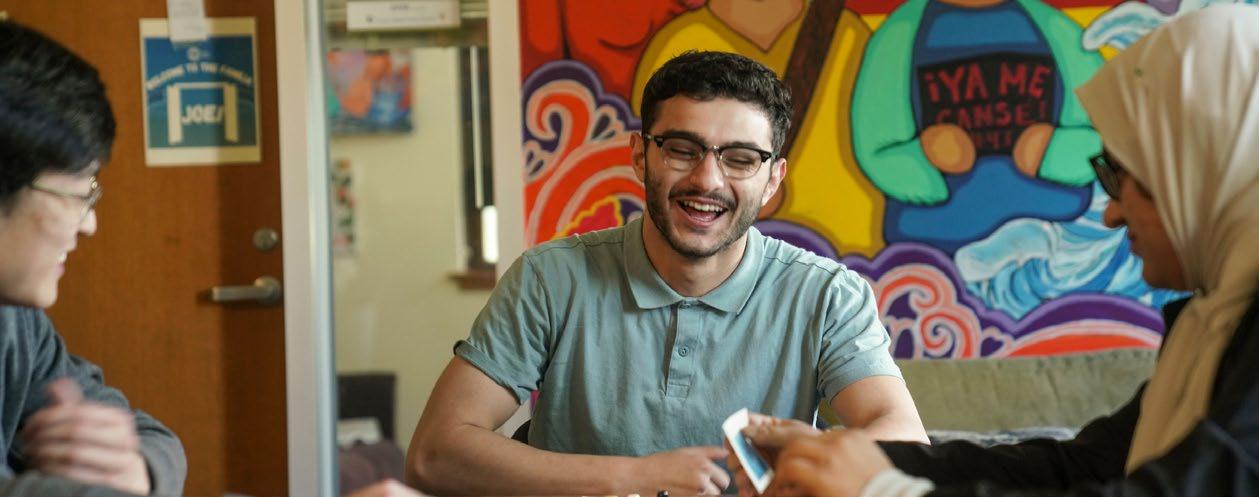
Health 34 is a team of healthcare educators and providers who deliver free, non-emergency support and service navigation for mental health and basic medical care to every segment of the UC Davis campus. Comprised of UC Davis Fire Department staff, this team provides prompt responses to non-emergencies, basic medical support, crisis prevention, recovery assistance, mental health support, and connections to on/off-campus services. Addressing issues like panic attacks, injuries, and housing concerns, the team assesses situations and coordinates care, ensuring a comprehensive approach to well-being for students, staff, faculty, visitors and the community. Call (530) 754-3434 or visit fire.ucdavis.edu/ health34
Health 34 is a shared campus resource available to anyone on campus, including students, scholars, vistors, and more!
Center for Advocacy, Resources and Education (CARE) provides confidential advocacy, support, and healing services to survivors of sexual harassment and all forms of sexual violence, including sexual assault, intimate partner violence, and stalking. You can reach them at care.ucdavis. edu.
These offices are not required to report incidents of sexual violence or harassment to the university. Learn more at sexualviolence.ucdavis.edu/get-support.
The UC Davis Title IX (“title nine”) office investigates reports of discrimination based on sex, gender expression, gender identity, and pregnancy; sexual violence, including sexual assault, dating or domestic violence and stalking; and sexual harassment. Title IX is not a confidential resource, so be aware of that before you engage them. Learn more at compliance.ucdavis.edu/title-ix.
When a crime has occurred, police investigate and can make an arrest based on evidence. If you or someone you know are the victim of a crime, including sexual violence, including sexual assault, intimate partner violence or stalking, you can report it to the police. If the crime took place on a UC Davis campus, report it to the UC Davis Police Department. If the crime took place in Davis or Sacramento, report it to city police. Contact information for emergencies and nonemergencies, including police, is on the next page.

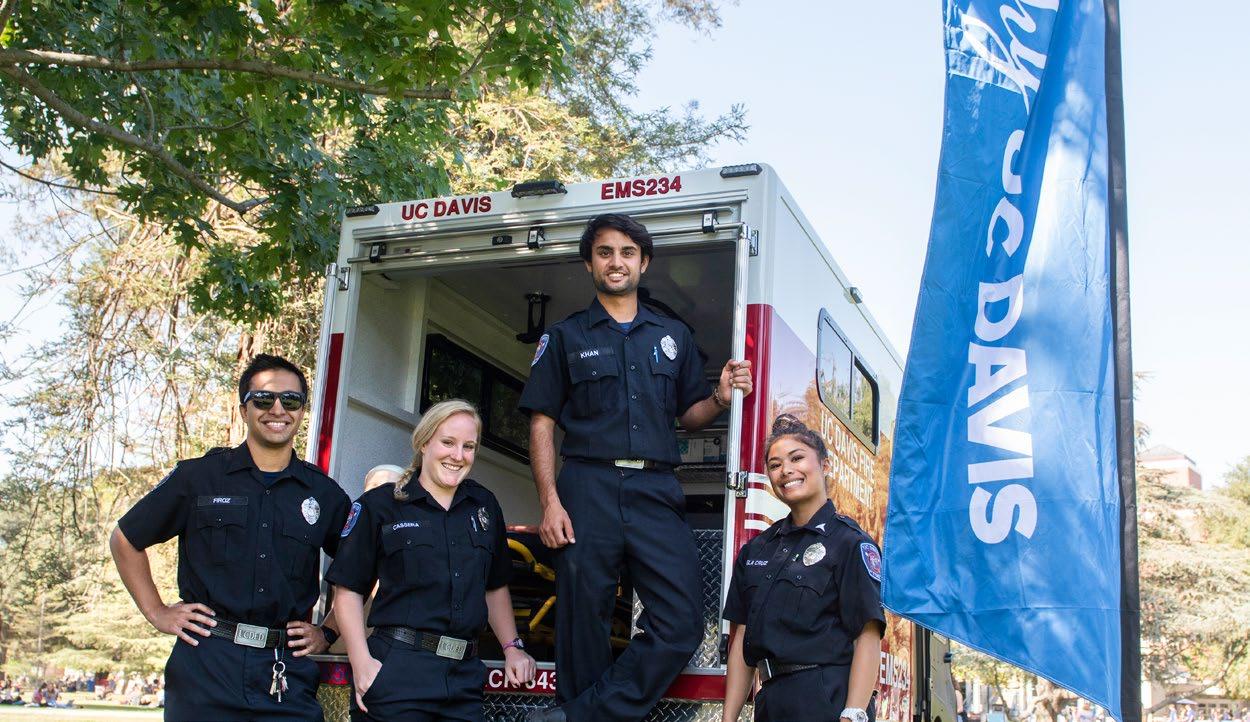
For medical, police, or fire emergencies, dial 911.
UC DAVIS POLICE
(530) 752-1230 (Emergency Number, Davis Campus) (916) 734-2555 (Emergency Number, Sacramento Campus) (530) 754-2677 (Non-Emergency Number)
DAVIS CITY POLICE DEPARTMENT
(530) 758-3600 (Emergency Number; best for cell phones) (530) 747-5400 (Non-Emergency Dispatch) cityofdavis.org/city-hall/police-department
SACRAMENTO POLICE DEPARTMENT (916) 808-5471 (Non-Emergency) cityofsacramento.gov/police
UC DAVIS FIRE DEPARTMENT (530) 752-1236
DAVIS CITY FIRE DEPARTMENT
(530) 756-3400 (Emergency; best for cell phones) (530) 747-5400 (Non-Emergency Dispatch) cityofdavis.org/city-hall/fire-department
SACRAMENTO FIRE DEPARTMENT (916) 808-1300 (Non-Emergency Dispatch) cityofsacramento.gov/fire
SAFETY SERVICES
(530) 752-1493 safetyservices.ucdavis.edu
UC DAVIS STUDENT HEALTH AND WELLNESS CENTER
Address: 930 Orchard Rd, Davis, CA 95616
Hours: Open Monday, Tuesday, Thursday, and Friday 8 a.m.—5:30 p.m.; Wednesday 9 a.m.—5 p.m.; closed on weekends.
Reduced cost for enrolled students, others pay higher fee and not all insurances accepted.
SUTTER URGENT CARE
Address: 2020 Sutter Place, Suite 101, Davis, CA 95616
Hours: Open weekdays 5:00 p.m.–9:00 p.m., weekends and holidays 10 a.m.–5:30 p.m.
Sutter-Davis Emergency Services is open 24 hours a day, seven days a week.
DAVIS URGENT CARE
Address: 4515 Fermi Place, Suite 105, Davis, CA 95618
Hours: Open every day 9 a.m.–9 p.m.
SUTTER SACRAMENTO URGENT CARE
Address: 1201 Alhambra Blvd. Suite 230, Sacramento, CA, 95816
Hours: Open every day 9 a.m.-8:30 p.m.
DIGNITY HEALTH SACRAMENTO URGENT CARE
Address: 3000 Q St, Sacramento, CA 95816
Hours: M-F, 7:30 a.m.-6:30 p.m. and weekends, 8 a.m.-3 p.m. Patients are encouraged to schedule an appointment for care. Learn more at dignityhealth.org/dhmf/locations/ sacramento-urgent-care
SACRAMENTO URGENT CARE
Address: 6600 Bruceville Rd, Sacramento, CA 95823
Hours: Open every day 1- 11 p.m.
SUTTER DAVIS HOSPITAL EMERGENCY DEPARTMENT
Address: 2000 Sutter Pl, Davis, CA 95616
EMERGENCY ROOM–WOODLAND MEMORIAL HOSPITAL
Address: 1325 Cottonwood St, Woodland, CA 95695
UC DAVIS MEDICAL CENTER EMERGENCY ROOM
Address: 2315 Stockton Blvd, Sacramento, CA 95817
SUTTER SACRAMENTO EMERGENCY ROOM
Address: 2825 Capitol Ave, Sacramento, CA 95816
KAISER PERMANENTE EMERGENCY ROOMS
Address: 6600 Bruceville Rd, Sacramento, CA 95823 and 2025 Morse Avenue, Sacramento, CA 95825
Yolo County Animal Services: 530-668-5287
Sacramento County Animal Services: 916-808-7387
California Wildlife Commission: 916-965-9453
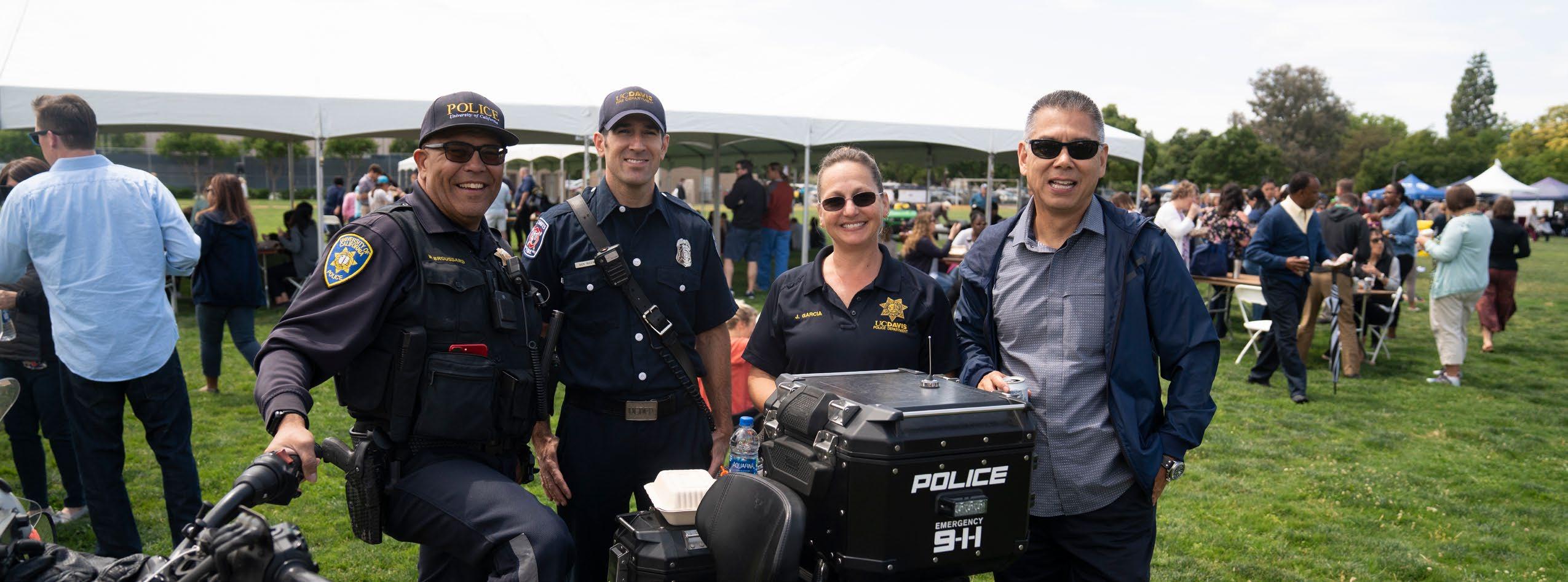
Police officers maintain a safe environment for the community. You may see officers from the UC Davis Police Department around campus, Davis Police Department around town in Davis, or Sacramento Police Department in Sacramento. Other law enforcement agencies in the area include the California Highway Patrol, who ensure safety on highways and freeways, and the Sheriff’s Office, which is responsible for an entire county, such as Sacramento County or Yolo County (which Davis is part of).
Law enforcement officers are highly trained, and an authority in the community. Your interaction with police will likely be none or minimal. You may recognize them by their uniforms. Campus and city police officers dress in dark uniforms and CHP and Sheriff officers wear lighter, tan uniforms. All agencies wear a badge and police department insignia and boots and may wear protective vests. Officers often carry weapons, including pepper spray and firearms, which are intended for use only in critical law enforcement situations.
In an emergency when a crime or emergency is in progress and you need immediate assistance, please call 911 or the UC Davis Police Department at (530) 752-1230 (Davis), or (916) 734-2555 (Sacramento)
To report crimes not in progress, the UC Davis Police Department has an online system that allows you to submit a report and print a copy of your preliminary report. Learn more at police.ucdavis.edu/online-crime-reporting.
If you experience or witness an incident of hate, bias, discrimination, or harassment, please report it. You can do so anonymously if you choose: reporthateandbias.ucdavis.edu
If there is an emergency on campus or in the area, the WarnMe system will communicate the nature of the emergency, provide instruction, and refer you to a source for more information if available. WarnMe uses student’s UC Davis email addresses and faculty and staff work contact information to send alerts. Students and scholars should sign up and add their cell phones for text messages at warnme.ucdavis.edu. International subscribers can receive WarnMe messages by email and through the Everbridge app. Learn more at org.ucdavis.edu/warnme.
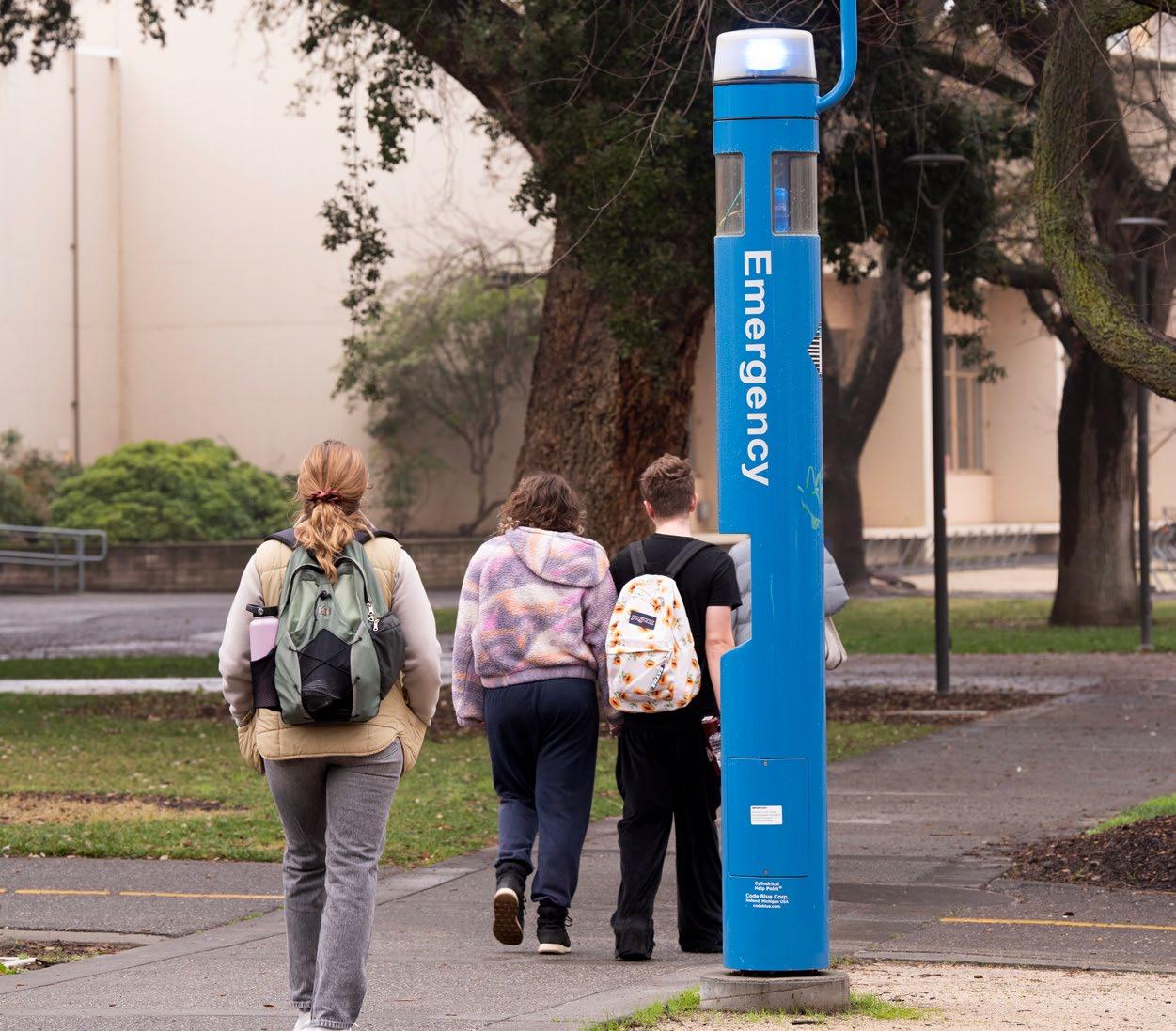
More than twenty blue-light emergency call stations are installed throughout campus for student safety. By pushing the button on the station, users are connected directly to the campus Police Department’s dispatch center, which will send officers or firefighters as needed.
Scams are dishonest, illegal attempts to make money off of unsuspecting people. We hope you will never be contacted by someone attempting to scam or defraud you, but unfortunately, there are people who attempt to take advantage of international students and scholars. Learn how to identify a scam and avoid falling victim to one by visiting siss.ucdavis.edu/scams.
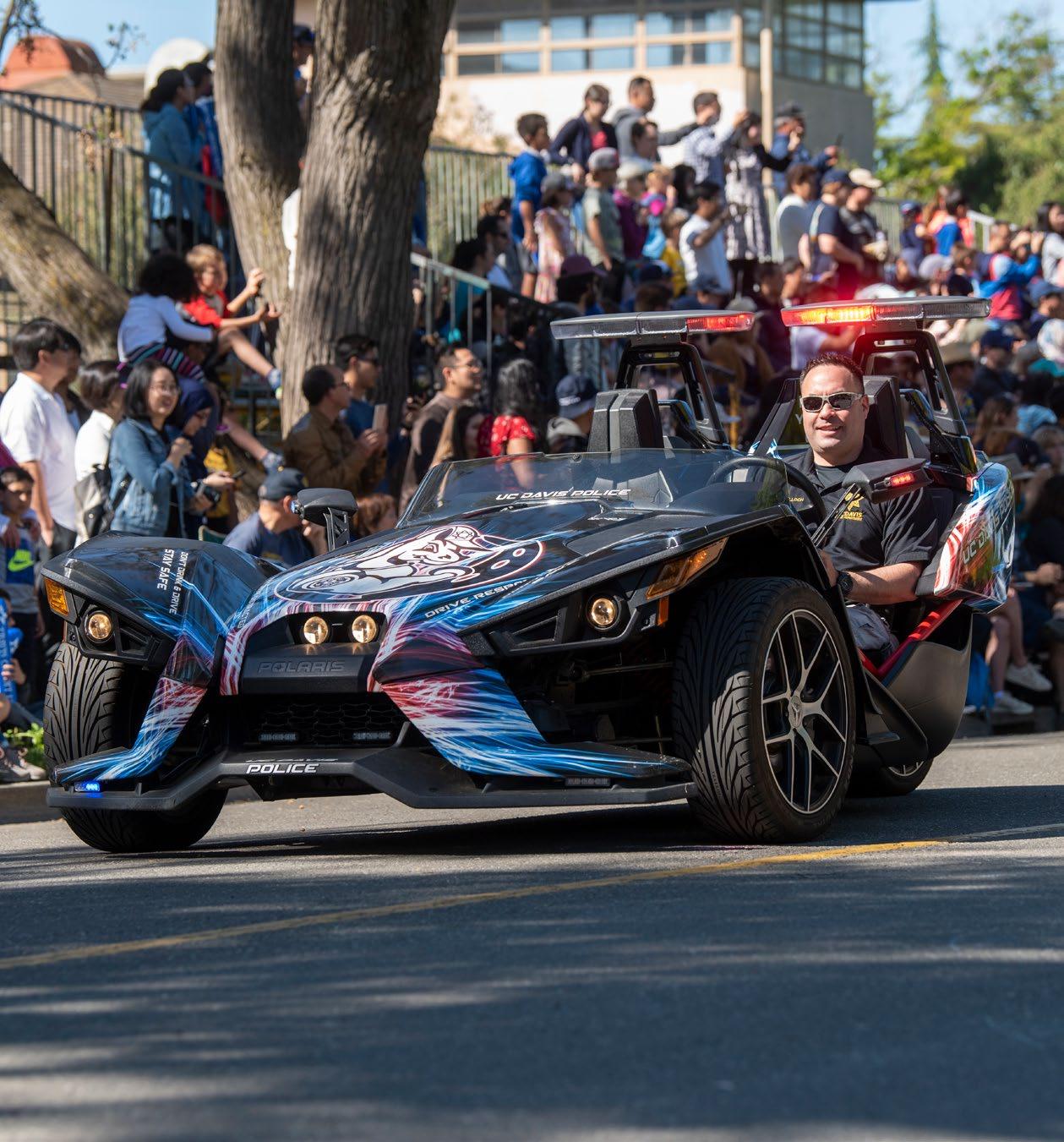
If you receive a traffic ticket for a moving violation such as driving above the speed limit or running a red light, it is helpful to know your rights. Learn more at siss.ucdavis.edu/government-legal-resources.
If you owe money or want to challenge a ticket, it is important to respond quickly within the dates stipulated on the ticket. Your insurance rates may go up for any infractions for which you are found guilty. Learn more at courts.ca.gov/8452.htm
In the U.S., the minimum drinking age is 21. Consuming alcohol before turning 21 is illegal and could result in legal action. Drunk driving is a serious criminal offense that can result in high fines, jail time, and having your driver’s license suspended. For international students and scholars, legal trouble could affect your visa status and result in revocation.
Under California law, you must be 21 years of age or older to purchase any tobacco products (including smokeless tobacco and electronic smoking devices). UC Davis is a smoke and tobacco free campus.
Illegal drugs and the abuse of prescription drugs (for example, prescription drugs that are not prescribed to you by a doctor) are punishable by jail time and/or costly fines. Legal trouble can also impact your visa status and even result in the revocation of your visa.
Cannabis (marijuana) is legal in the state of California for adults 21 and older; however, the use or possession of marijuana is illegal under U.S. federal law. Immigration laws reflect standards of U.S. federal law. You can be deported or barred from entry into the U.S. for evidence of marijuana use or planned marijuana use.
When you enter the U.S. at an airport or border, your social media accounts, texts and email are all subject to search. Evidence of cannabis use (such as photos or texts to friends about buying or using) can be reason enough for agents to refuse entry.
University of California policy prohibits cannabis on campus and in campus housing at all times.
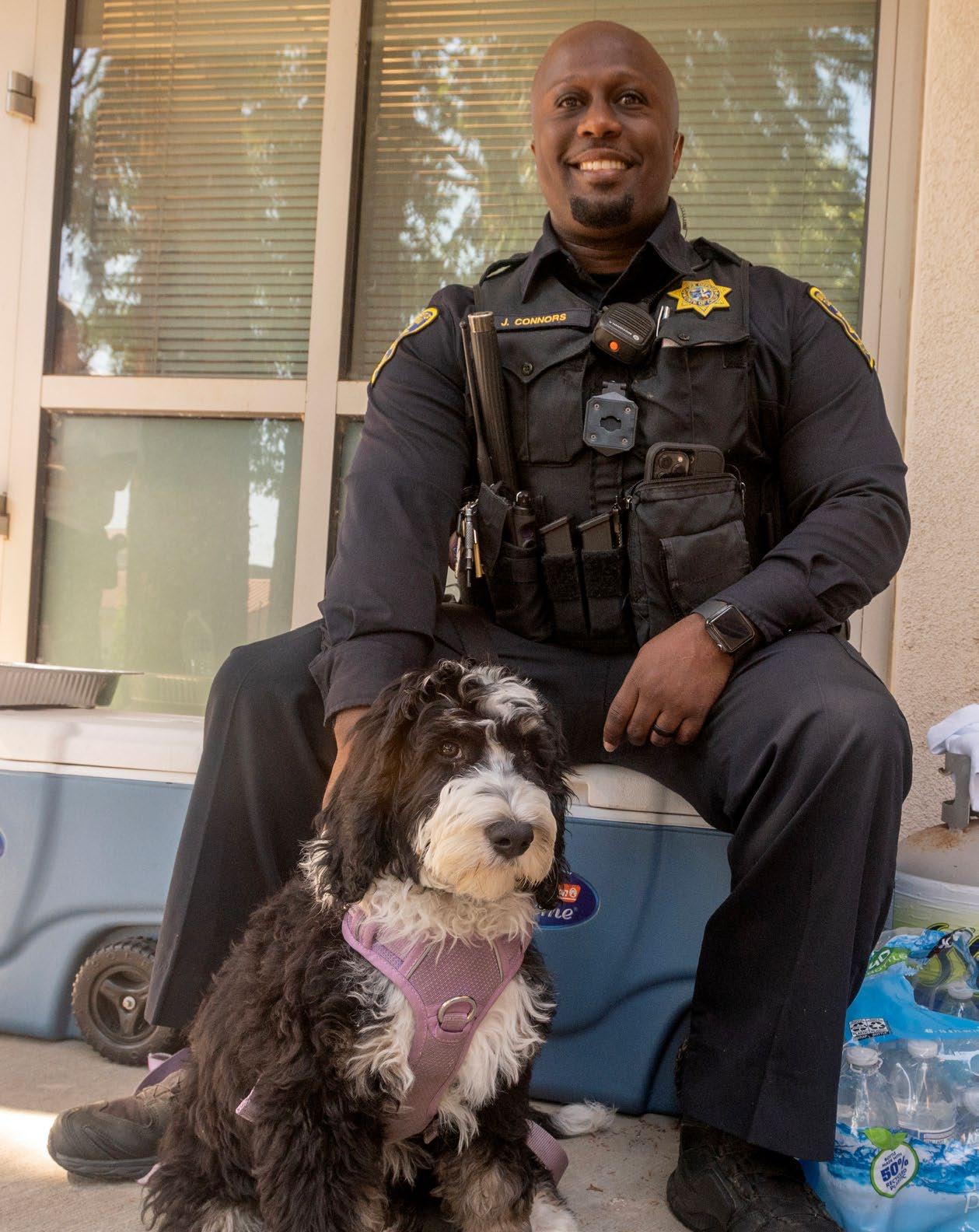
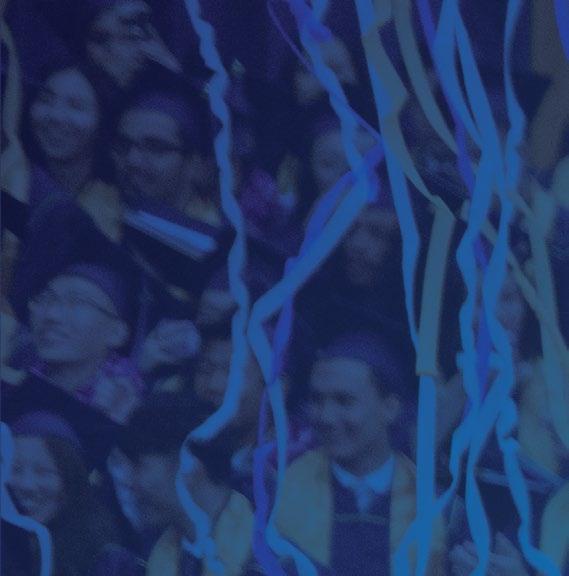
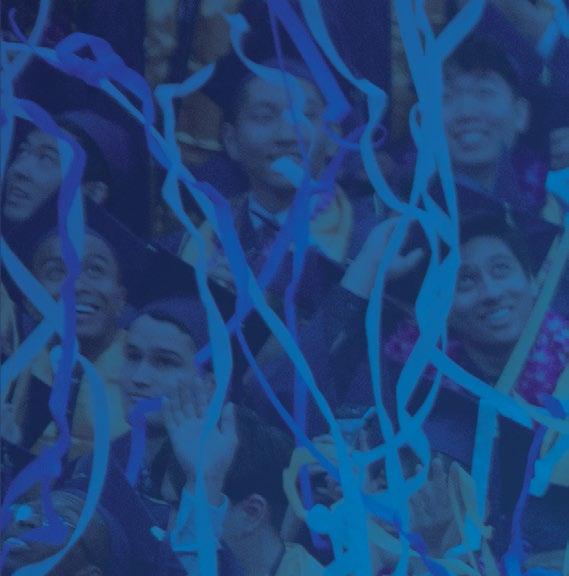
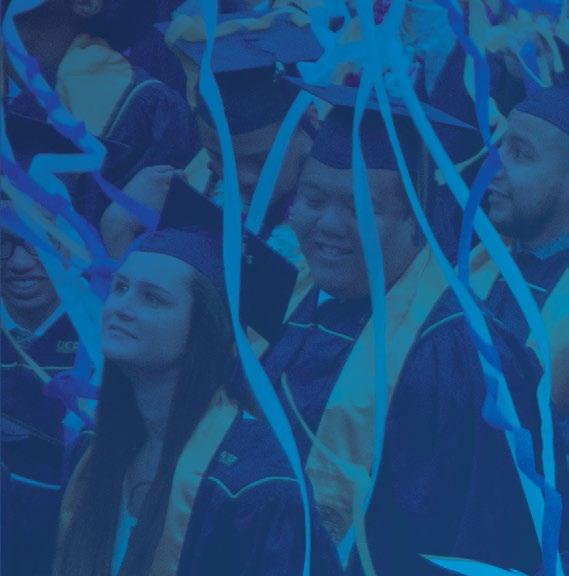
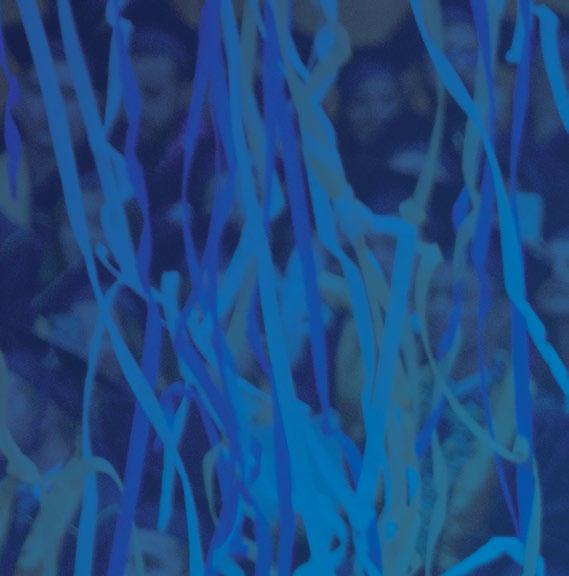
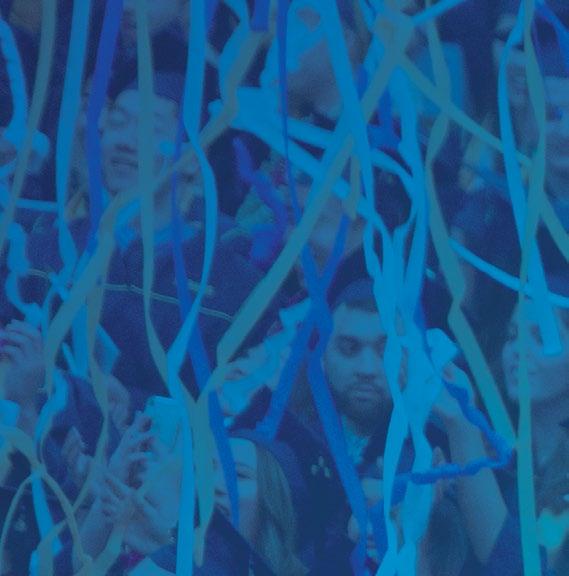
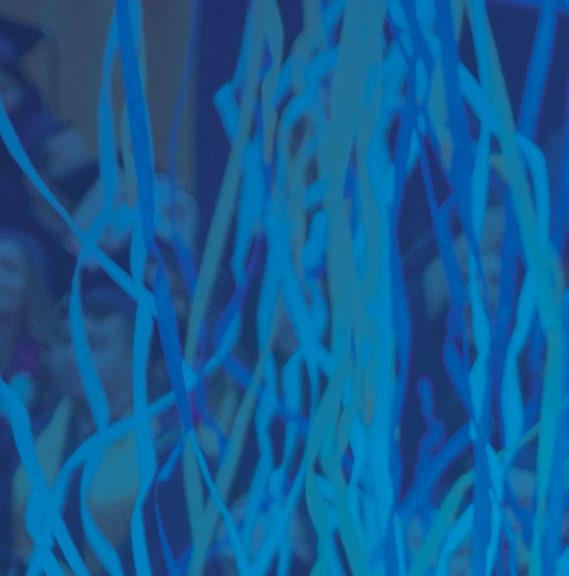
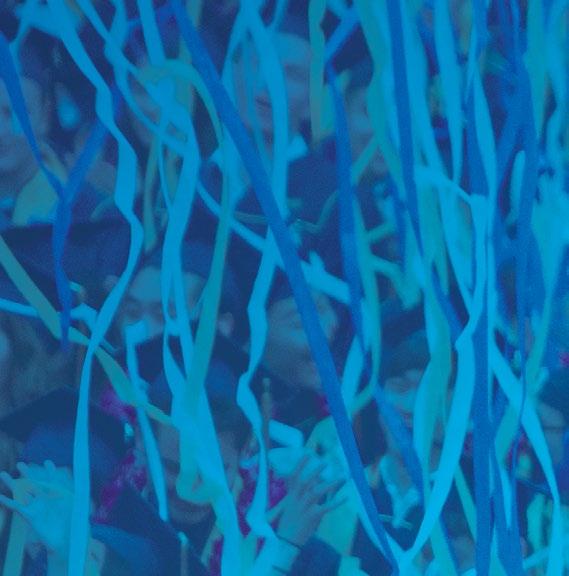
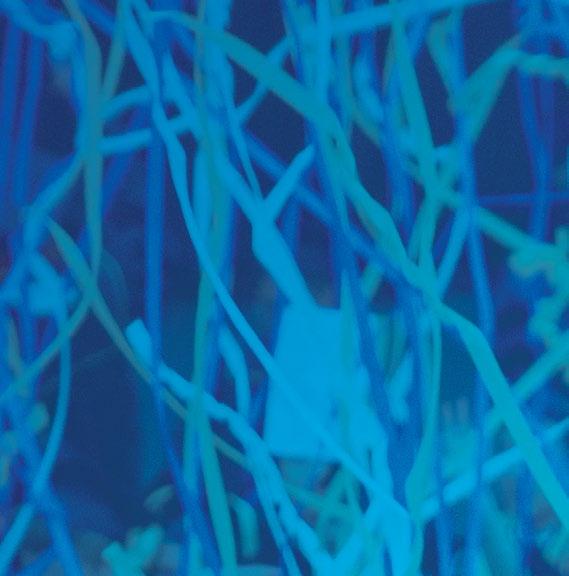
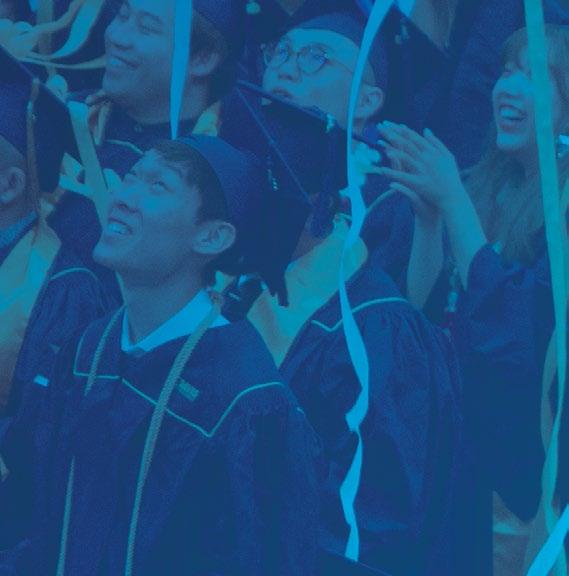
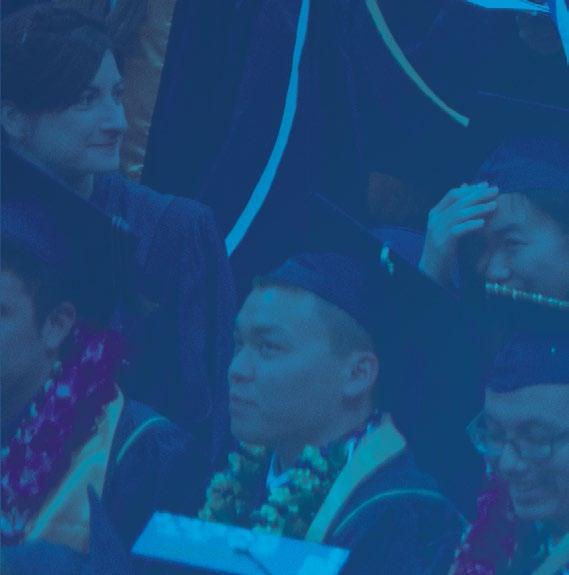
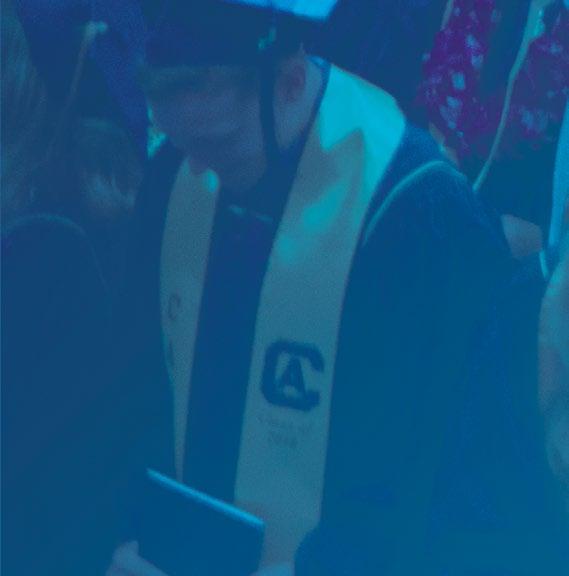
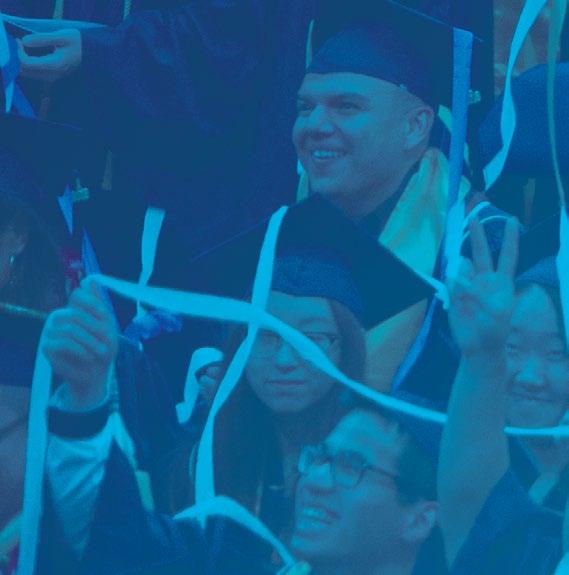

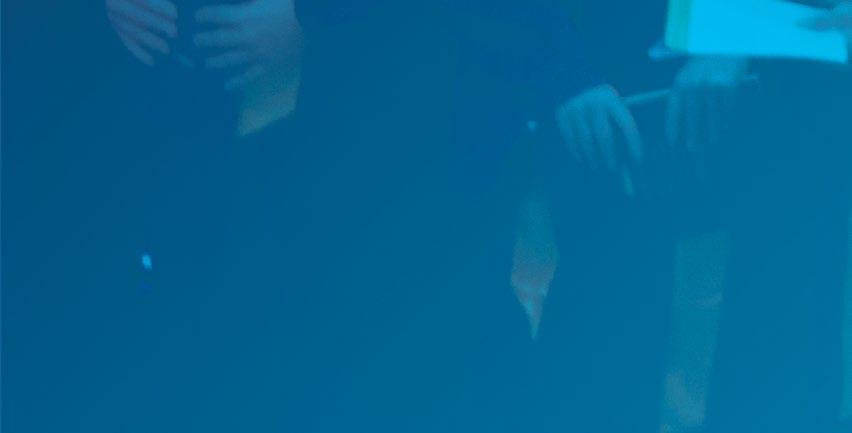
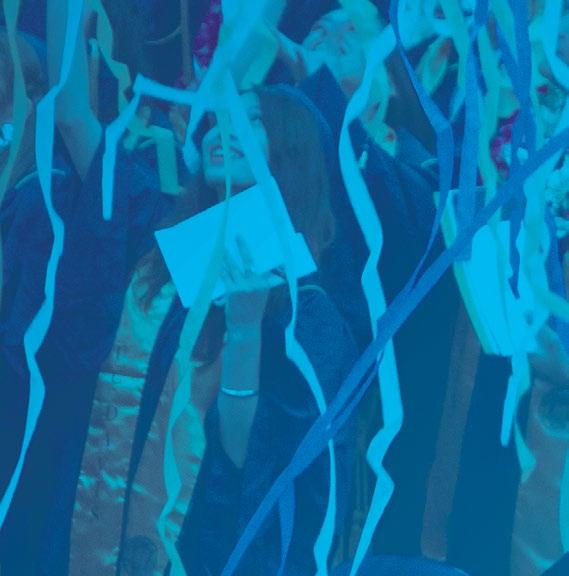
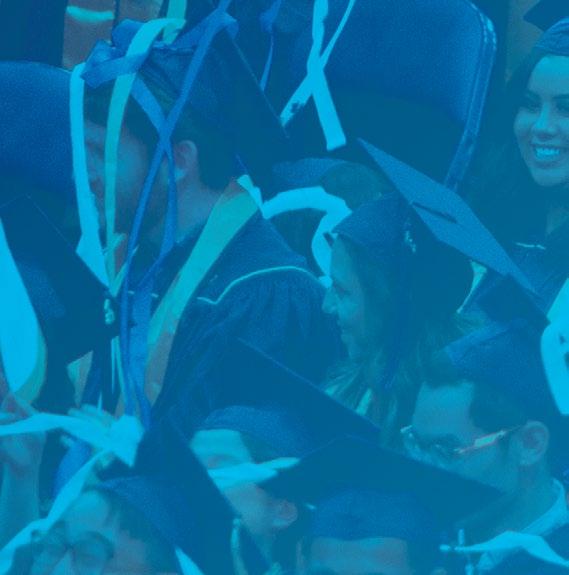
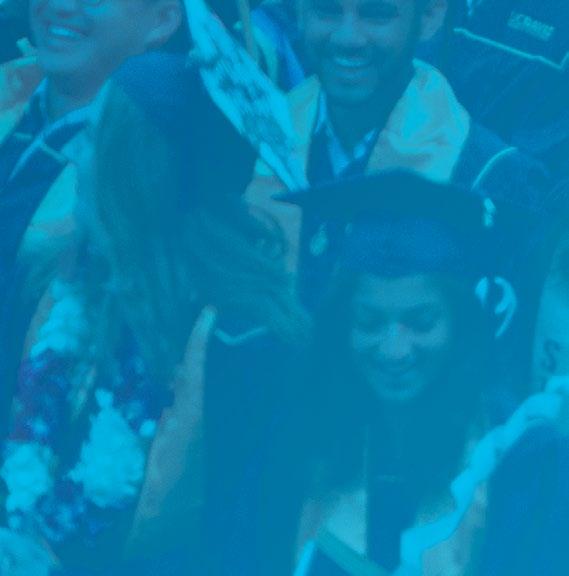
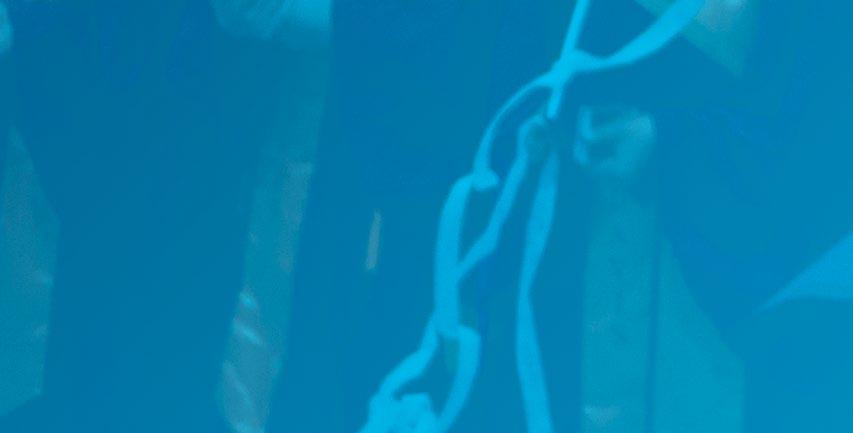
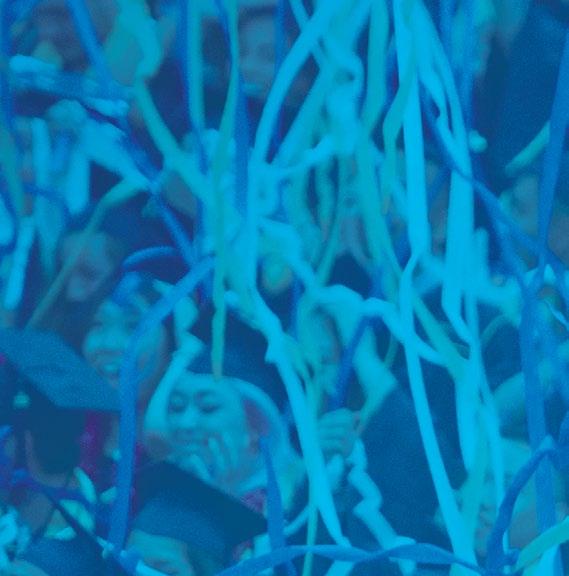
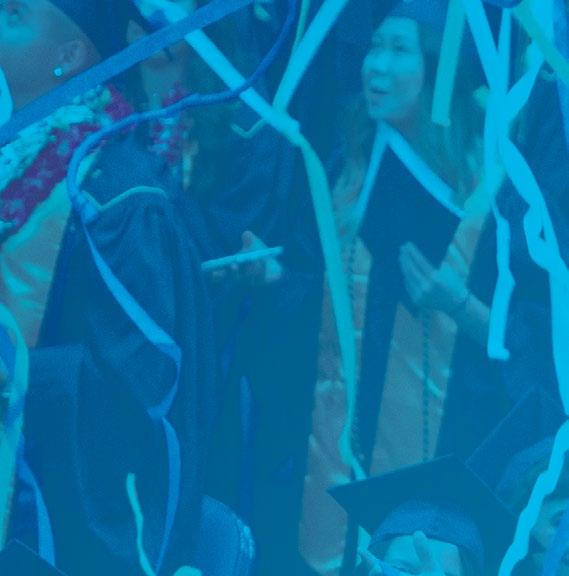
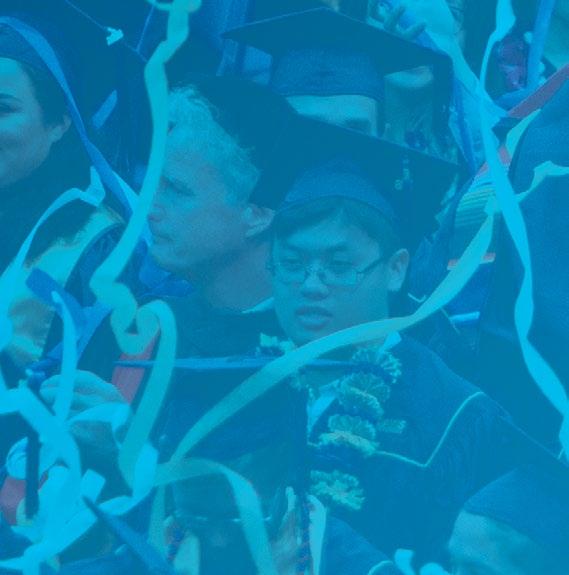
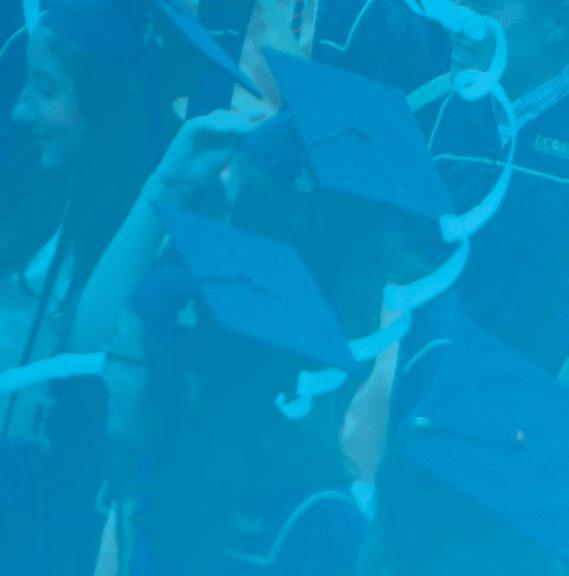
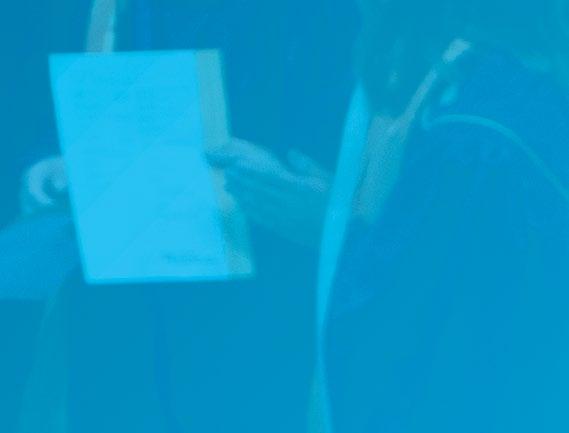


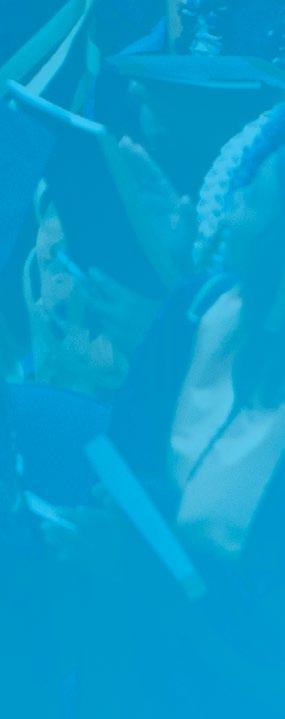
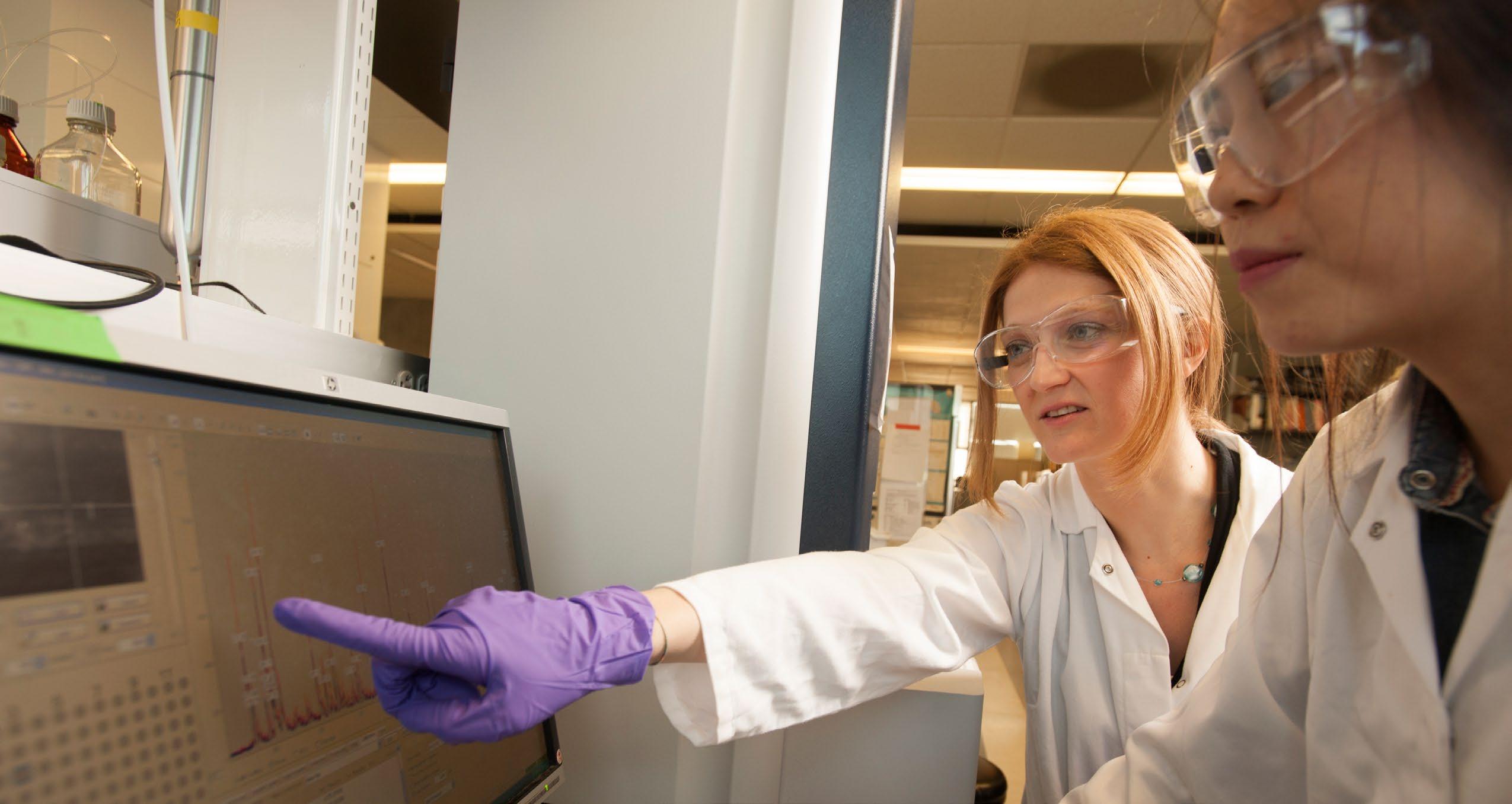
UC Davis has two types of grading systems: In the first, students are given a letter grade between A and F. Depending on your major, a D or F may require you to repeat the class. At the end of each academic quarter, the letter grades will be assigned a grade point and will be used to calculate your Grade Point Average (GPA). Your GPA is numeric evaluation of your academic performance at Davis and can be considered when applying for jobs, scholarships and academic programs.
Graduate students interested in holding teaching assistant (TA) and associate instructor (AI) positions can take this on-campus exam to demonstrate their oral English proficiency. The TOEP is offered at the end of each quarter. See iae.ucdavis.edu/graduate/toep for more information.
This can be a big cultural difference to overcome when you get to the U.S.: Faculty want to interact with you. In fact, many encourage it and may factor your participation in discussions into your final grade.
In addition to instructing the class, the faculty at UC Davis can serve as a resource for academic and professional advice and mentorship and can even provide research opportunities. Students are encouraged to interact with faculty by contributing to the discussion in class, asking questions and respectfully sharing opinions, even if they are different from your instructor’s opinion.
The second grading system gives a Pass (P) or No Pass (NP) instead of a letter grade. Some classes are only offered on a P/NP basis. Learn more about how grading works at UC Davis at registrar.ucdavis.edu/records/grades
The school year is made up of three 10-week quarters (fall, winter and spring) with two six-week summer sessions. One week of final exams follows the end of each quarter. On average, students take three to four courses each quarter, depending on the level of difficulty. Students looking to get ahead or stay on track can choose to attend one or both of the summer sessions.
Typically, on the syllabus, faculty let you know if they prefer to be emailed or approached during office hours. Professors and instructors set aside weekly office hours throughout the quarter for students to come and ask for help, guidance or to talk and learn more about the professor and their research interests. In most cases, faculty can also meet outside of their scheduled office hours if there is a conflict with your schedule—you just have to ask with enough notice.
If members of the faculty get to know you, they can be excellent references in the future, so drop in during office hours to check in with them.
There are many organizations and clubs to immerse yourself in, including social, professional and academic groups. One of my favorite places to meet folx is the Student Community Center, which houses many of the student life centers: Cross Cultural Center, Student Recruitment and Retention Center, and LGBTQIA+ Resource Center.”
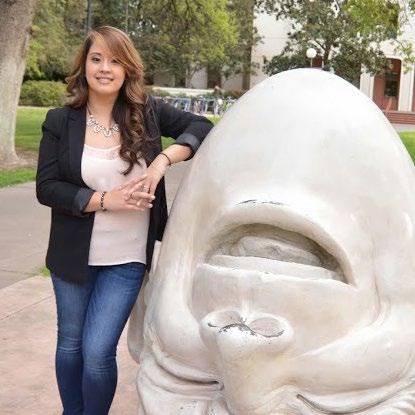
This program helps incoming first-year and transfer international students successfully transition to life at UC Davis. The program has mentor fellows who help guide and, most importantly, offer friendship as they help new international undergraduate students excel in their new lives at UC Davis. Participants, called “mentees,” share their culture and values with their mentors and receive support from them. Become a mentor or mentee at siss.ucdavis.edu/global-ambassador-mentors
—Katherine Parpana, Director, Strategic Asian and Pacific Islander Retention Initiative
This course is designed to help international students adapt to UC Davis and American life. It is an optional year-long series of seminars for new international students offered by the School of Education and Services for International Students and Scholars (SISS). Topics include: academic expectations, quarter system, American cultural celebrations, academic writing rules, conduct expectations, culture shock, friendships, campus involvement and time management. (The class is 2 units, Pass/No Pass grading.)
First-Year Seminars are small, innovative classes that reflect the instructor’s intellectual interests. Limited to 19 students each, these courses cover an exciting range of topics. To learn more, visit fys.ucdavis.edu
The Pal Program pairs undergraduate students for intercultural conversation. Meetings with a partner can be used to practice language, explore campus, and enrich your college experience. Join today at siss.ucdavis.edu/palprogram
“There are so many resources on campus to take advantage of but don’t think of them as free. Remember that your tuition and fees are what’s paying for them so go check out everything, even if you aren’t sure you need it. Maybe someone you know will benefit from your knowledge!”
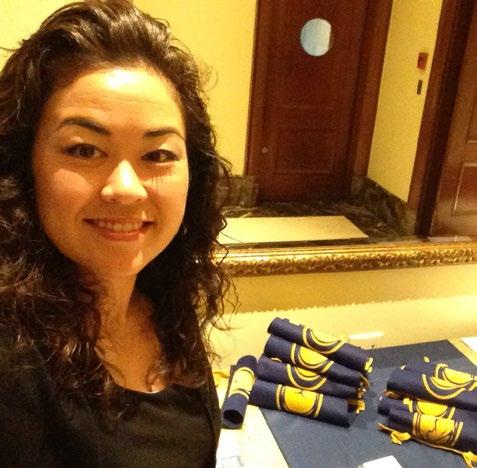
— Mitsuko Leonard, Director of Recruitment
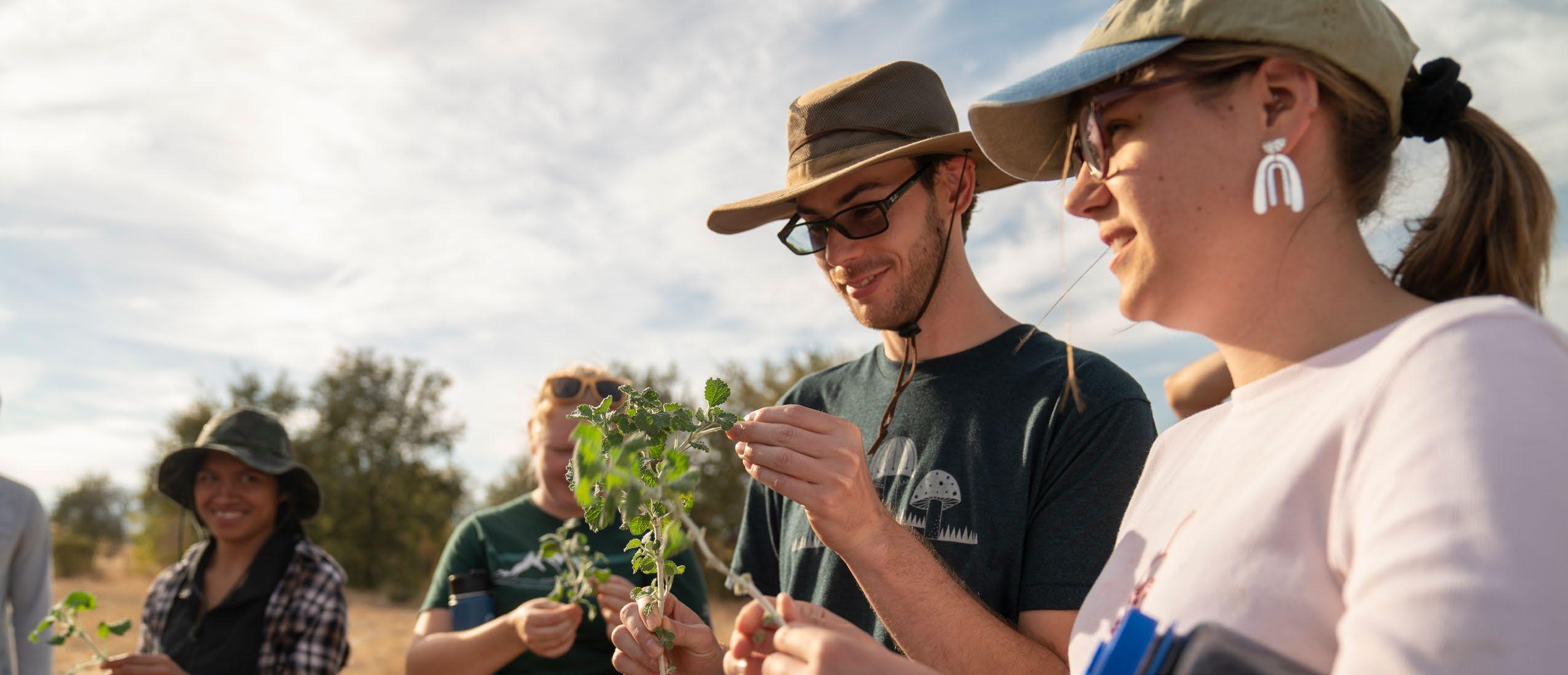
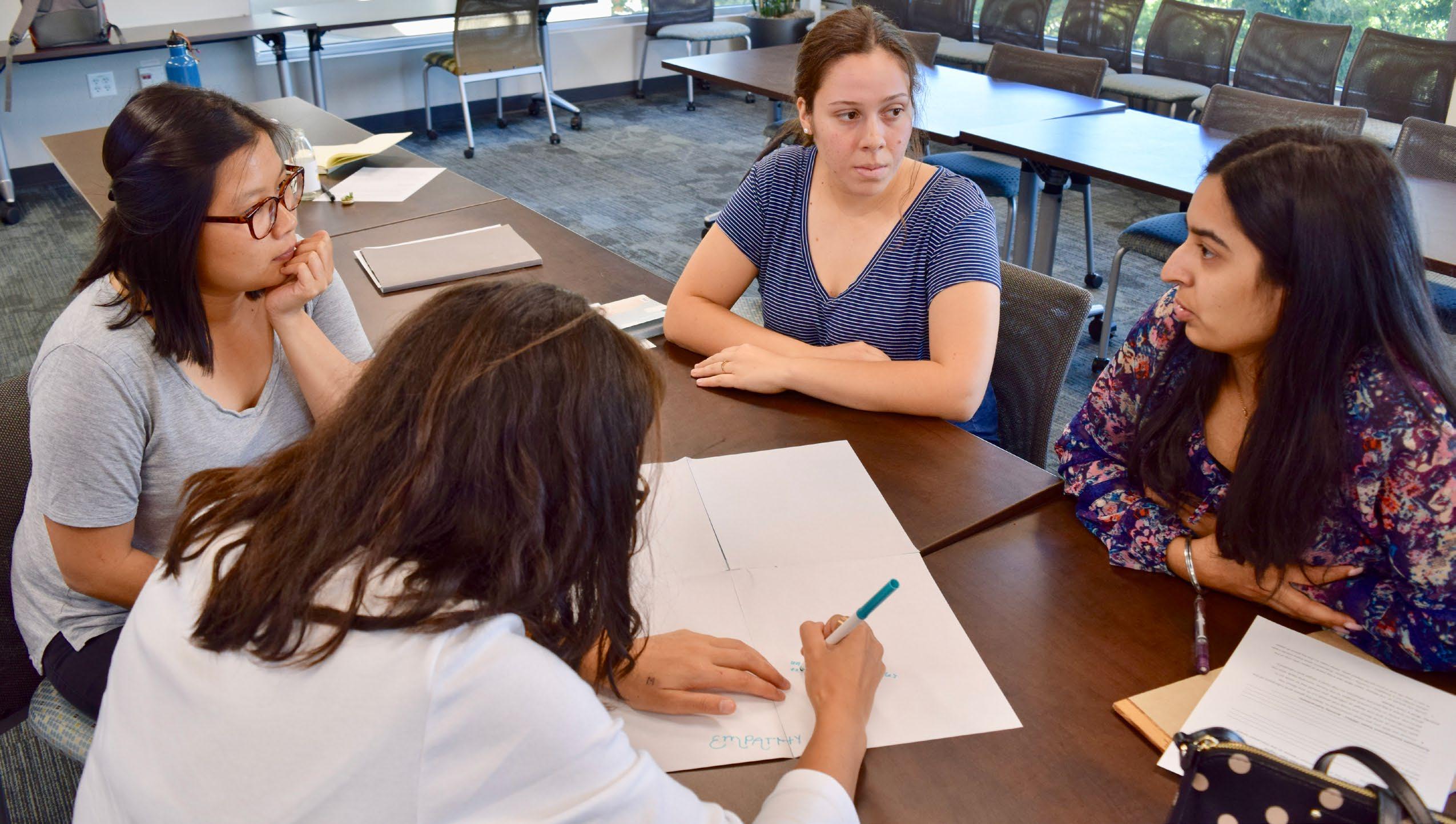
logging onto the Online Advising Student Information System (OASIS).
Your international academic advisor can assist you with: degree and general education requirements, course planning for your first year, academic policies, regulations and petitions. Visit academicadvising.ucdavis.edu
All graduate programs have a Graduate Program Coordinator who serves as the primary point of contact for their students. Your Coordinator can help you understand and navigate UC Davis resources and policies, and can work with your SISS International Student Advisor to address visa requirements.
In addition, each graduate student has a faculty Academic Advisor assigned to them by their program, to help them plan their academic progress and needed coursework. You can find the contact information for your program’s Coordinator at grad.ucdavis.edu/graduate-programs.
This friendly and professional resource aids all Aggies of all abilities by providing support to empower writers. It offers one-on-one consultations, writing groups, workshops, seminars and more.
Whether or not you believe you are a good writer, are confident, or have experience, find support for any writing project. Visit writingcenter.ucdavis.edu to learn more.
These free seminars are designed to help current and prospective international TAs learn about and practice their language and communication skills for the classroom. Seminars are offered each quarter and often include topics related to pronunciation, presentation skills, TA classroom communication and vocabulary. Any UC Davis grad students or postdocs may attend. Learn more at globalaffairs. ucdavis.edu/iae/graduate/lc-coaching
This one-on-one English support program helps multilingual graduate students develop their oral English skills for work as TAs through weekly sessions with an undergraduate student coach. Common areas of focus include pronunciation, American classroom culture and presentation skills. For more information, visit globalaffairs.ucdavis.edu/ iae/graduate/lc-coaching
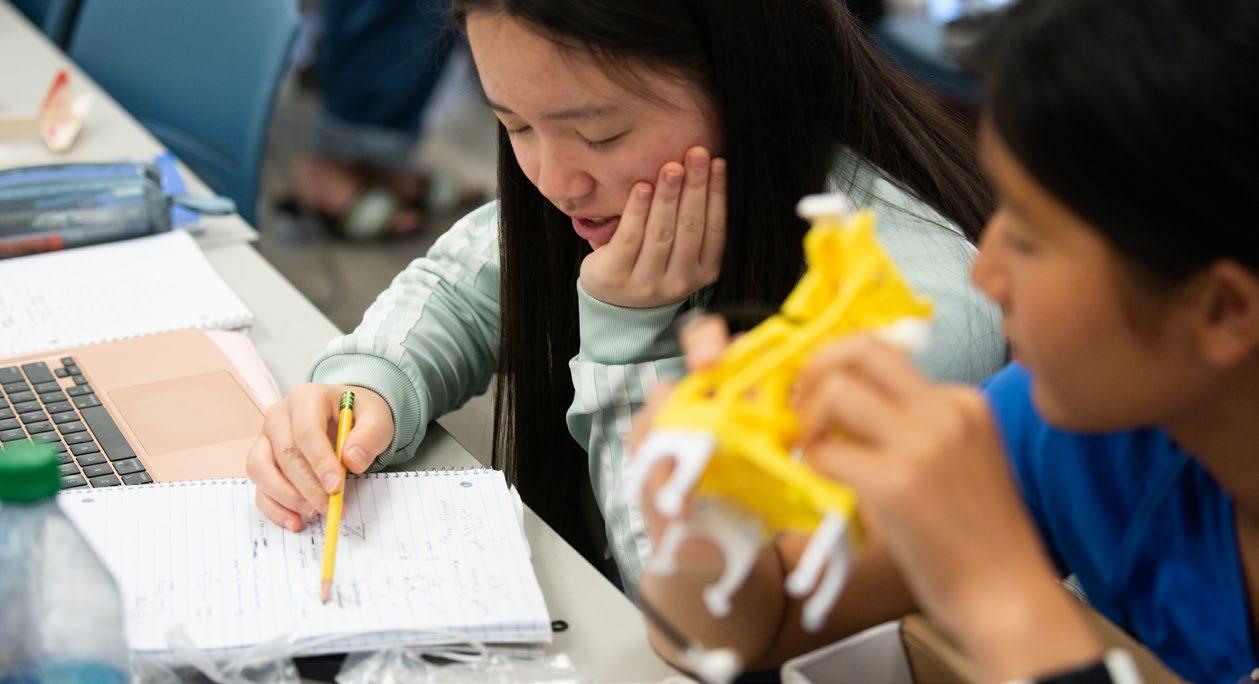
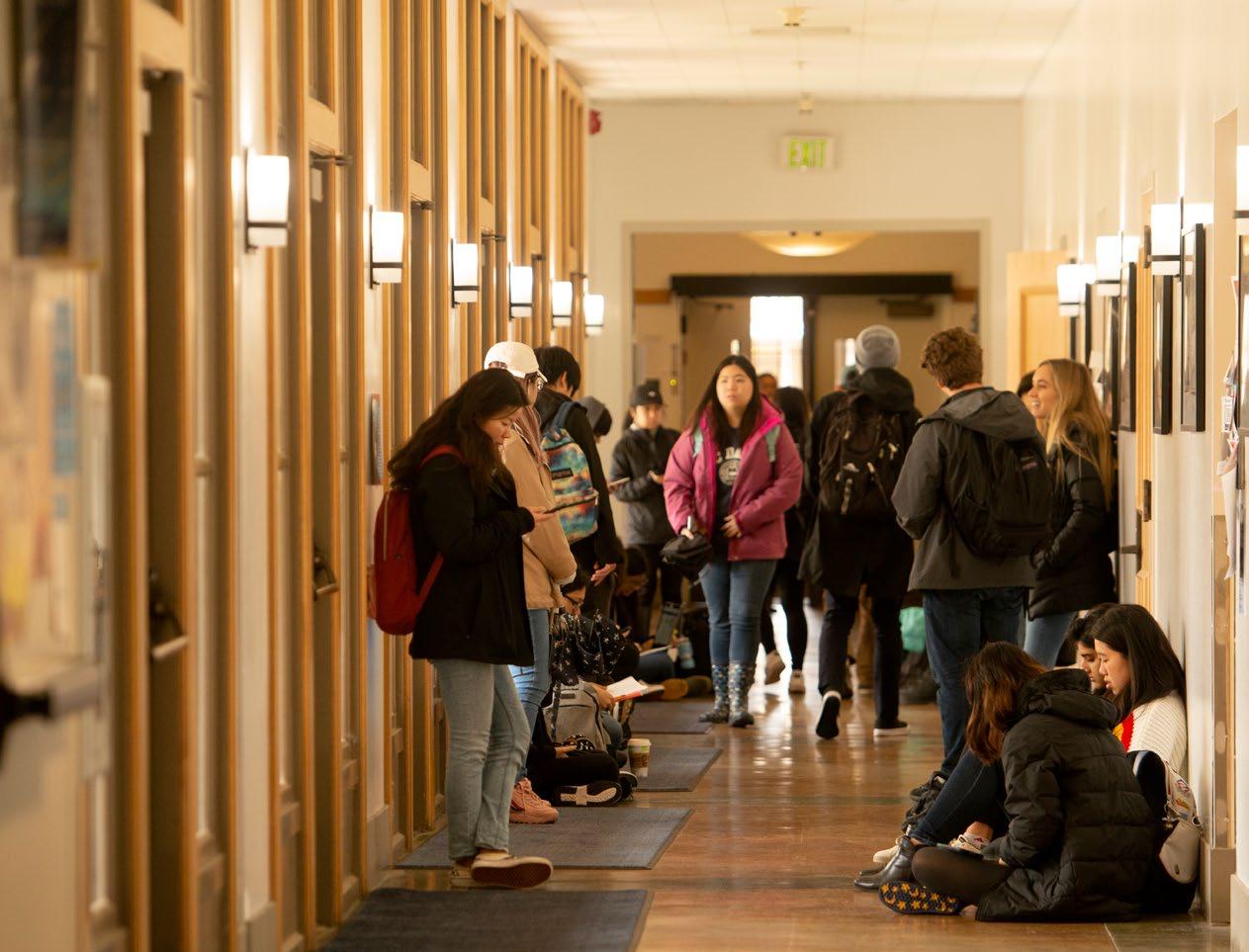
Whether you are a first-year student transitioning to our research university and the quarter system, or a fourth-year student wanting to maximize your last year and prepare for what’s next, the Office of Educational Opportunity and Enrichment Services has workshops and trainings that can help you reach your goals. Workshops cover time management, academic skills and life skills topics. Learn more at opportunity.ucdavis.edu/services/scls
Students can study, and meet with peer tutors and peer mentors at the Residential Academic Centers located in all three living areas: Segundo, Tercero and Cuarto. Academic peer mentors are available during drop-in hours to answer questions, share experiences and offer suggestions. Peer Tutors have drop-in hours Monday— Thursday. Tutoring is a group tutoring model. Stop by during hours listed at housing.ucdavis.edu for free assistance with common first-year courses like math and chemistry.
The UC Davis Language Center (DLC), located on the bottom floor of Olson Hall, is the central support site for language teaching, testing, learning and research. The Center maintains specialized, media-equipped classrooms and computer laboratories available for instructors and students. Learn more at ucdlc.ucdavis.edu
The Student Disability Center receives all requests for reasonable accommodations, approves disability- related services, and coordinates support for students with disabilities to ensure equal access to the university’s educational programs. Learn more at sdc.ucdavis.edu
Focus on adapting and exploring your new environment, rather than chasing more credits. As an international student, the first year of college is often challenging. Because you may face belonging issues, cultural shock, language problem, etc. Being academically ambitious is admirable, but building your mind first by familiarizing yourself with the environment and enriching your daily life may make your path to academic success easier in the next couple of years..”

—Yuchen Hou, Global Ambassador Mentor
The Academic and Staff Assistance Program offers confidential, cost-free counseling services including assessment, intervention, consultation, and referral services to all UC Davis and UC Davis Health faculty, staff and their immediate families. Find out more at hr.ucdavis.edu/departments/asap
UC Davis has a blog written by students, staff, faculty, and alumni that will help you learn about college majors and what kind of careers you can pursue with them! Visit ucdavis.edu/majors/blog.
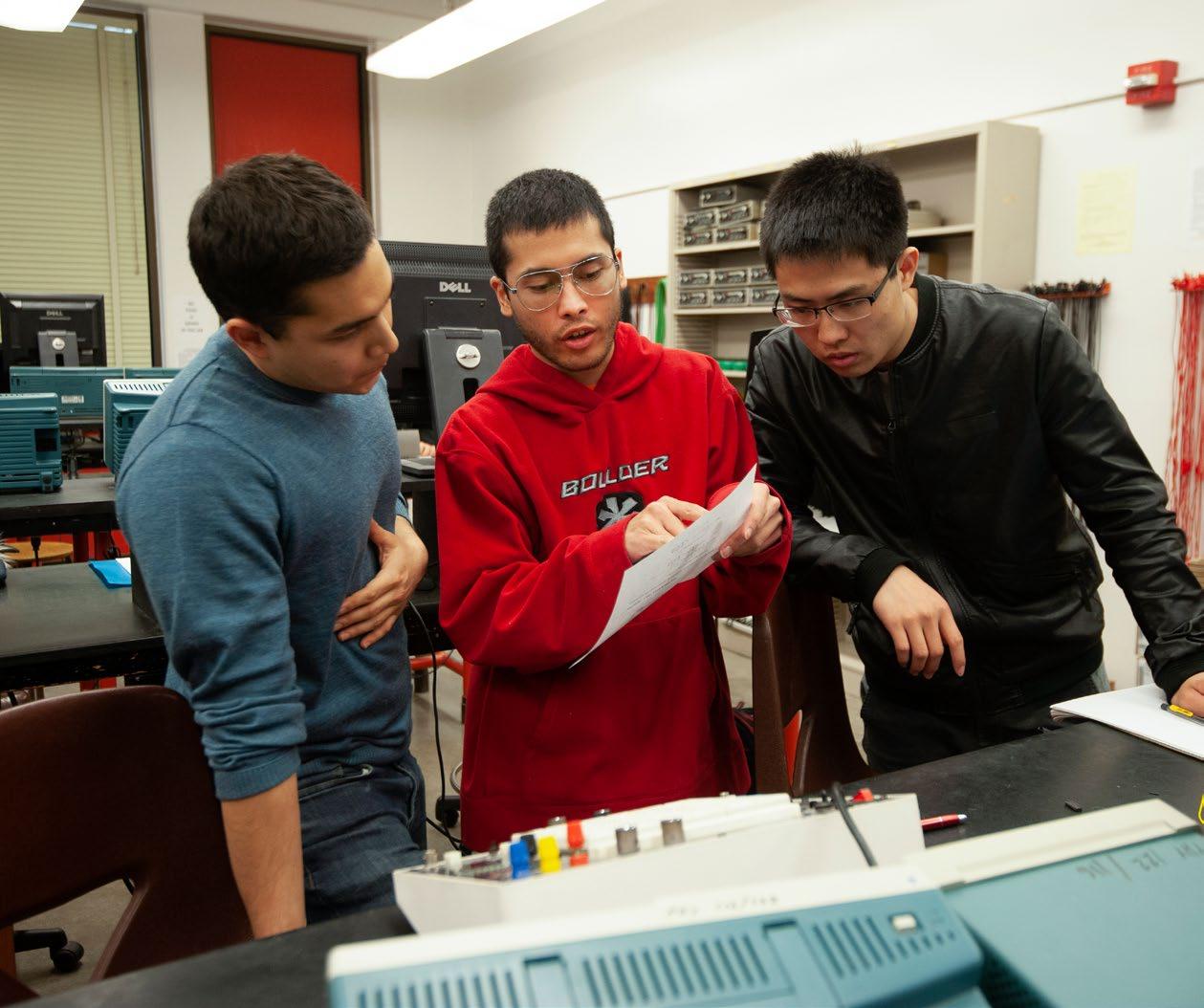
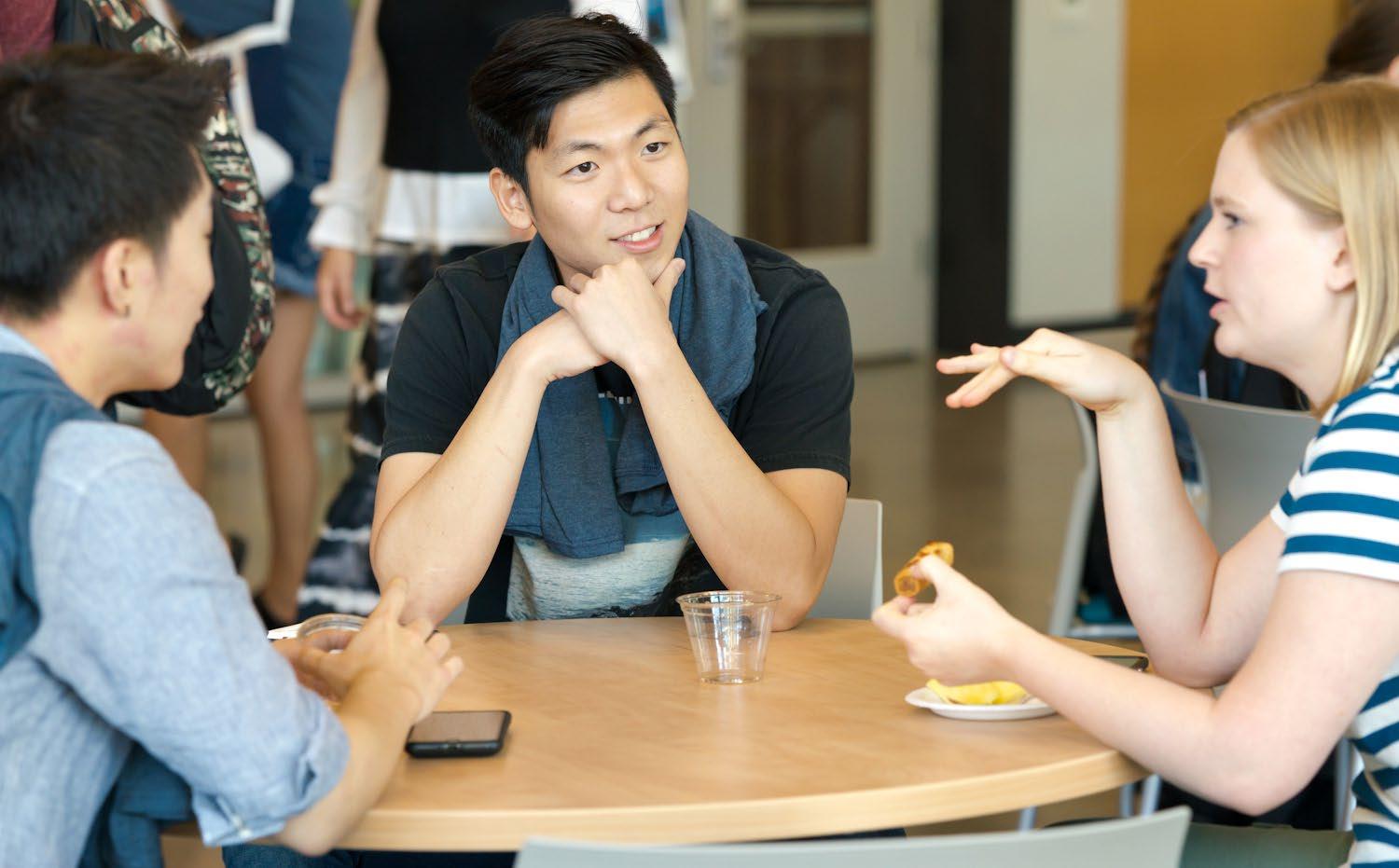
of 20 hours per week. Search for jobs and internships at asucd.ucdavis.edu/jobs-internships or ucdavis. joinhandshake.com/login
F-1 students may receive authorization for Curricular Practical Training (CPT) or Optional Practical Training (OPT). J-1 students can apply for Academic Training (AT). Always consult SISS before starting an internship or a job if you are an F-1 or a J-1 student to obtain authorization for CPT, OPT, or AT.
The Career Center provides experiential education and career services to students and recent alumni through collaboration with the campus community and employers. They provide workshops and programs that allow for professional development and help students with career decisions and exploration. Each quarter, the Career Center hosts internship and career fairs where many companies and organizations come to campus to recruit students. There are even specific programs to help international students prepare for the fair. Learn more at careercenter. ucdavis.edu
Hours: Monday through Friday, 10 a.m.–4 p.m.
Location: South Hall
2nd floor: Career Advising 3rd floor: Employer Engagement
Graduate Studies offers comprehensive professional and career development opportunities through the GradPathways Institute for Professional Development. Graduate students and postdoctoral scholars can access a number of professional development programs, such as workshops to advance core competencies, specialized micro-credential series and leadership programs such as Professors For The Future and Leaders For The Future. Learn more at gradpathways.ucdavis.edu.
“The GradPathways Institute (GPI) is here to support your journey from graduate school to your career. We encourage you to make full use of the professional development resources offered through the GPI. We and our campus partners provide assistance with writing, publishing, presentation skills, career management, leadership, and so much more. Visit gradpathways.ucdavis.edu for more information or contact us at gpi@ucdavis.edu.”
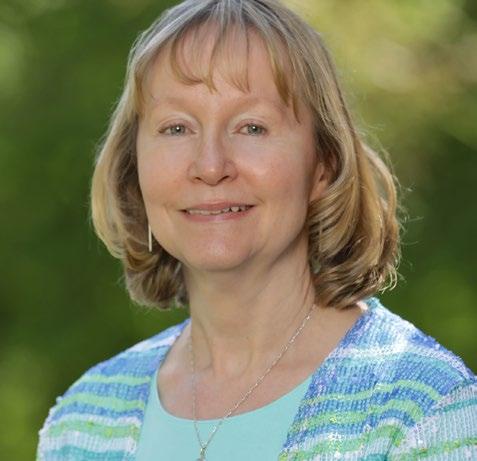
—Teresa Dillinger, Director GradPathways Institute for Professional Development, Graduate Studies


Aggie – Derived from the agricultural origins of the school, attendees, alumn and those associated with UC Davis are called Aggies.
ARC – An abbreviation for the UC Davis Activities and Recreation Center. Home to a wide range of equipment, exercise studies, specialty fitness areas, and more.
ASUCD - stands for the Associated Students, University of California Davis. ASUCD is a student organization that aims to improve the quality of campus life by providing services and resources to students.
Bus Line (Unitrans) – UC Davis has its own student-run bus system, Unitrans, which offers free transportation for students around campus and the city of Davis.
Coho - Nickname for the Coffee House. Located inside the Memorial Union, it’s a perfect place to grab a quick beverage and study.
Davis Farmers Market – A local farmers market held twice a week in Central Park, where students can get fresh produce, food, and goods.
Egghead – A series of seven eggheads located throughout campus. During finals week, it’s an Aggie tradition for students to rub the heads of the sculptures for good luck!
Gunrock - The official mascot of the UC Davis Aggies is a horse named Gunrock, originating from an American Thoroughbred stallion with the same name.
Involvement Fair - At the start of every quarter, come see 400+ student organizations and campus departments to get involved on campus.
Mondavi Center – A performing arts venue on campus that hosts concerts, performances, and lectures. Students get discounted pricing and one free ticket to any event each year.
MyUCDavis – The student portal where you access academic information, class schedules, financial aid, and grades.
OASIS – The Online Advising Student Information System, where students can track degree progress, meet with advisors, and more.
Picnic Day - Picnic Day is one of UC Davis’s most revered traditions and serves as the university’s annual Open House for prospective and current students, families, alumni, staff, faculty and the greater Davis and regional communities.
Quad – The large grass field in front of the Memorial Union is perfect for getting some sun in and spending time with friends.
Silo – Located on the south side of campus, this hub for snacks and food trucks has several restaurants and offers a variety of healthy foods, snacks and drinks.
Tercero, Segundo, and Cuarto – The names of the three main residence hall areas where freshmen typically live.
UC Davis Bookstore – The on-campus store for buying textbooks, school supplies, UC Davis apparel, and other essentials.
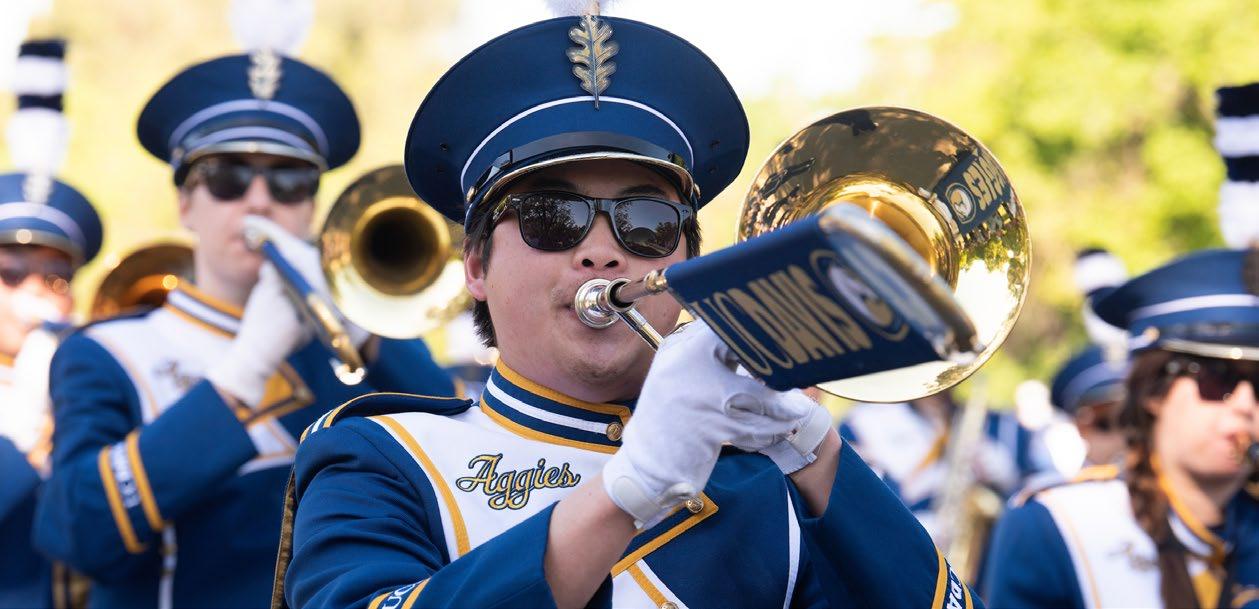

Contact your academic advisor with questions about building your schedule. UC Davis uses Schedule Builder, a class planning and registration tool that lets you search, build class schedules and register for classes. Use your Kerberos ID and password to login at registrar.ucdavis.edu/ registration/schedule
Equitable Access, a program developed by UC Davis Stores, offers undergraduate students access to all textbooks required for their classes for a flat fee of $169 per quarter. The graduate student rate is $199 per quarter. Students have the ability to opt out each quarter if they wish. Under Equitable Access all textbooks will be available by the first day of class. No more sold-out textbooks or waiting for books to arrive. Equitable Access delivers your required textbooks digitally or in print when a digital version is not available.
Visit the Course Material FAQs under the Shop section at ucdavisstores.com. Be sure to buy your course materials as early as possible.
Residence Hall Study Lounges, and International Center. The Teaching and Learning Complex (TLC) offers great study spaces with natural lighting and a modern interior to promote active learning in students. Shields Library provides students with 24-hour access to study space yearround, including expanded locations to accommodate peak study times (e.g. finals). Learn more at library.ucdavis.edu/studyspaces
The UC Davis Library supports research, teaching and learning in every discipline. At Peter J. Shields Library in Davis and Blaisdell Medical Library in Sacramento, students can find study space, consult with librarians and data
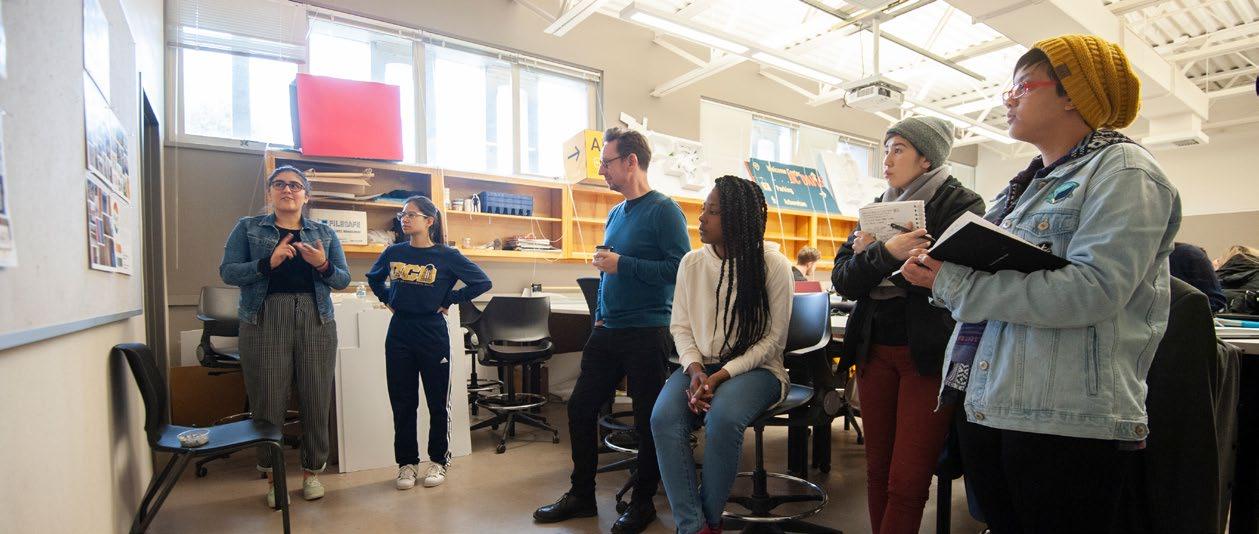
science experts, and access books, online resources and archives. Student library accounts are automatically active and renew quarterly with current registration. Faculty and staff may activate their accounts at the library or online. Users unaffiliated with UC Davis may apply for library privileges at the library, at library.ucdavis.edu/libraryaccounts
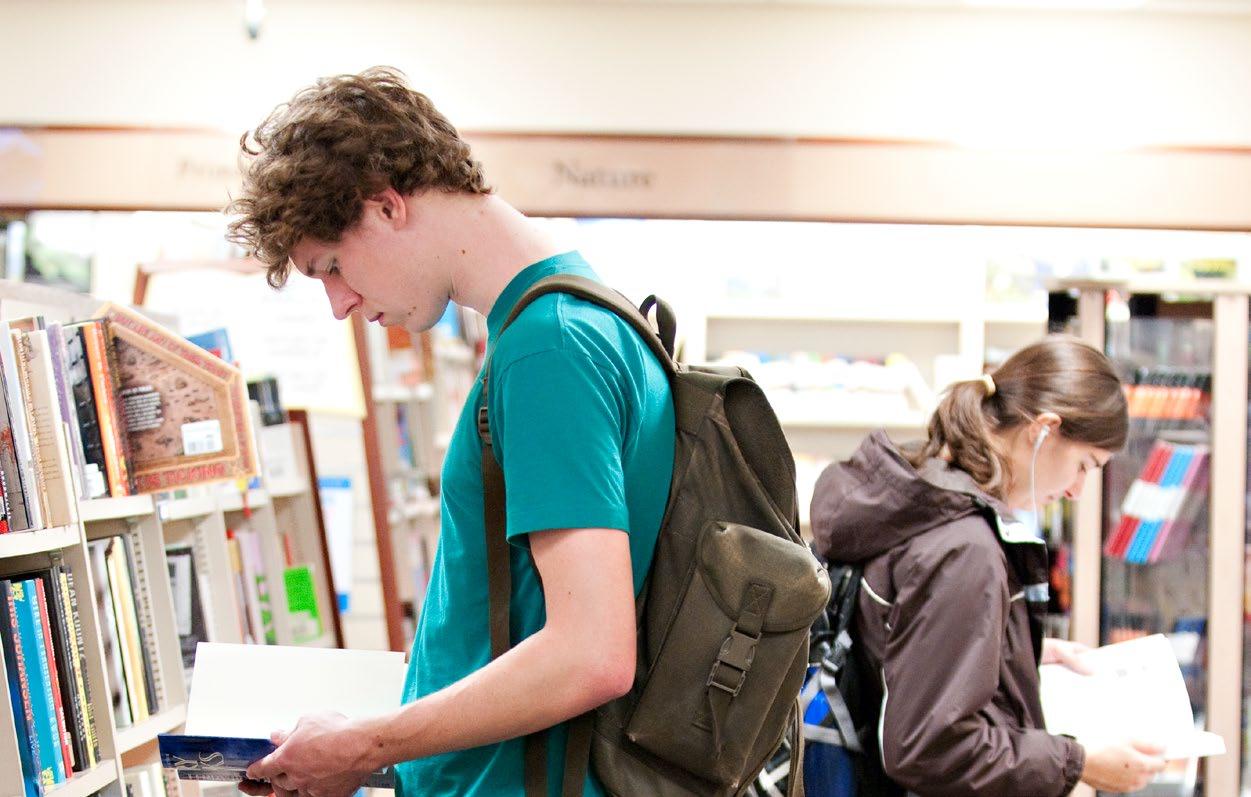
Yes, there are computer rooms available on campus where you can access specialized software for video and audio editing, design, programming, etc. These computer rooms also offer low-cost printing. Find them and check prices at computerrooms.ucdavis.edu.
Information Education Technology (IET) offers technical support services to faculty, students, and staff, and provides support for various software and campus applications, the latest Windows and Macintosh Operating Systems, email clients, and web browsers. Find them at iet.ucdavis.edu
Once you are enrolled and have a Kerberos ID, you can connect to the campus Wi-Fi network, Eduroam, a worldwide service. Eduroam automatically and securely connects to Wi-Fi on UC campuses, and at other sites, including airports and public sites around the globe. Simply enter your Kerberos ID (followed by @ucdavis.edu) and password. For more information, visit eduroam.org/where
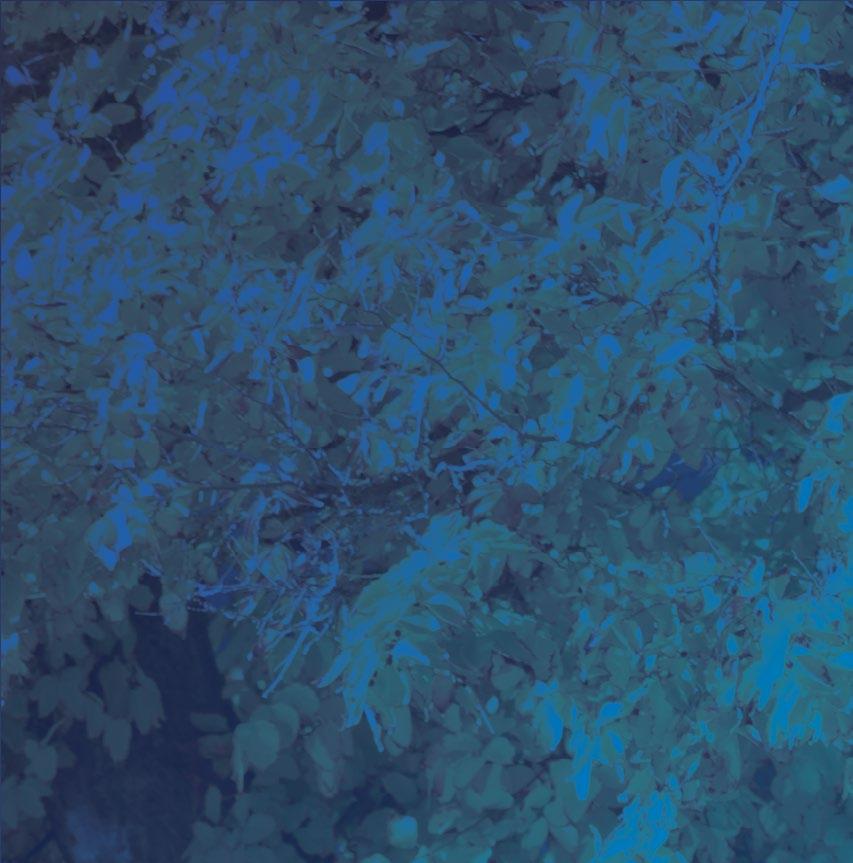
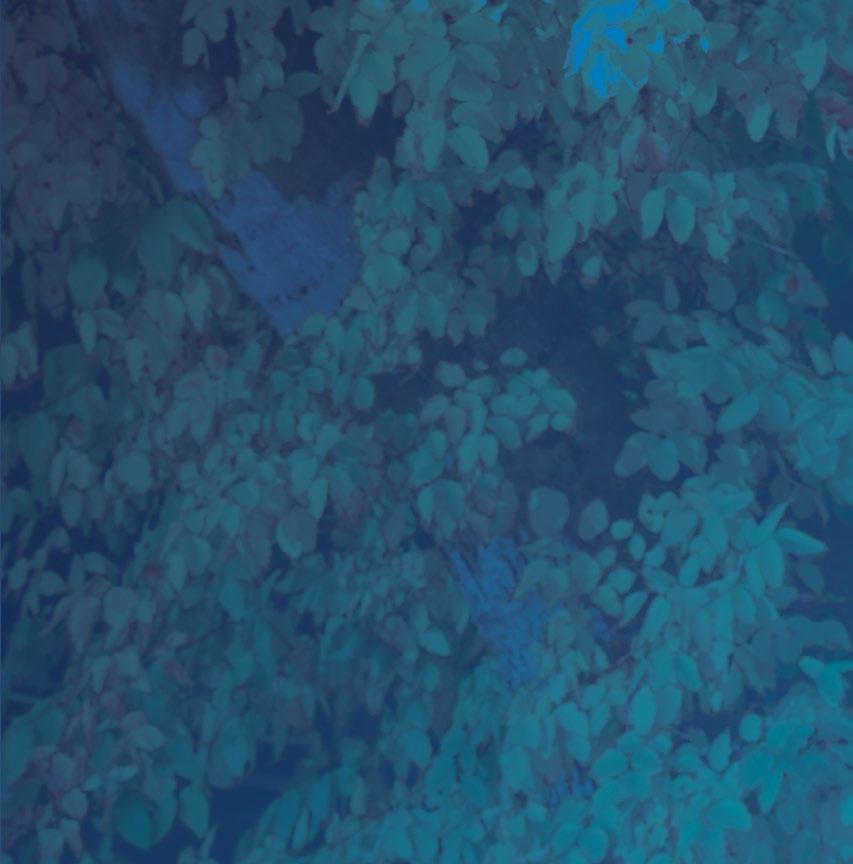
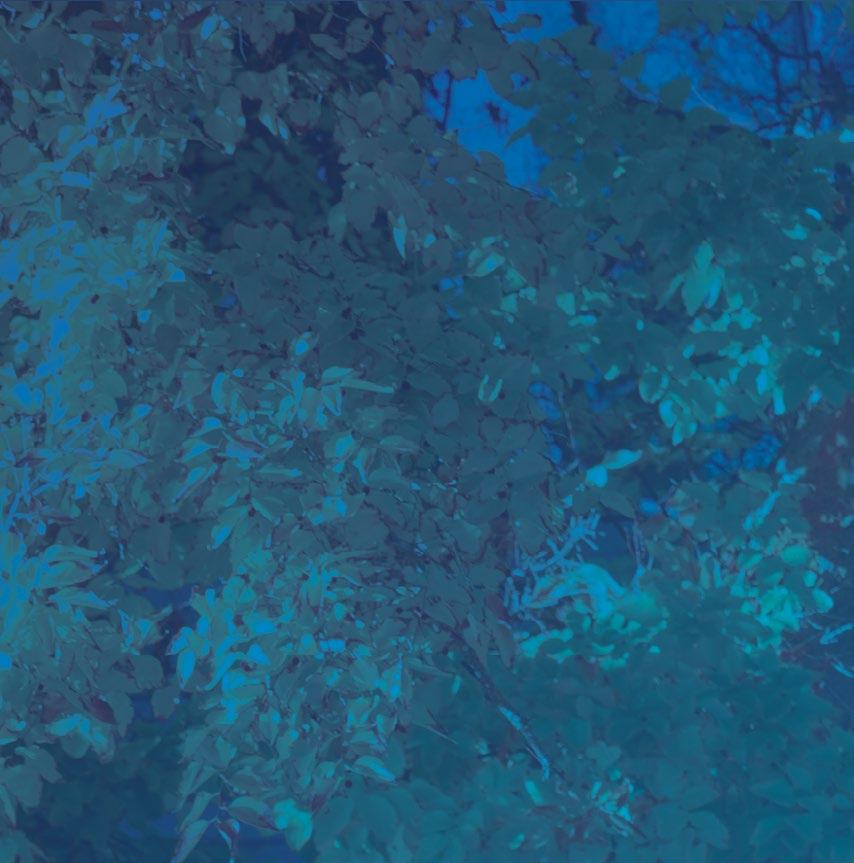
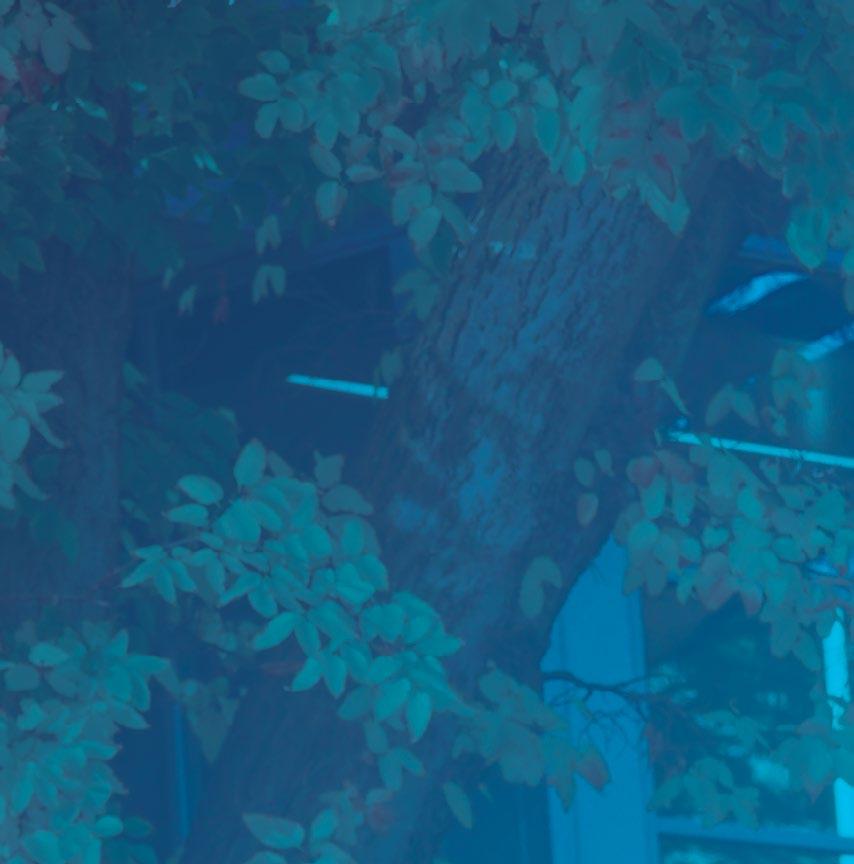
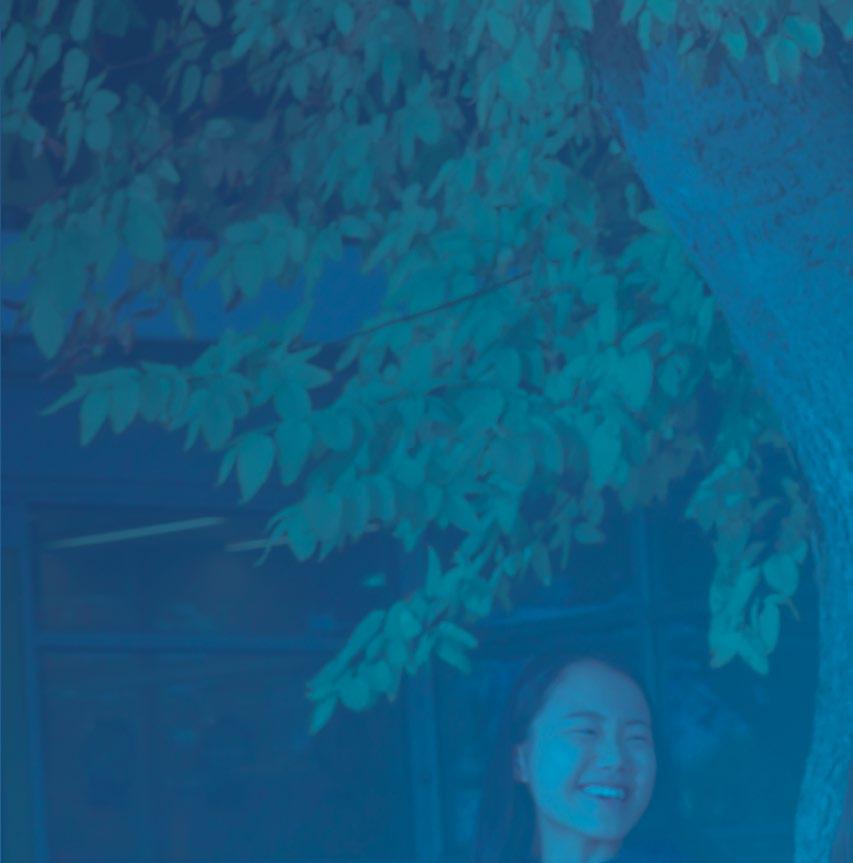
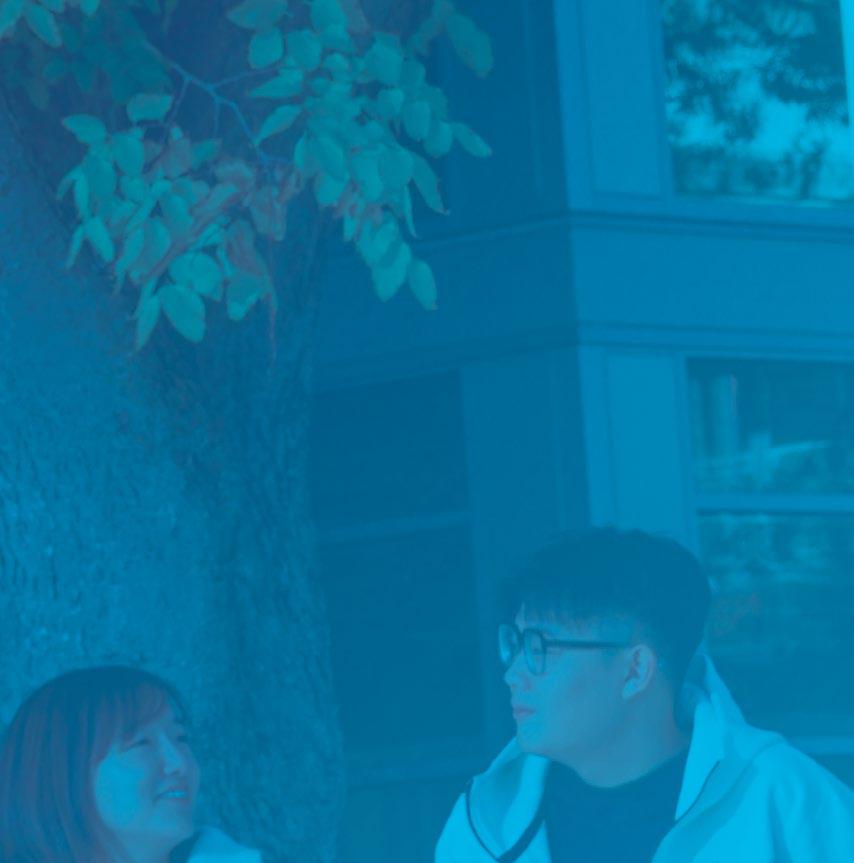
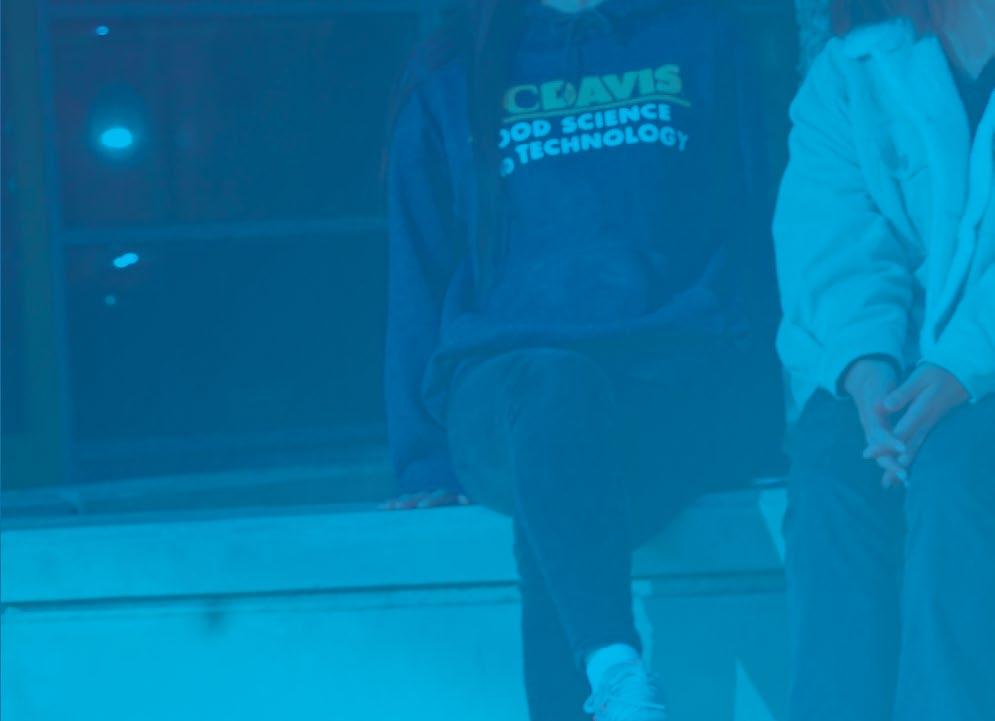
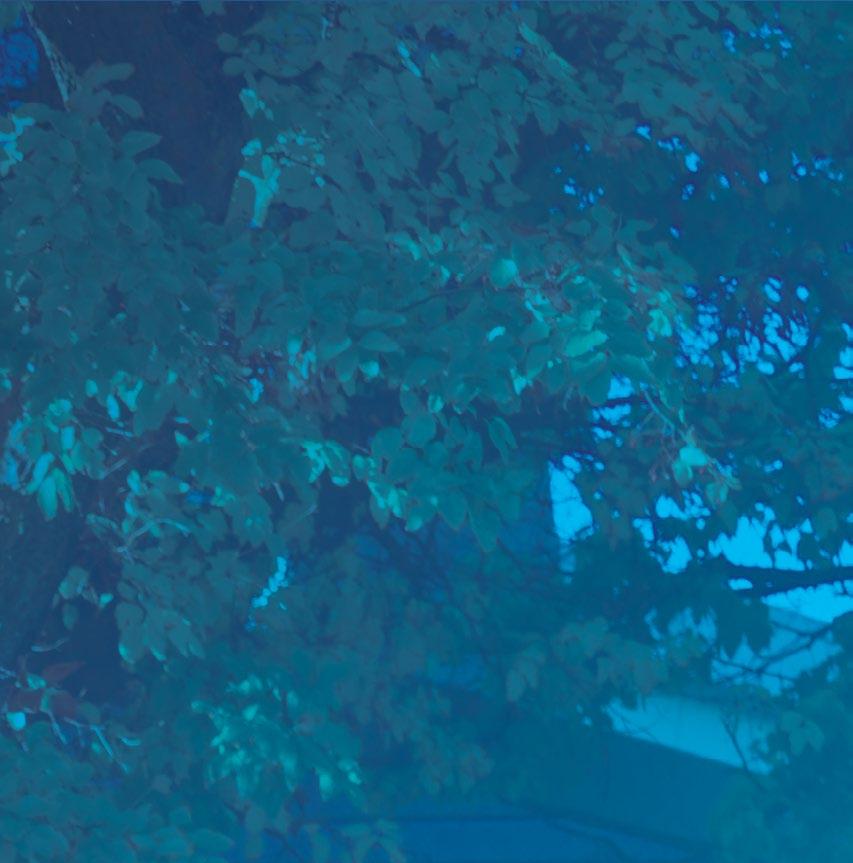
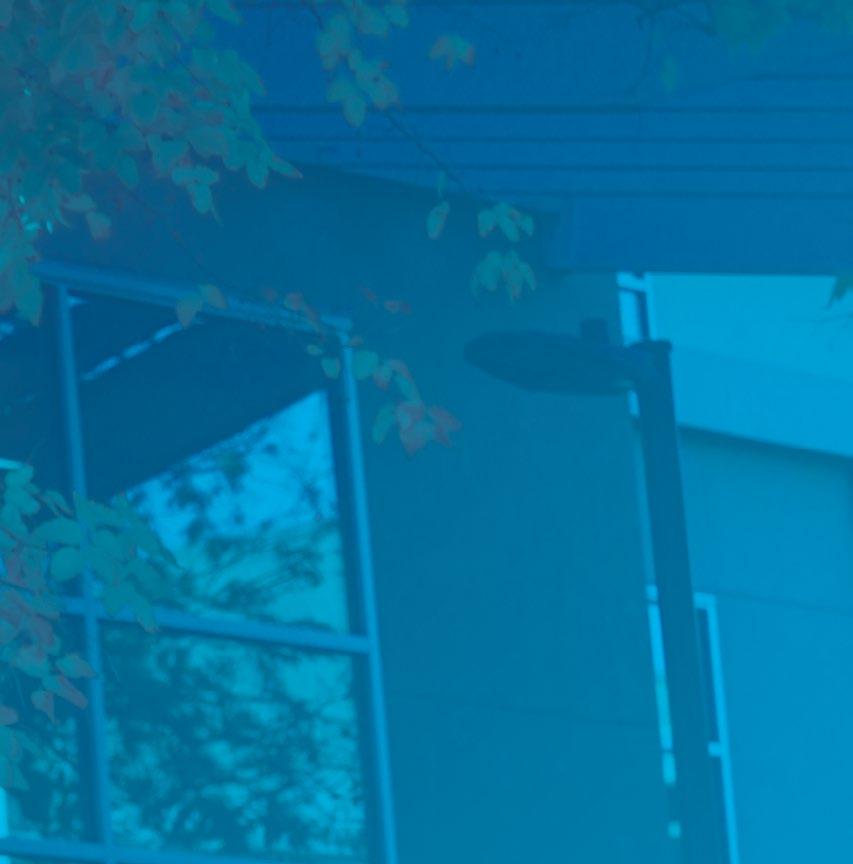
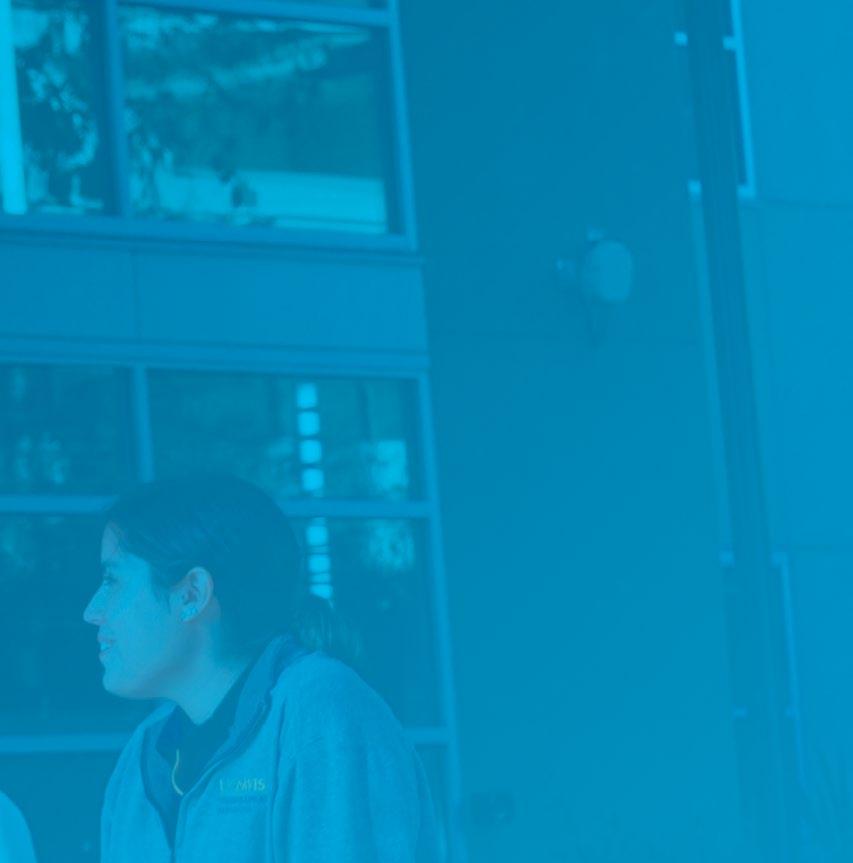
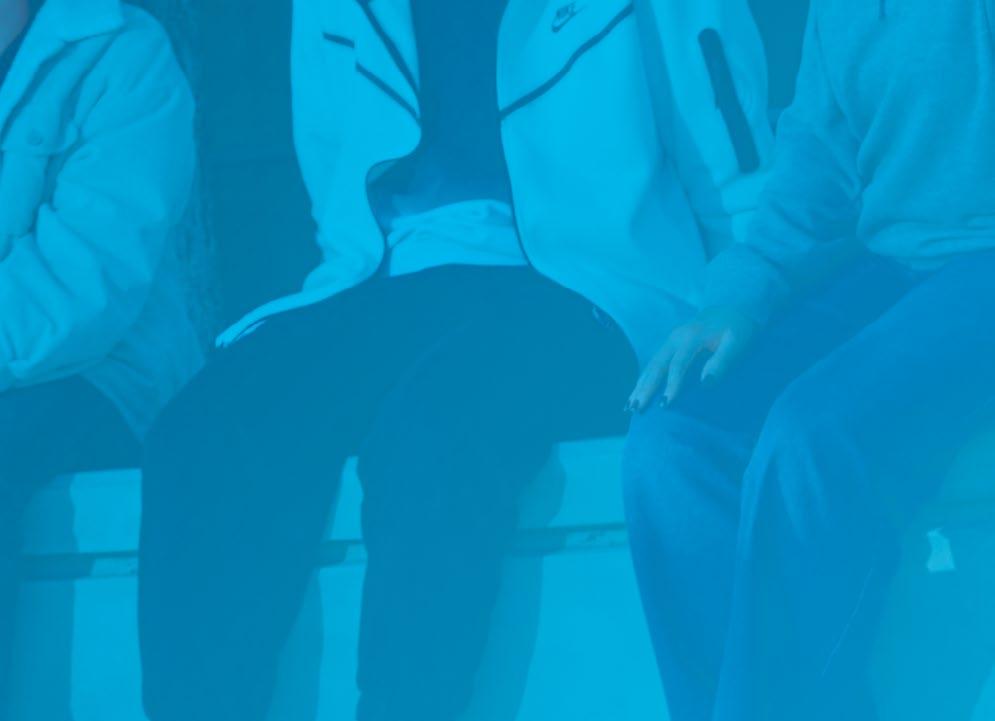
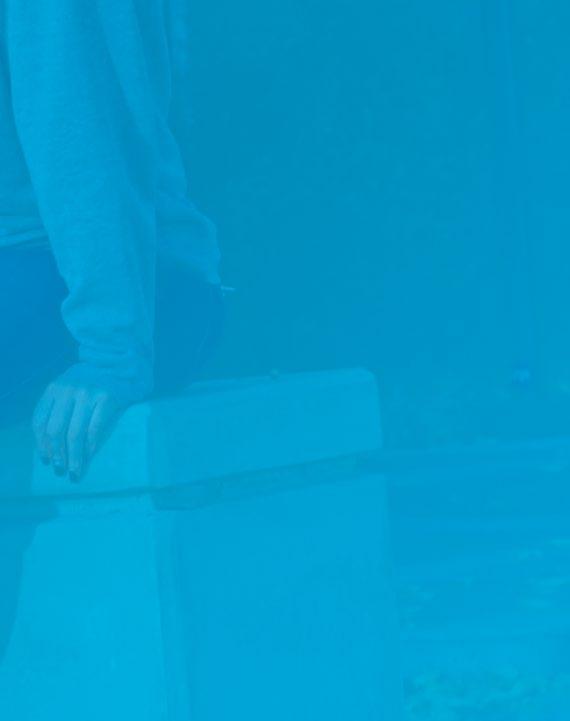
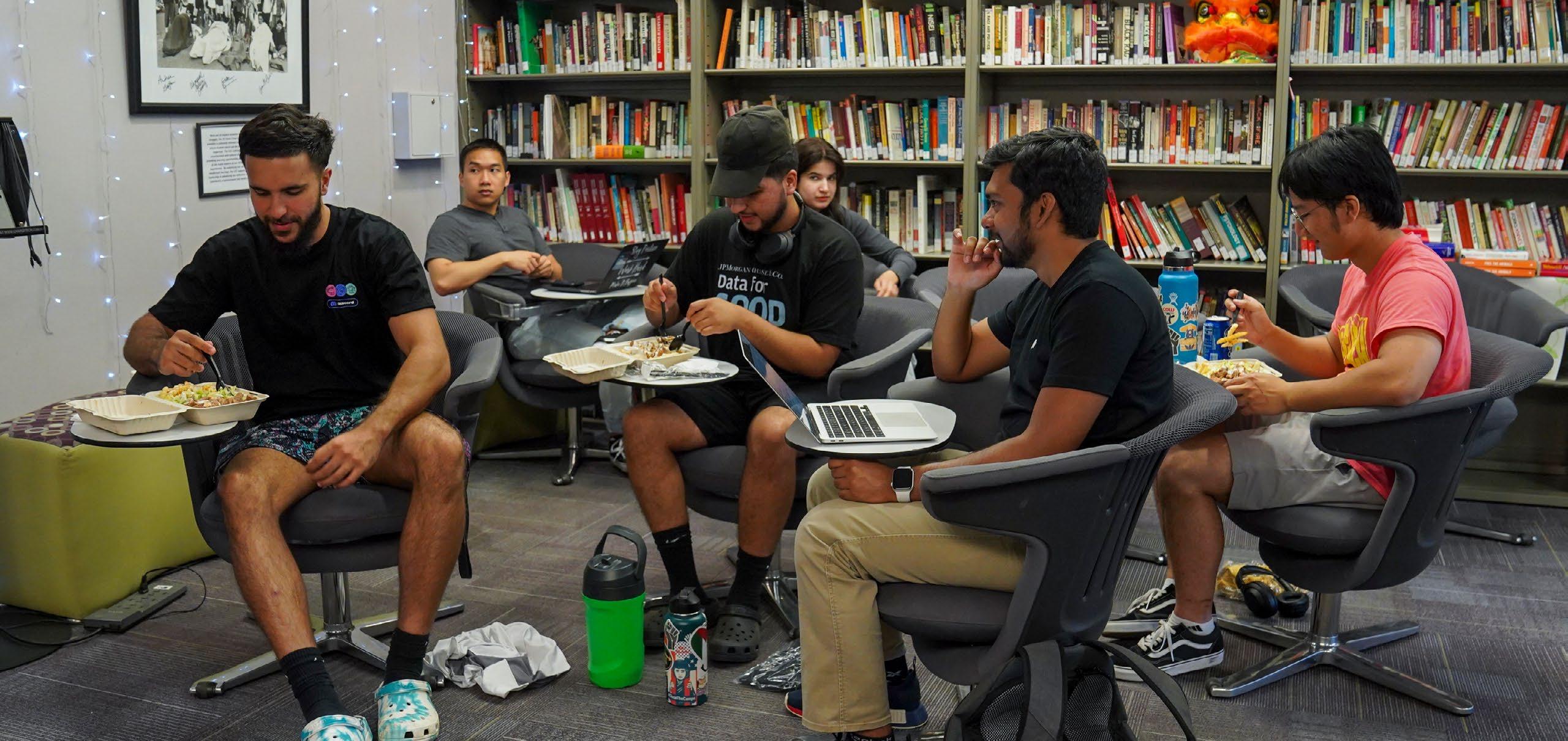
The Undocumented Student Resource Center empowers undocumented students, their families, and members of the community to be informed leaders and active participants in our communities. Learn more at undocumented.ucdavis.edu
The CCC provides a culturally relevant community space where student voices can be expressed and respected. They identify resources available on and off campus for students of color.
These spaces are where students are able to find community, explore identities, and celebrate cultures. Learn more at ccc.ucdavis.edu
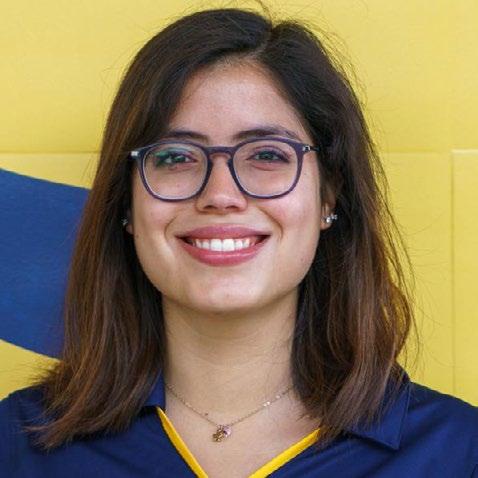
“I hope that during your time as a UC Davis student and as part of the Aggie family, you open yourself to new opportunities to engage in activities that will help you achieve your academic and career pursuits... Manage your time between academics, extracurriculars,and social life; first and foremost, prioritize your physical and mental well-being above all.”
—Valeria Becerra Angulo, Peer Advisor & Operations Assistant
The LGBTQIA Resource Center provides an open, safe, inclusive space and community that promotes education and self-exploration about all sexes, genders, sexualities and their intersections with other identities. Learn more at lgbtqia.ucdavis.edu
The SRRC’s student-run and student-initiated programs foster academic and personal development while raising political and cultural awareness for youth and college students. They educate, engage and empower students to act as leaders for their communities. Learn more at srrc.ucdavis.edu
The WRRC is a place for students and the Davis community to learn about resources, and to attend educational programs that focus on gender equity and social justice.
It is a great place to meet friends and get involved with on-campus events and student organizations working to address sexism, cissexism and all forms of oppression. Learn more at wrrc.ucdavis.edu.
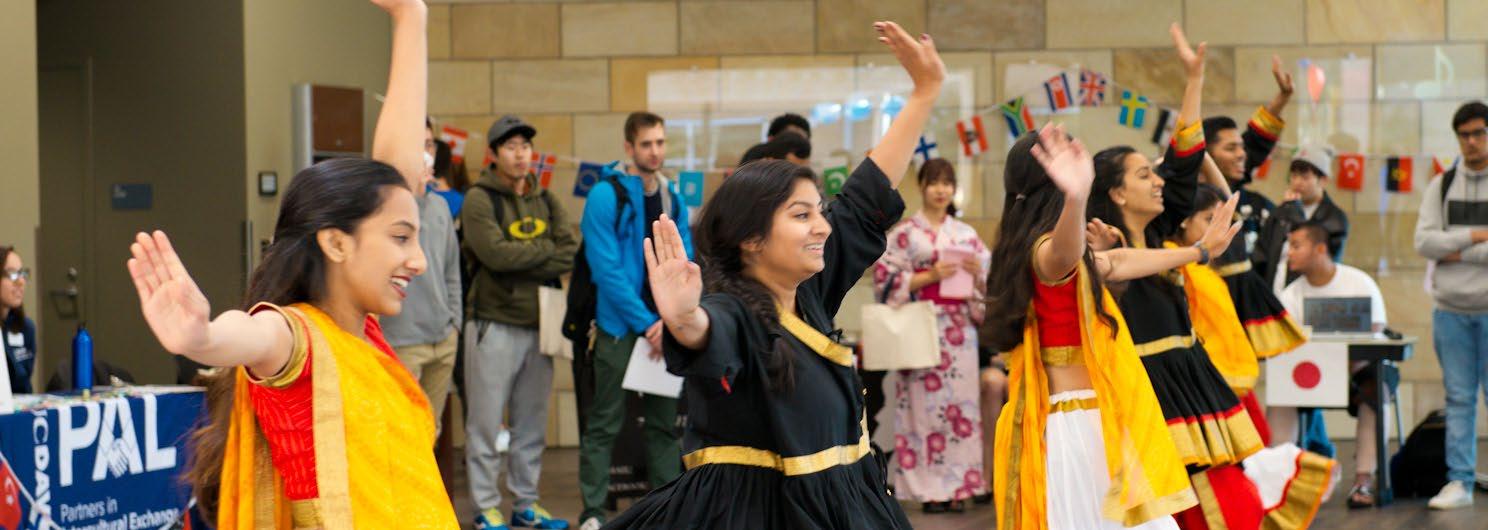
Associated Students of the University of California, Davis (ASUCD) is a giant body of Aggies serving Aggies. ASUCD hosts annual events for undergraduate students and manages oncampus units that provide services, including the radio station (KDVS), Unitrans, The Bike Barn, a studentrun video production studio (Aggie Studios) and more.
By joining ASUCD, students receive leadership opportunities through a variety of volunteer and paid positions available exclusively for students, such as roles in student government, writing for the school newspaper, driving Unitrans, and helping create campus logos through the creative media department. Join the family of ASUCD by visiting vacancy.ucdavis.edu
The Aggie Pack is a student run organization that attends UC Davis Athletics events to cheer on sports teams. Membership is free to join and is a great chance to make new friends while enjoying campus events at Aggie Stadium and other sport facilities.
The Center for Student Involvement (CSI) has over 750 student organizations registered and supported at UC Davis. To find a list of all Registered Student Organizations (RSOs), see aggielife.ucdavis.edu/club_signup. At least once a year, CSI hosts the Involvement Fair on the quad where students can connect and learn about registered student organizations.
Sorority/Fraternity Life (SLF) represents a wide variety of Greek-Lettered organizations. These organizations represent service, leadership, professionalism, and social and civic engagement that they cultivate within each other. SLF has six governing councils that encompass 50 organizations with over 1,600 Aggies as active members. Recruitment varies for each organization, but typically occurs at the beginning of the fall, winter, and spring quarters. To learn more, follow the SFL Life Instagram account @ucdavissfl.
SCHOLAR COFFEE BREAKS
SISS hosts monthly virtual gatherings for all international scholars: researchers, faculty and professional staff.
Whether a scholar is new to campus or has been here for several months or years, these morning events are an opportunity to connect with others throughout the UC Davis community.
All international scholars are invited to pour themselves a cup of coffee, tea, water or their favorite morning drink and join this welcoming space.
UC POSTDOC ASSOCIATION
UC Davis is home to more than 1,000 postdoctoral scholars. The Postdoctoral Scholars Association (PSA) provides resources, information and representation for postdoctoral scholars on the UC Davis campus.
Learn more about their activites and sign up for their email lists at postdocs.ucdavis.edu/
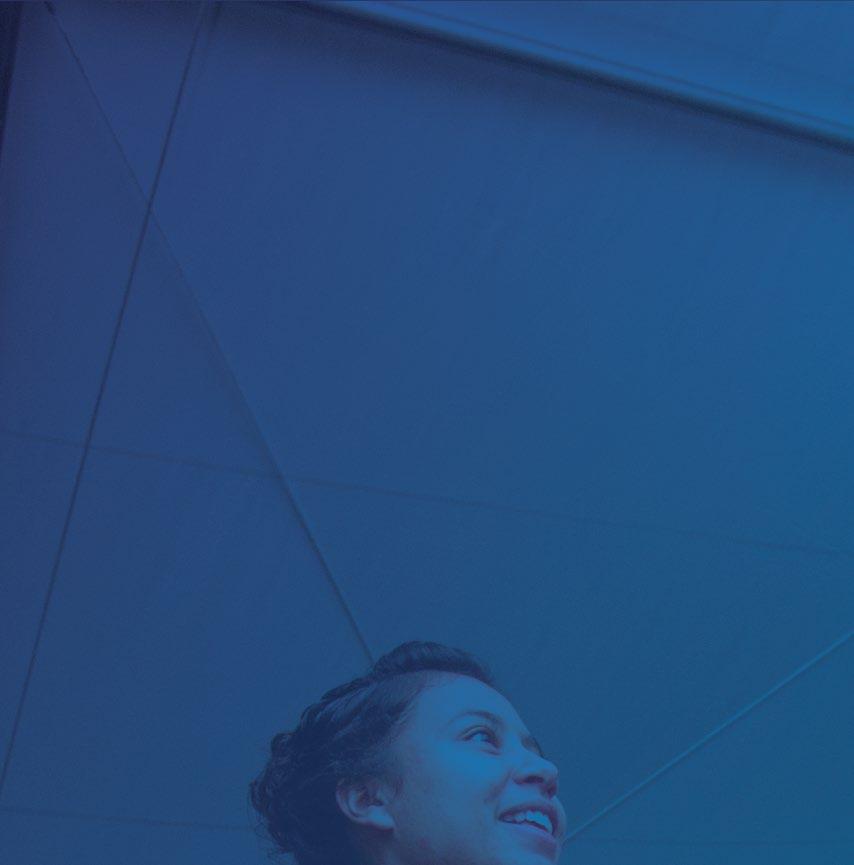
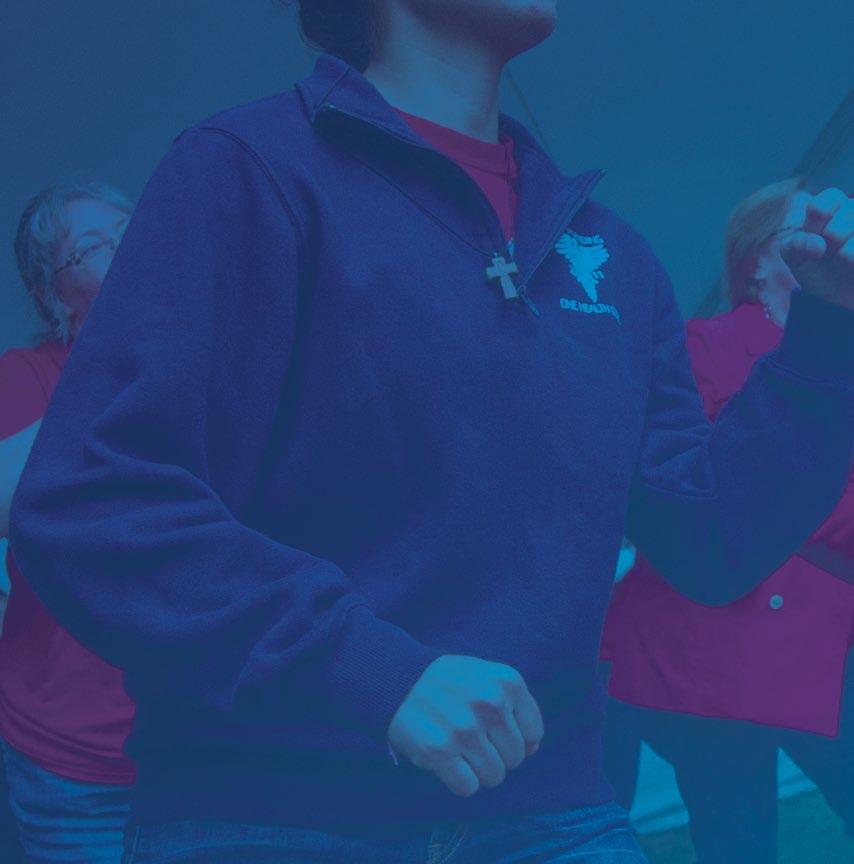
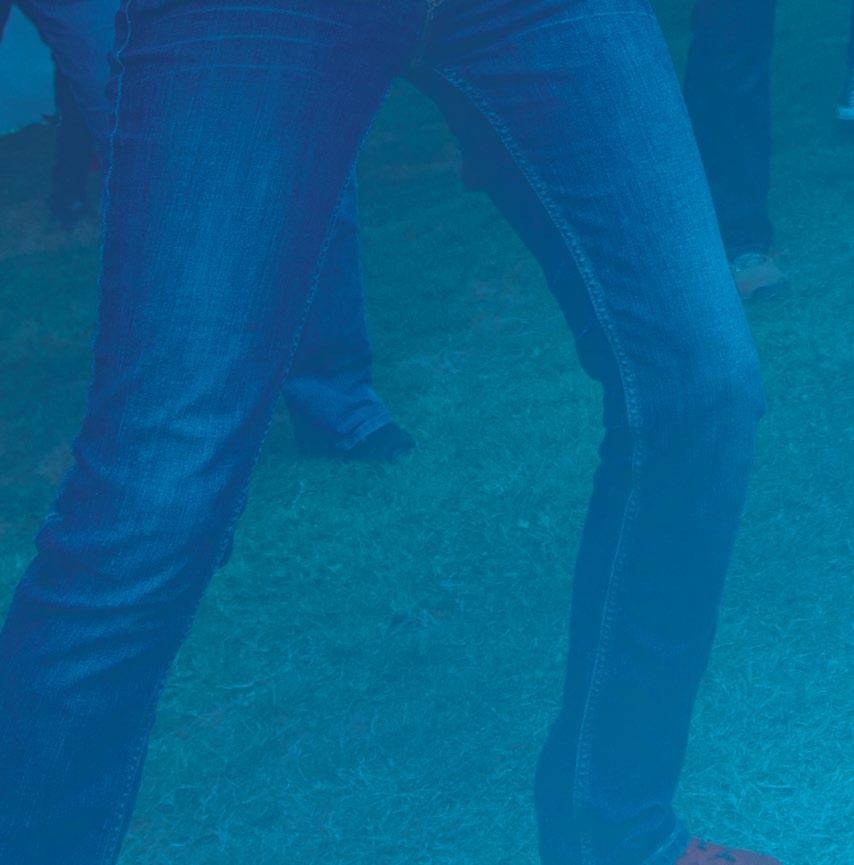
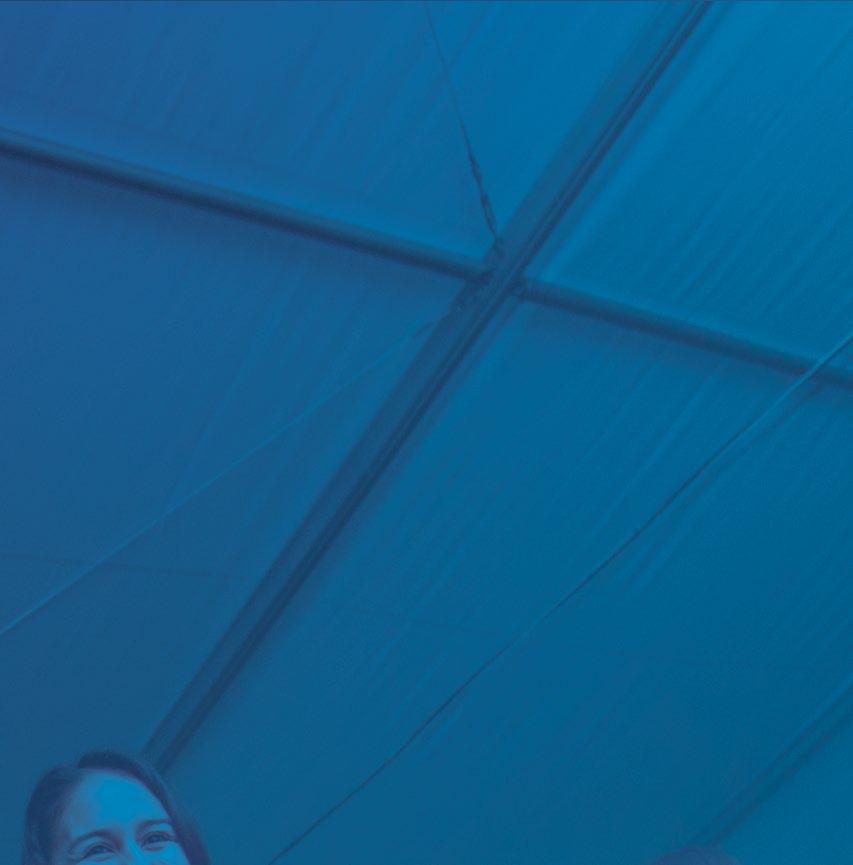
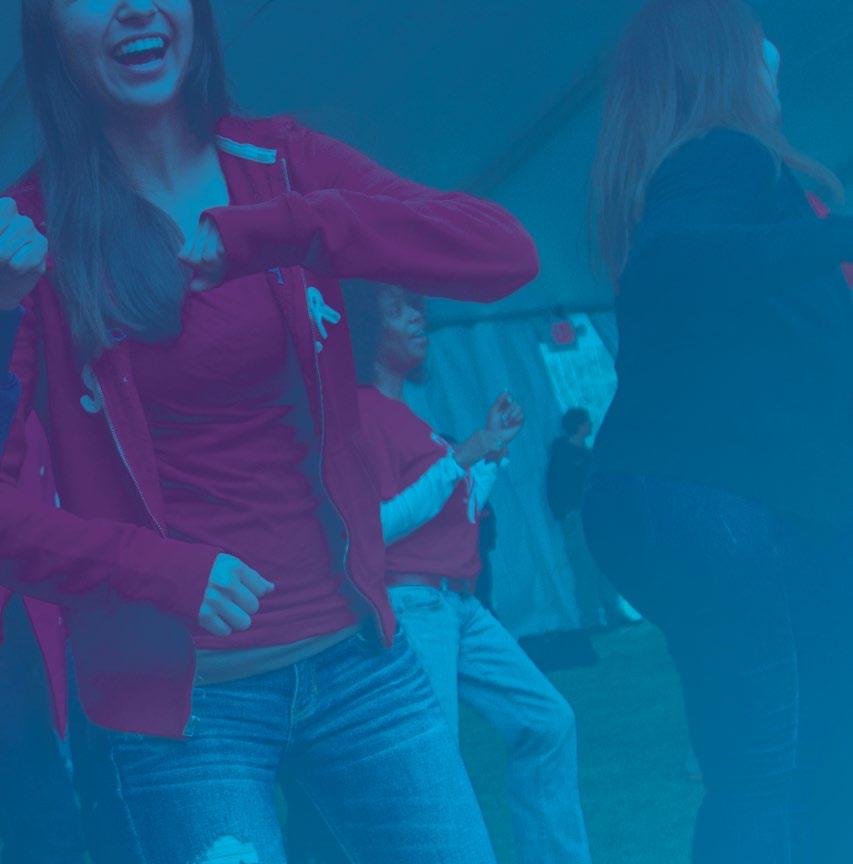
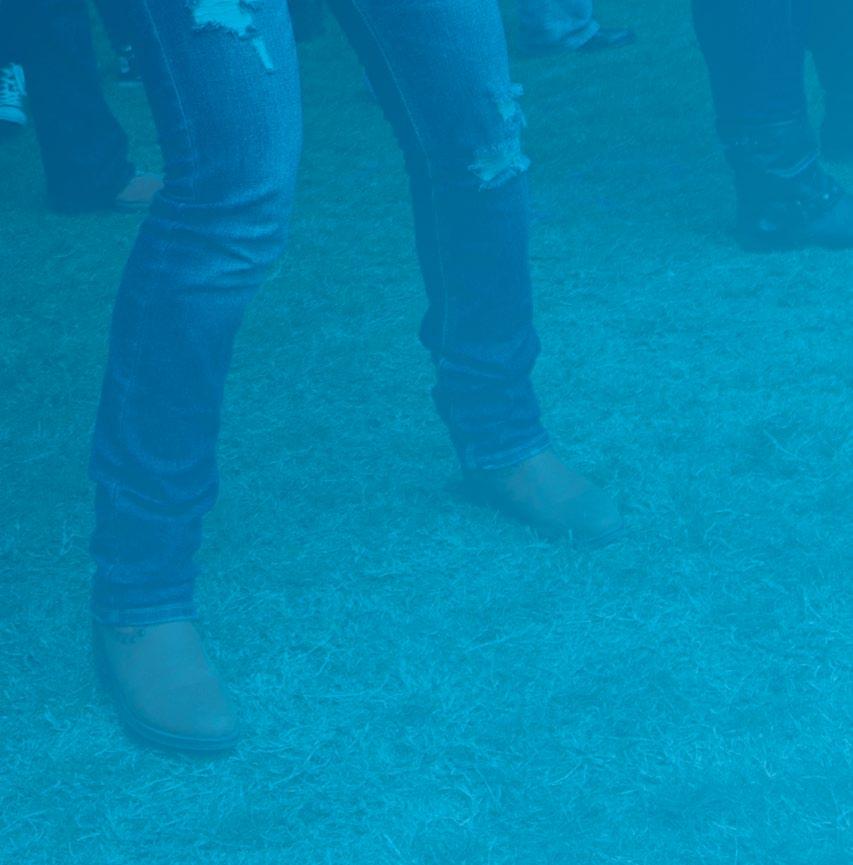


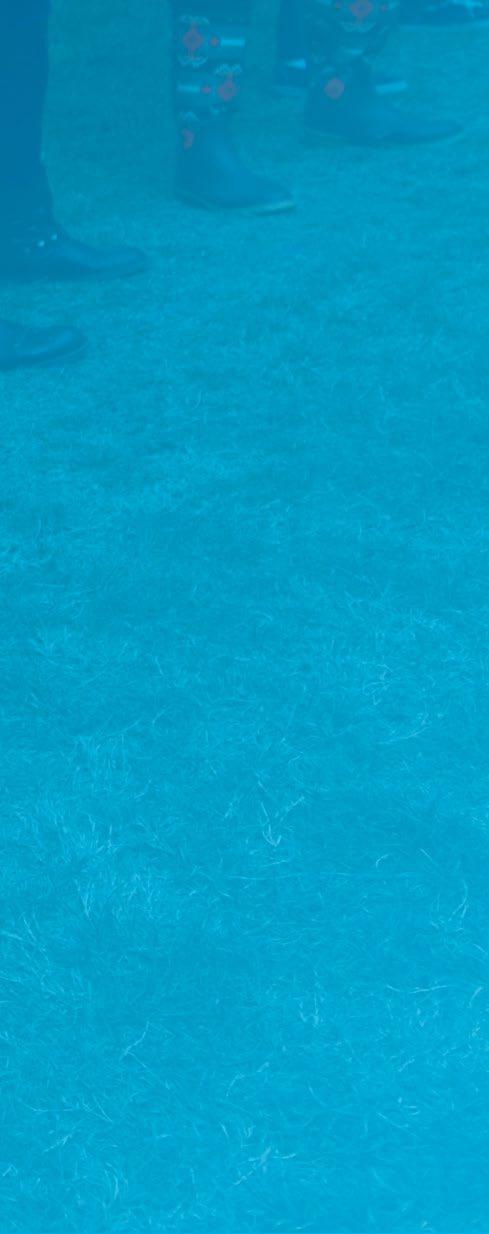
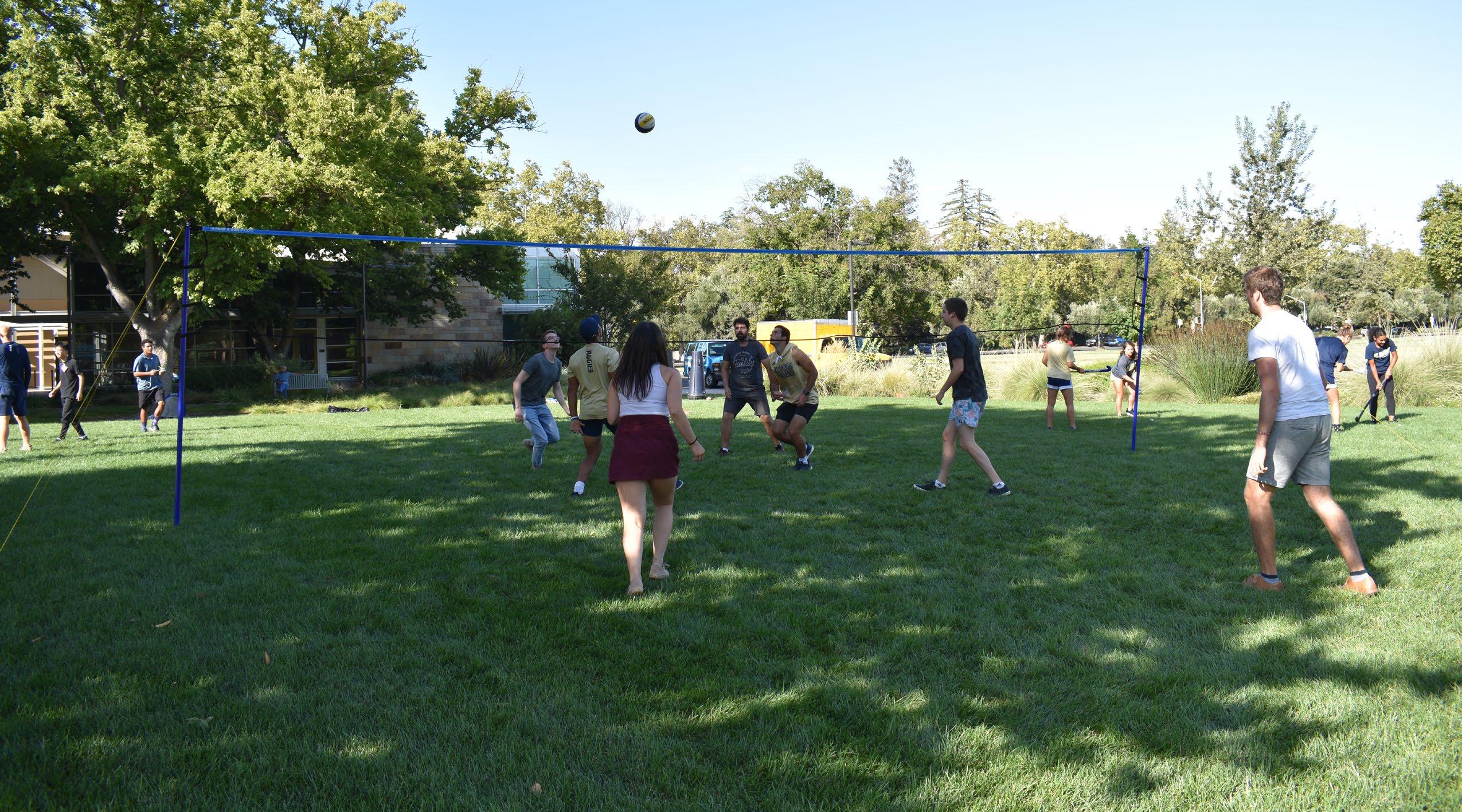
With over 100 acres of beautiful gardens, the Arboretum is ideal for active recreation or peaceful contemplation. It’s also a perfect place for a quick run, a quiet study session, or just a walk to think or have a chat. Learn more at arboretum.ucdavis.edu
The Mondavi Center presents musical concerts, dance performances, plays, and lectures, many featuring worldrenowned artists. All UC Davis students receive one free ticket to the Mondavi Center event of their choice, as well as half-off all ticket prices and $10 student rush tickets on performance days. Learn more at mondaviarts.org.
The Manetti Shrem Museum cultivates transformational art experiences to inspire new thinking and the open exchange of ideas. Serving both the public and our university community with a dynamic artistic program, the museum presents exhibitions and events that advance students’ understanding of their place in the world, connects to faculty teaching and research, and creates a lively forum for community engagement and creative practice. Learn more at manettishremmuseum.ucdavis.edu
The Bohart Museum is dedicated to teaching, research, and service. It also hosts the seventh largest insect collection in North America, worldwide in coverage. The collection holdings total more than seven million specimens of terrestrial and freshwater arthropods. Learn more at bohart.ucdavis.edu. You’re more than welcome to visit!
Dedicated to the creative expressions of Native American and indigenous artists, and artists of diverse cultures and histories. Learn more at gormanmuseum.ucdavis.edu
Enjoy PC and console games, bowling and billiards in the basement of the Memorial Union. The Games Area is open Sundays through Thursdays from 10 a.m. until 11 p.m. and on Fridays and Saturdays from 10 a.m. until 1 a.m. Learn more at memorialunion.ucdavis.edu/games-area
Activities and Recreation Center (ARC)
The ARC is a gymnasium on campus available to UC Davis students at no additional cost. They offer cardio and weight machines, an indoor track, and multipurpose rooms that can be used to practice dance, martial arts and other physical activities like basketball and badminton. Learn more at campusrecreation.ucdavis.edu/arc
The Craft Center is an on-campus studio where they offer year- round arts and crafts, ceramics, flame-working and jewelry classes. Learn more at campusrecreation.ucdavis. edu/recreation/craft-center
There’s so much to explore through campus recreation. Make friends, learn something new or reconnect with a game you love. Whether you’ve played a sport before or just want to try it, learn more at campusrecreation.ucdavis.edu
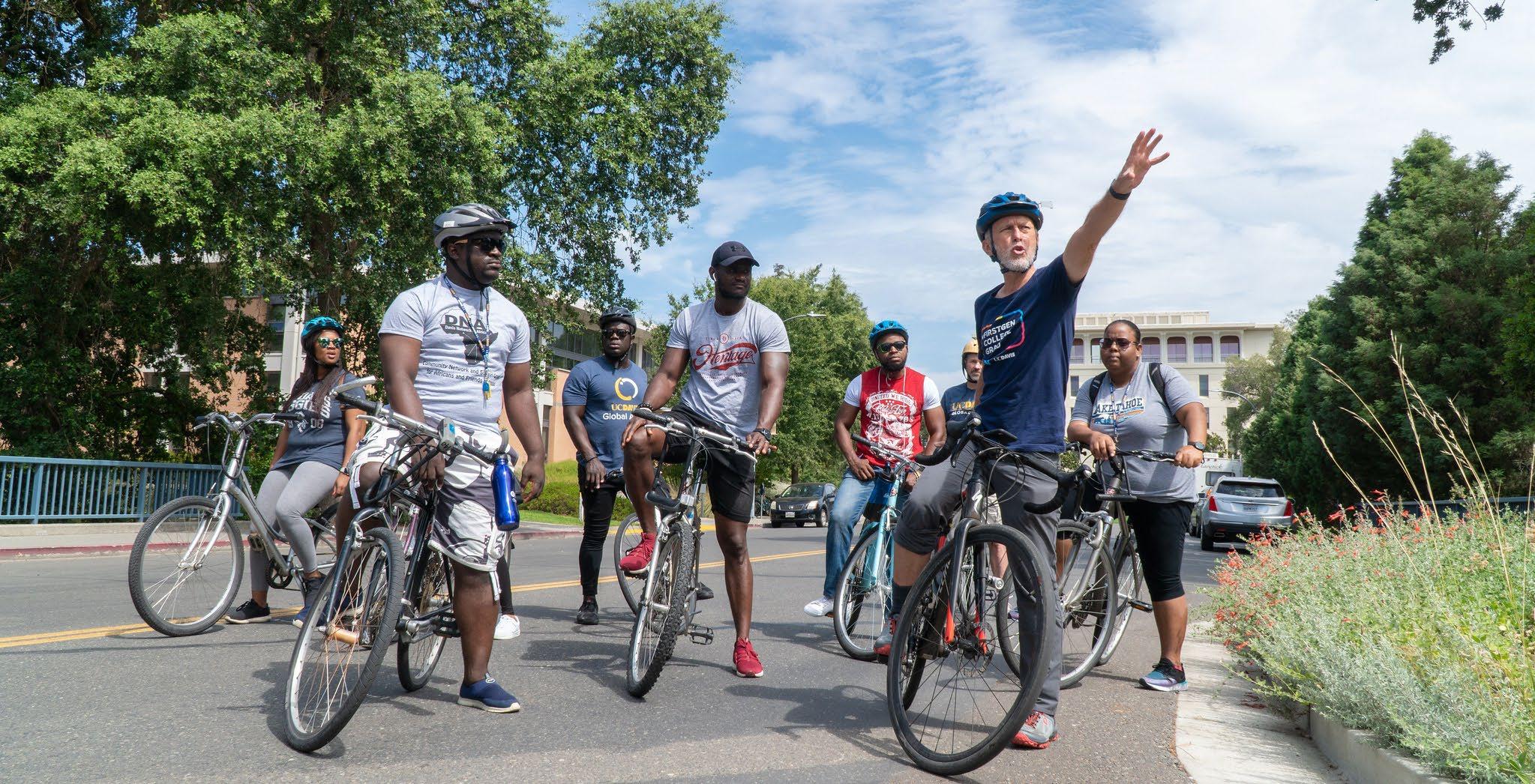
Davis, Sacramento and the surrounding areas boast history and culture–from museums and movie theaters to world class bike trails and delicious restaurants. There is too much to list it all, but look online for some ideas. Here are a few good places to start:
→ For ideas in Davis, search The Davis Enterprise, The California Aggie, or the UC Davis Calendar
→ For things to do in Sacramento, visit sacramento365.com, Sacramento Bee, Sactown magazine and Sacramento News and Review
→ For restaurant reviews and other recommendations, visit yelp.com
Outdoor Adventures is a program by UC Davis Campus Recreation that offers classes and trips around California that take you rock climbing, kayaking, outdoor rafting and backpacking. These classes are offered several weeks of the quarter and have an additional fee. Learn more at memorialunion.ucdavis.edu/events.
Visit Oxford Circle Park (known as “Big People’s Park”) and Slide Hill Park in Davis to pretend you’re a kid again!
International House Davis (I-House) is a non-profit community-based organization located at 10 College Park Drive, across the street from campus. Though it is not an official part of UC Davis, you will often find collaborations with campus. With a mission to promote respect and appreciation for all people and cultures, I-House encourages a global community by providing opportunities for cross-cultural interaction and exchanges through
Davis and Sacramento are diverse communities with many different religions represented, and many places of worship and religious and spiritual organizations.
Davis: localwiki.org/davis/Religious_and_Spiritual_ Organizations
Sacramento: localwiki.org/sac/Religious_Organizations
events programs, activities and services. Learn more at internationalhousedavis.org
Every Saturday morning and Wednesday evenings in season, enjoy the Davis Farmers Market in Central Park. You will also find street fairs or festivals hosted in Central Park throughout the year. Downtown Davis boasts many cafes and restaurants, as well as retail shops to browse and buy. Students will find student discounts all over town, so look for them or ask if there are any available. Catch a movie at one

Sacramento is the capital of California, located about 20 minutes from Davis. With more than 25 historical museums and other attractions, including a zoo, Sacramento is a city worth exploring. It’s also known as America’s “Farm to Fork capital,” which is an integral part of all the cuisine offered in Sacramento.
Sacramento Broadway and Music Circus brings nationally touring musical and theatrical performances to the capital city. Look for concerts, comedians and seminars visiting large and small venues throughout the Sacramento area.
Additionally, Sacramento is the perfect place to watch live professional sports. Catch a Sacramento Rivercats baseball game (and temporarily, beginning in 2025, the Athletics will share a ballpark with the Rivercats), a professional Sacramento Kings basketball game at Golden 1 Center or a Sacramento Republic professional soccer game.
As the center of the Gold Rush, San Francisco is one of California’s most historic cities—it’s also one of the most recognizable. Some iconic sites include the Golden Gate Bridge, Fisherman’s Wharf and Alcatraz Island. San Francisco is the hub of entertainment in the Bay Area where you can enjoy beautiful Golden Gate Park, museums, restaurants, and events, including performances and professional sports such as San Francisco Giants baseball and Golden State Warriors basketball. Just under 100 miles from the Davis and Sacramento areas, it’s a great day trip.
Napa
Napa Valley is known as one of the best wine regions in the world. Located only an hour away from Davis, Napa offers more than 400 wineries to visit and a great selection of family-friendly restaurants.
Tahoe
Tahoe is a good weekend getaway for those who love the outdoors. With breathtaking landscapes ranging from Lake Tahoe’s beaches to the surrounding Sierra Nevada mountains, Tahoe is a year-round destination. Tahoe is the area’s most popular place to experience snow, skiing, and snowboarding in the winter. During other seasons, hiking, kayaking, canoeing and fishing are popular.
“Take advantage of the beautiful landscapes and coastline while you’re in California! There are some amazing hikes in Northern California, including some right by the beach. Point Reyes is great place to visit, and there’s even a waterfall (Alamere Falls) you can hike to.”
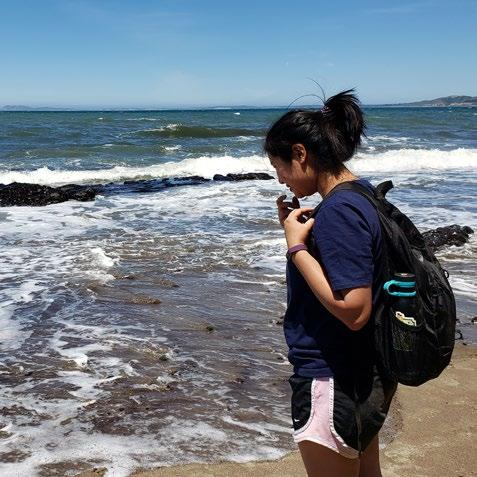
—Janice Tse, Intercultural Program Coordinator, Global Learning Hub, Global Affairs
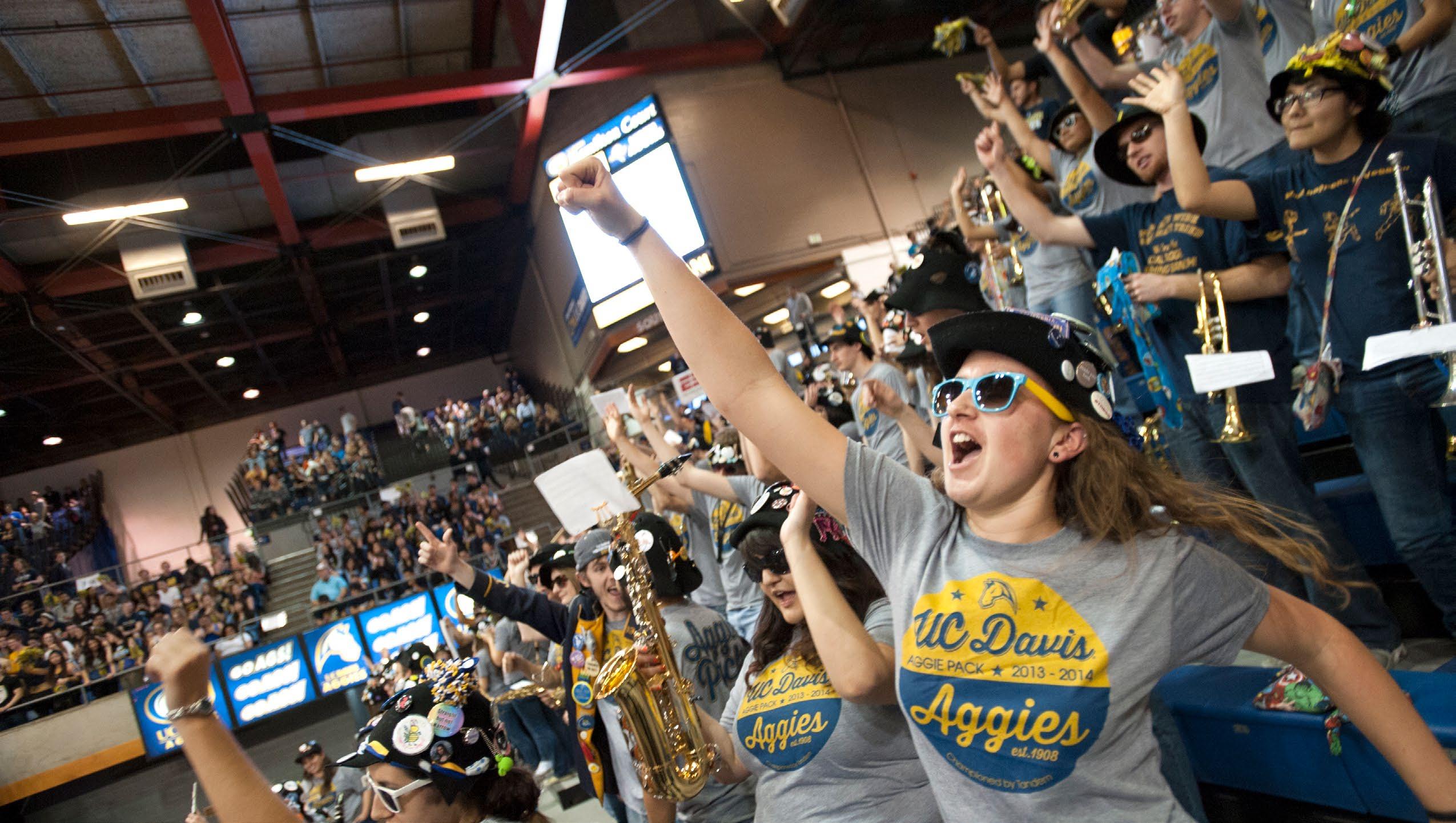
Global Affairs has many options for students to connect with the world around them through global learning opportunities.
Studying in the U.S. is just one of the many global experiences you can have while at UC Davis. There are so many more, including studying abroad for part of your time at UC Davis. Through the Global Learning Hub within Global Affairs, every UC Davis student can find global learning opportunities on campus, in the region and around the world.
To learn more and use the global learning search tool, visit globallearning.ucdavis.edu.
UC Davis students, scholars and alumni have access to GoinGlobal’s exclusive portal for free. GoinGlobal provides all the resources students need to fast-track their academic and career objectives. From pre-departure advice to ensure a positive study abroad or internship experience to identifying employment opportunities at home and abroad, GoinGlobal is the proven competitive advantage for success at all levels of the university experience.
To learn more, visit siss.ucdavis.edu/goinglobal
Remember, for case-specific immigration advice, contact your SISS advisor.
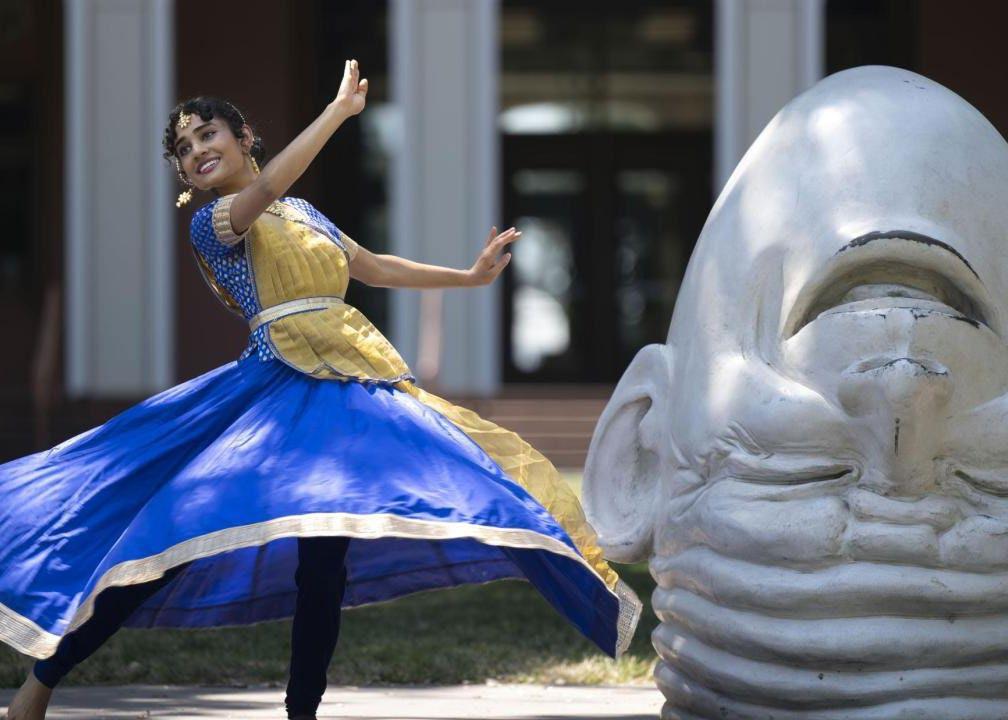
Global Aggies are members of the UC Davis community who are living the Global Affairs mission: to inspire and advance global curiosity, understanding, and engagement. Visit globalaffairs.ucdavis.edu/globalaggies to learn more.
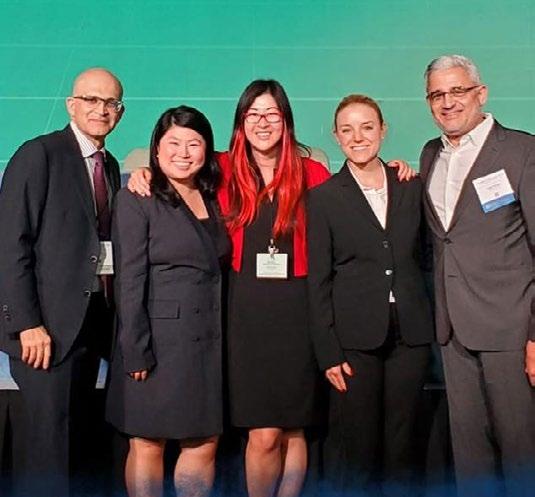
International scholar and chief of cardiothoracic surgery at UC Davis Health, Bob Kiaii, is an international expert in robotic heart surgery who leads a surgical team that treats complex diseases of the chest using minimally invasive techniques.
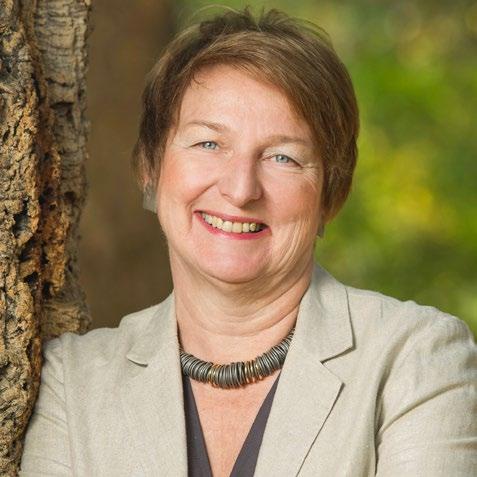
UC Davis is a global campus and we are lucky to have two world-class offerings right here in the Jan Shrem and Maria Manetti Shrem Museum of Art and the Robert and Margrit Mondavi Center for the Performing Arts. Each bring fantastic art, music and performances from all over the world–and remind us of the importance of experiencing different perspectives. I hope to see you at a show or exhibit soon!”
— Joanna Regulska, Vice Provost and Dean of Global Affairs | Distinguished Professor of Gender, Sexuality and Women’s Studies
International students and former Global Ambassadors Jonathan Su and Jeremy Chuardy took a taste from their home countries and developed a sustainable soy-based cracker that earned a spot in a major product development competition.
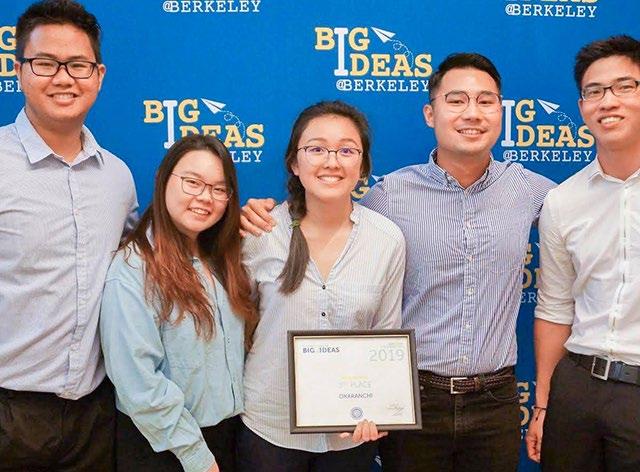
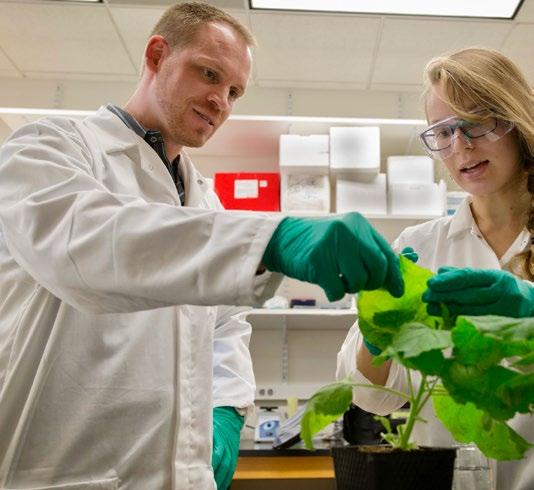
International scholar and plant biologist Philipp Zerbe leads by example, inspiring his students to embrace an intercultural and interdisciplinary approach through exchanges and exposure to collaborative research.
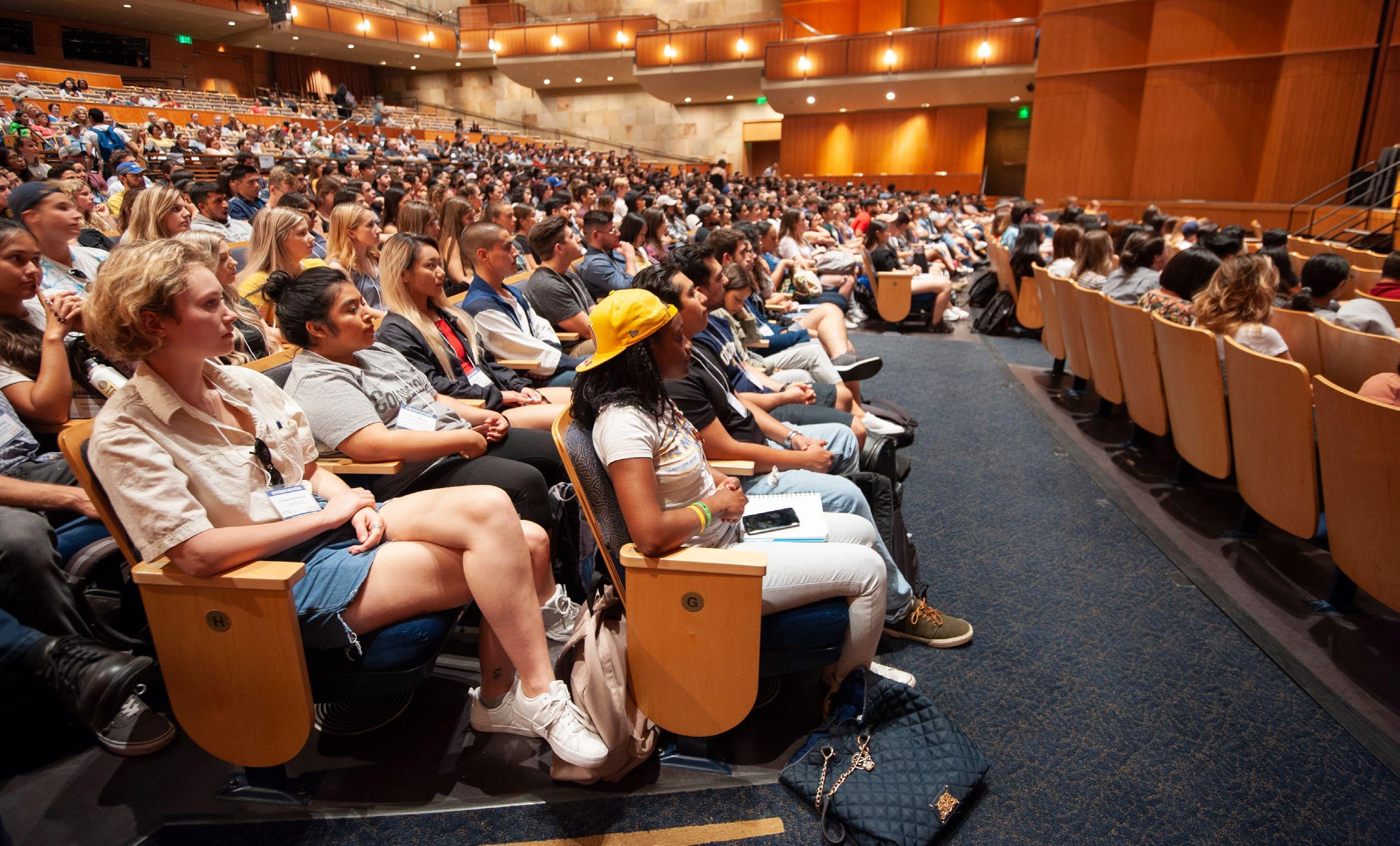
students, scholars, and their families are invited to march in the parade with UC Davis Global Affairs and I-House Davis, and participate in globally inspired exhibits while exploring the fun throughout campus. Learn more at picnicday. ucdavis.edu
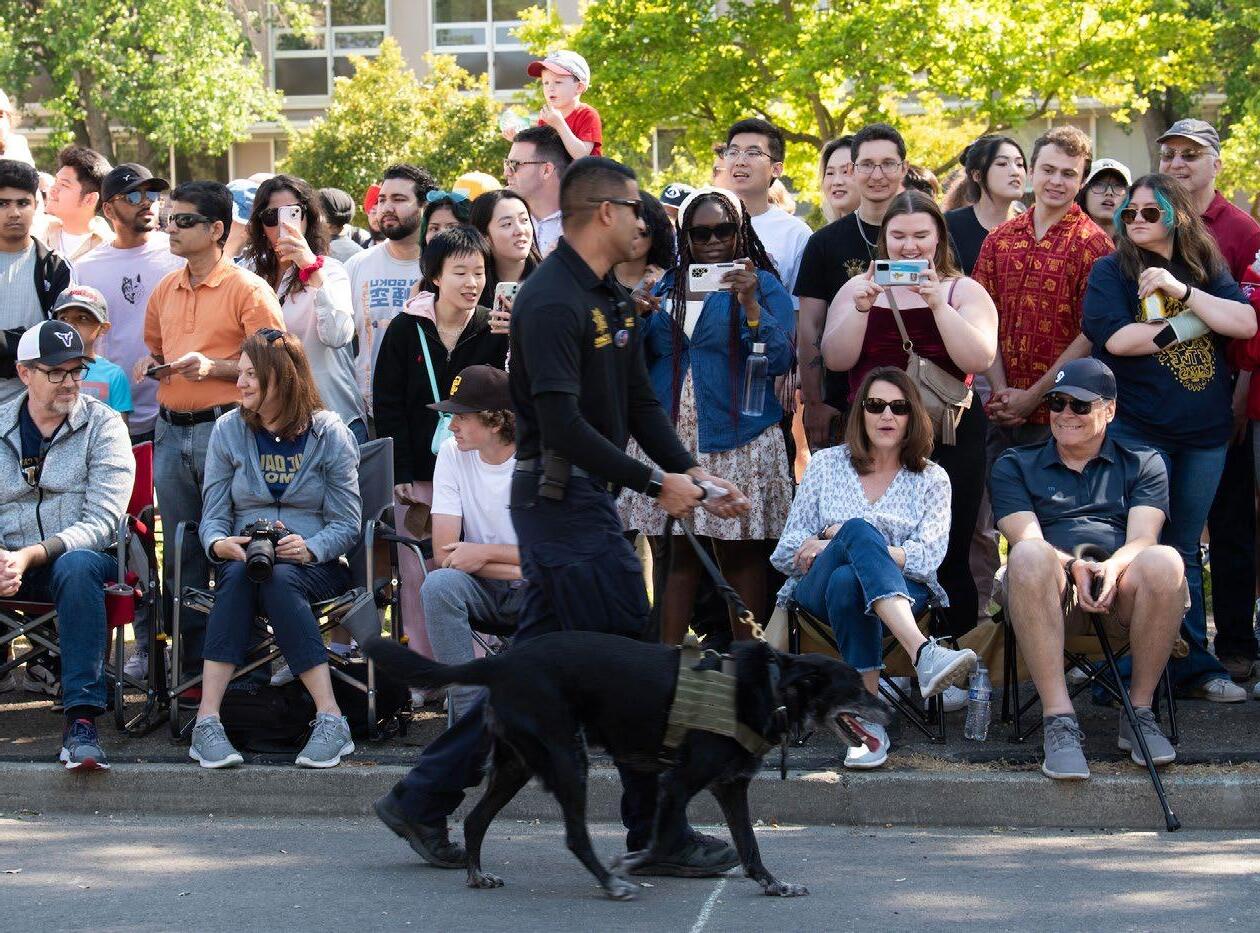
What began in 1969 as a small art class project on the UC Davis Quad evolved into a weekend celebrating activism, wellness and environmental sustainability. It is a free student-run, family-friendly event, attracting over 30,000 visitors typically held in May on Mother’s Day weekend. Learn more at wef.ucdavis.edu
postdoc-appreciation-week
The International House Davis (I-House) and UC Davis invite people of all cultural backgrounds to participate in a day full of festivities like cultural performances and food tastings. Learn more at internationalfestivaldavis.org.

“It is natural to feel a little nervous starting somewhere new. There are many opportunities on campus that can help in your transition to UC Davis. There are more than 750 student organizations at UC Davis that focus on a broad range of topics. The Involvement Fair occurs early in fall quarter and is a great chance to see more than 200 groups and other opportunities for involvement. It may take some effort to get involved, but the rewards of connecting with other students on campus is well worth it. More information can be found at csi.ucdavis.edu.”
—Paul V. Cody, Assistant Director, Center for Student Involvement


STUDENT HEALTH AND COUNSELING SERVICES
shcs.ucdavis.edu, (530) 752-2349
Appointments, 24/7 After-Hours Counseling Services, 24/7
Student Health Advice Nurse
CAMPUS RECREATION AND UNIONS campusrecreation.ucdavis.edu, (530) 754-5306
Fitness, wellness and recreation programs through facilities and programming
DAVIS WIKI daviswiki.org
INTERNSHIP AND CAREER CENTER icc.ucdavis.edu, (530) 752-2855
STUDENT HOUSING housing.ucdavis.edu, (530) 752-2033
WOMEN’S RESOURCES AND RESEARCH CENTER wrrc.ucdavis.edu, (530)752-3372
CENTER FOR ADVOCACY RESOURCES AND EDUCATION care.ucdavis.edu (530) 752-3299 (Davis Campus) (916) 734-3799 (UC Davis Health) Confidential crisis intervention and victim advocacy including:
• Navigating options, rights and resources
• Hospital, law enforcement and/or court accompaniment
• Advocacy for academic assistance and/or reporting violations to Student Judicial Affairs
HEALTH EDUCATION AND PROMOTION shcs.ucdavis.edu/hep
Offers information and resources on a variety of topics including sexual health, stress, sleep and wellness, alcohol and other drugs
STUDENT RECRUITMENT AND RETENTION CENTER srrc.ucdavis.edu, (530)754-6836
CROSS CULTURAL CENTER ccc.ucdavis.edu, (530) 752-4287
COUNSELING SERVICES shcs.ucdavis.edu/counseling-services
• Individual Counseling
• Group Counseling (groups include men’s, women’s, Black, Latinx, LGBTQIA, survivors of sexual trauma and more)
• Stress and Wellness Clinic
• Mind Spa
• Referrals to on-campus and community resources
LESBIAN, GAY, BISEXUAL, TRANSGENDER, QUEER, INTERSEX, ASEXUAL RESOURCE CENTER lgbtqia.ucdavis.edu, (530) 752-2452
OFFICE OF STUDENT SUPPORT AND JUDICIAL AFFAIRS sja.ucdavis.edu, (530) 752-1128
Supports the University’s educational mission by upholding standards of academic honesty and responsible behavior, promoting student development, and assisting students in need.
HARASSMENT AND DISCRIMINATION ASSISTANCE AND PREVENTION PROGRAM
hdapp.ucdavis.edu
(530) 747-3864 (Davis main line) (530) 747-3865 (Davis anonymous line) (916) 734-3417 (Sacramento main line) (916) 734-2255 (Sacramento anonymous line)
Supports the University’s commitment to a harassment-free and discrimination-free work and learning environment.
MEDIATION SERVICES
ombuds.ucdavis.edu
(530) 754-7233 (Davis) (916) 734-1600 (Sacramento)
Conflict management for faculty, staff and graduate